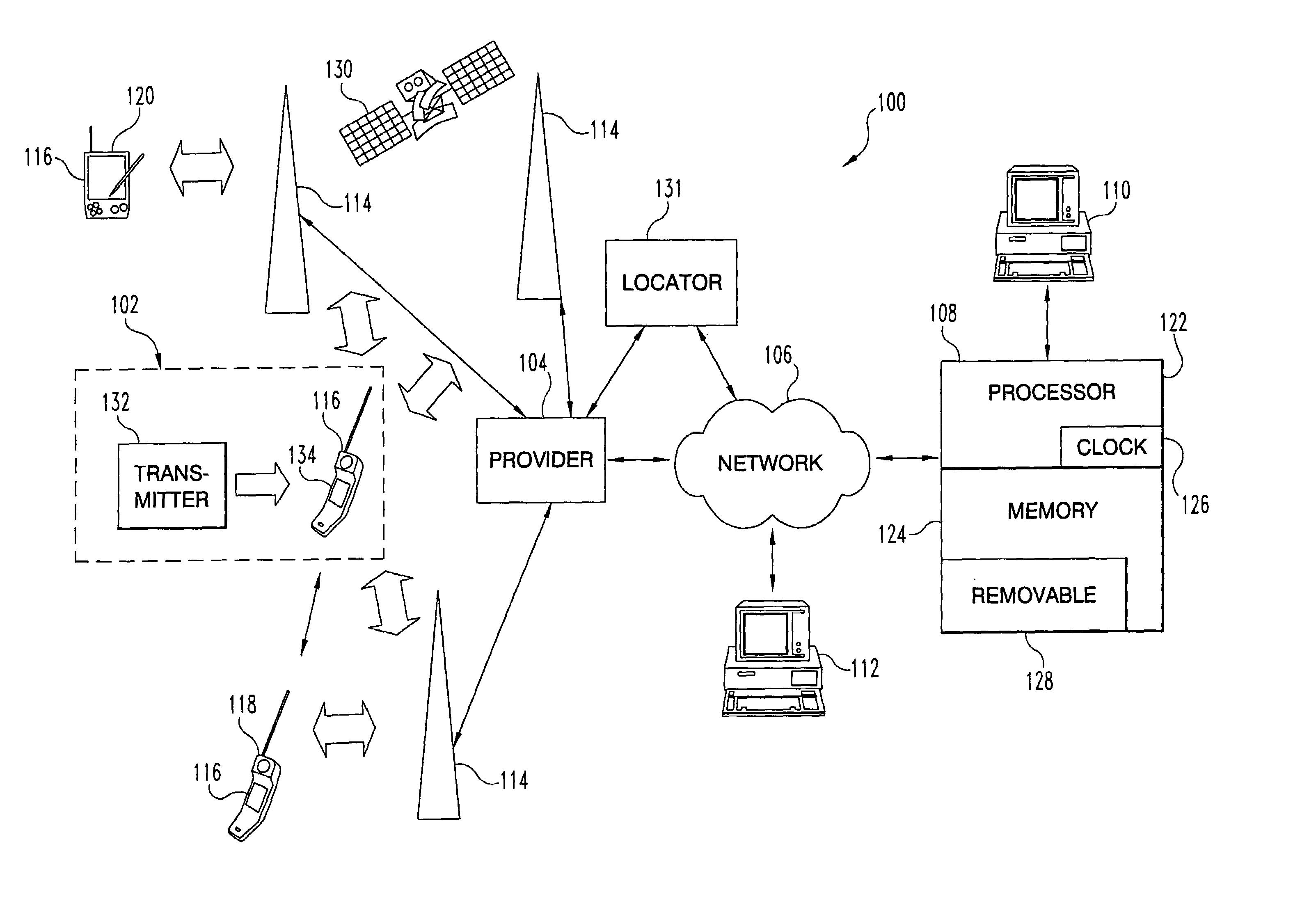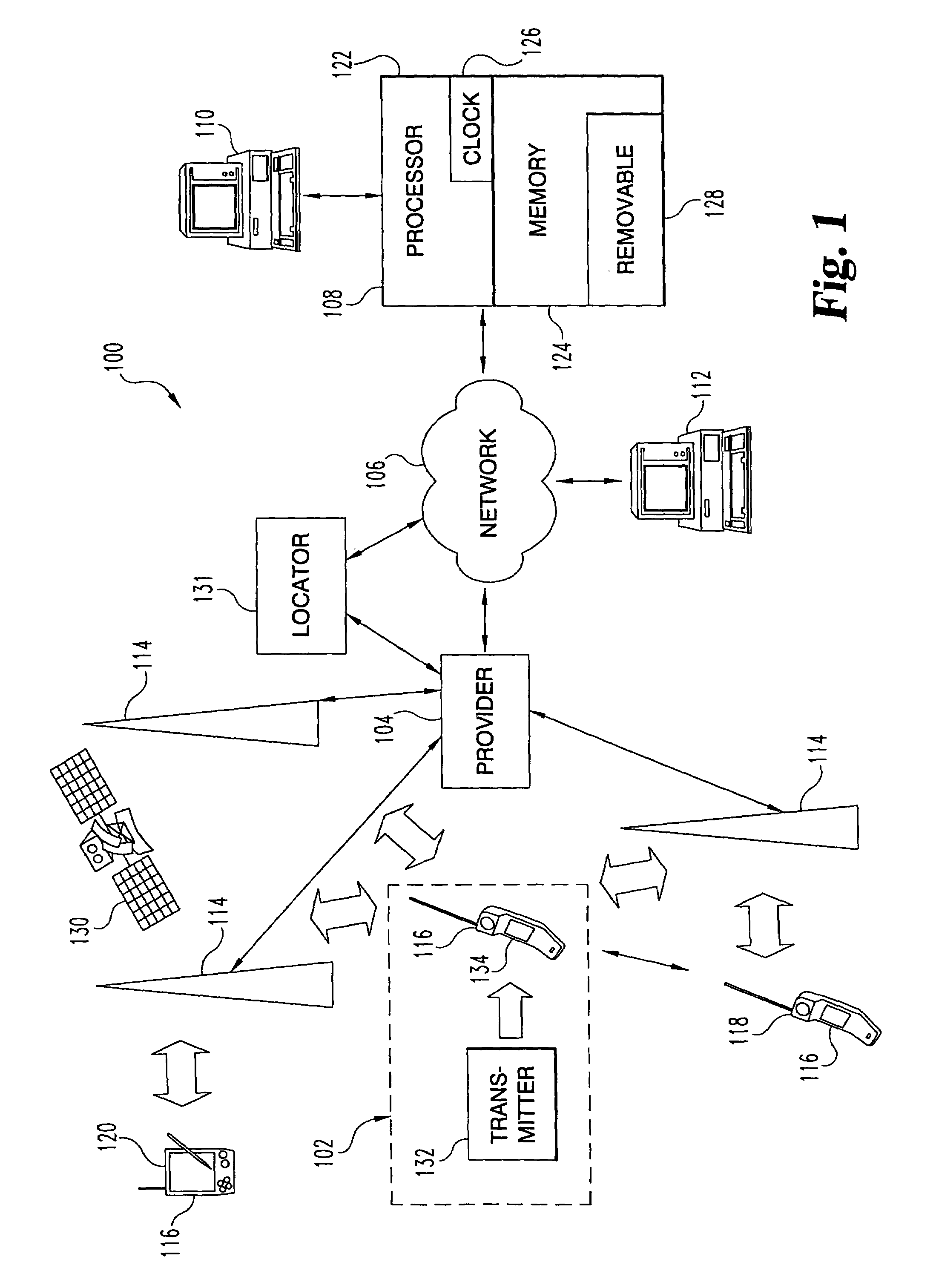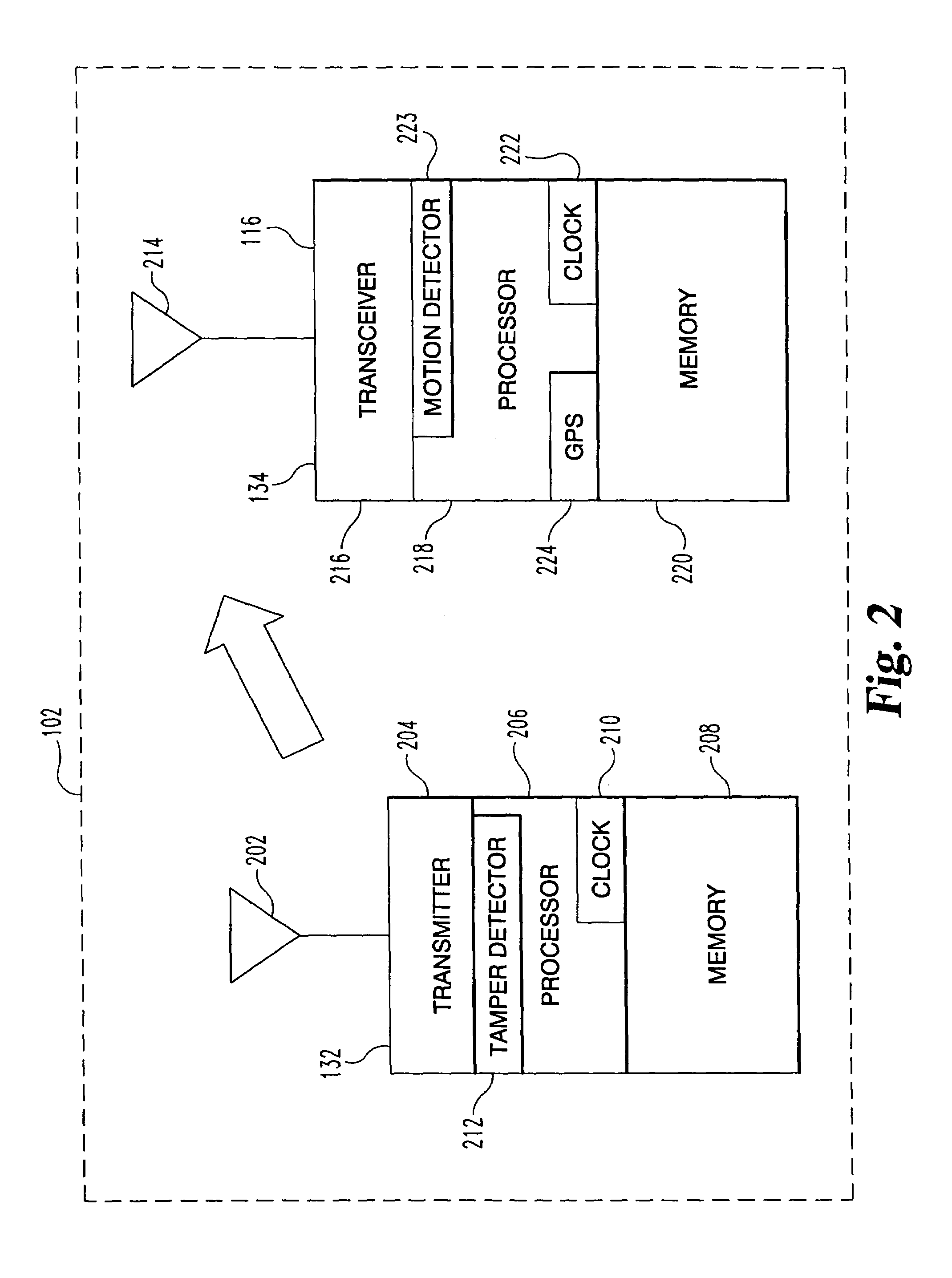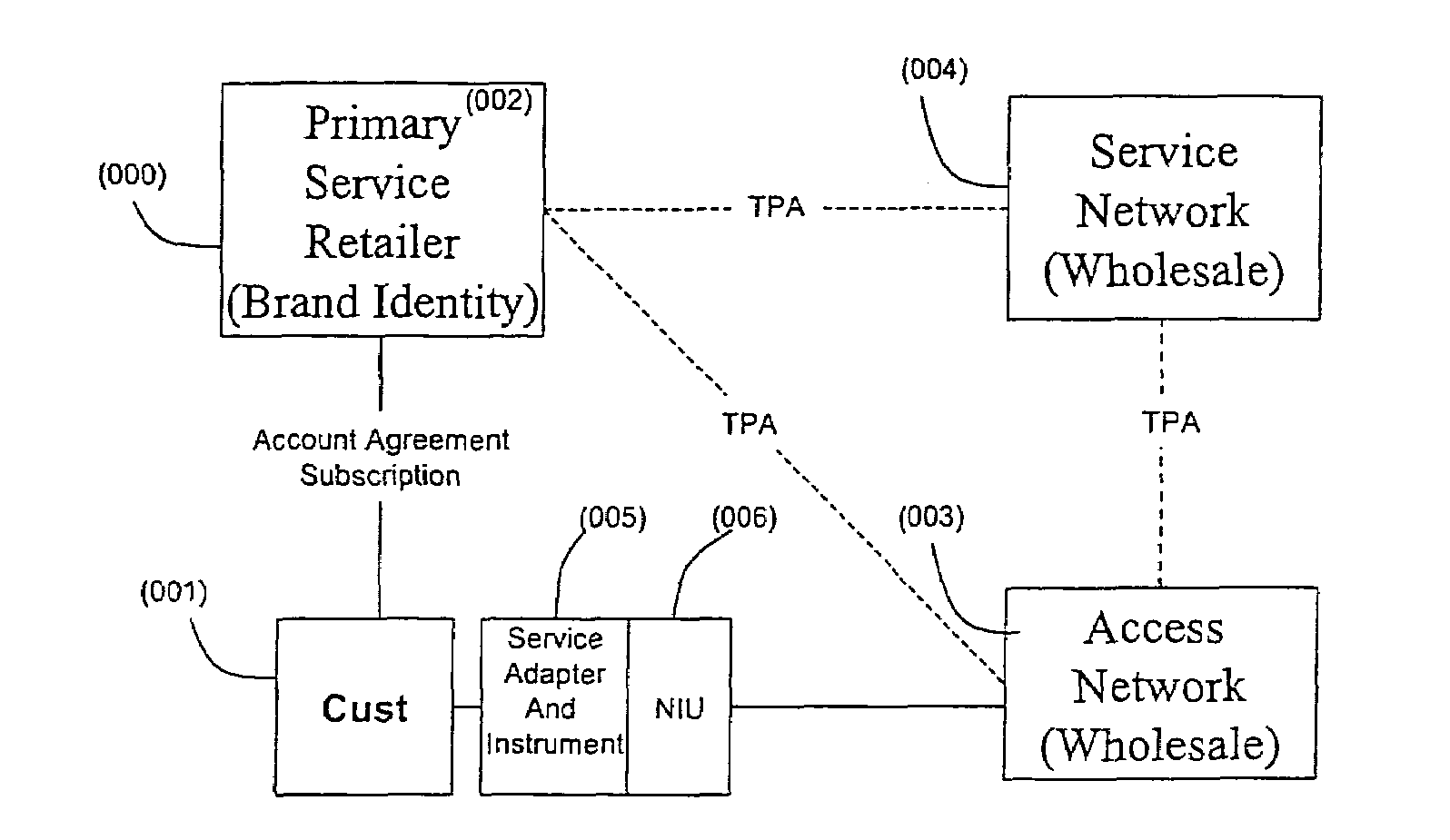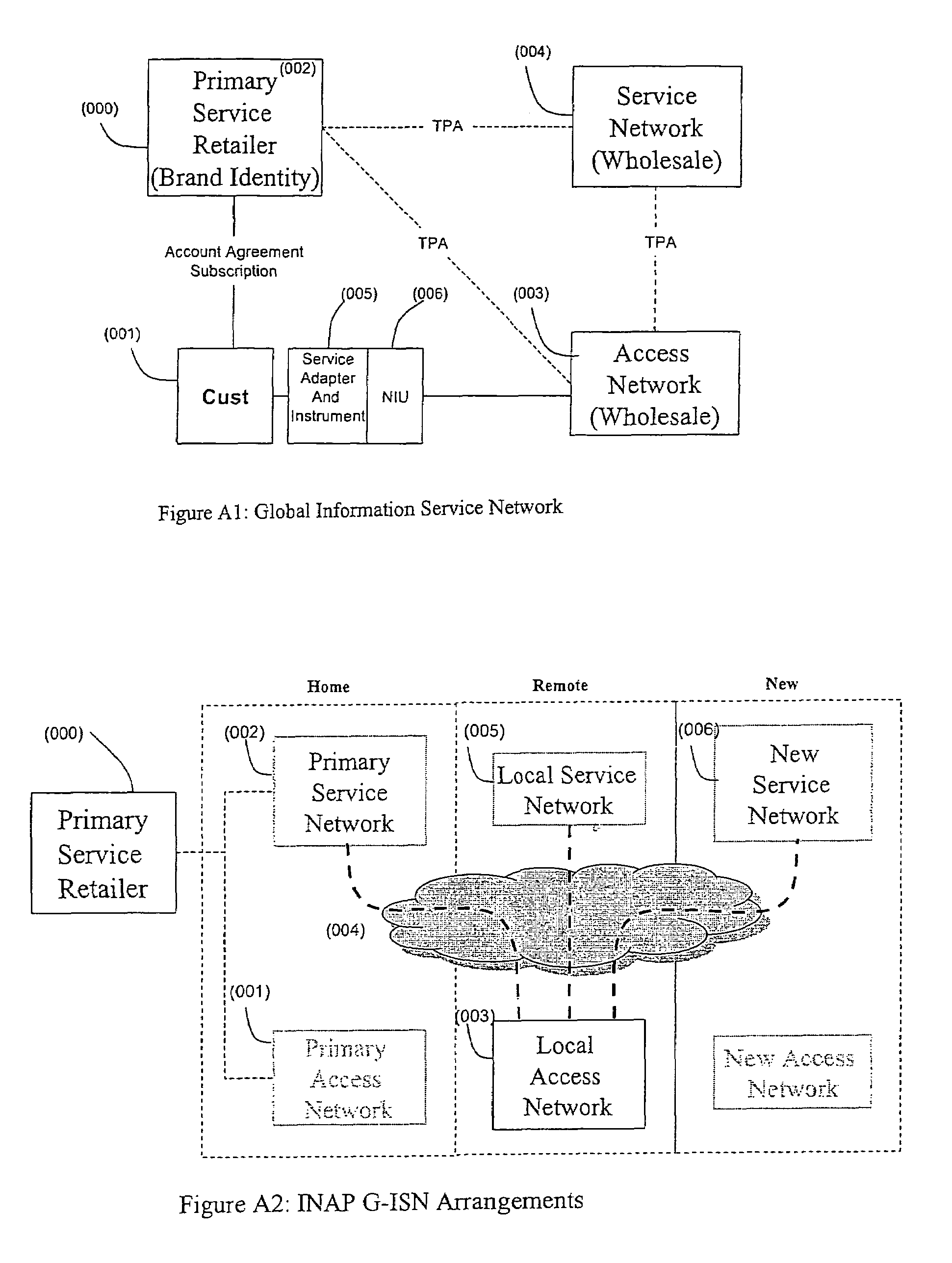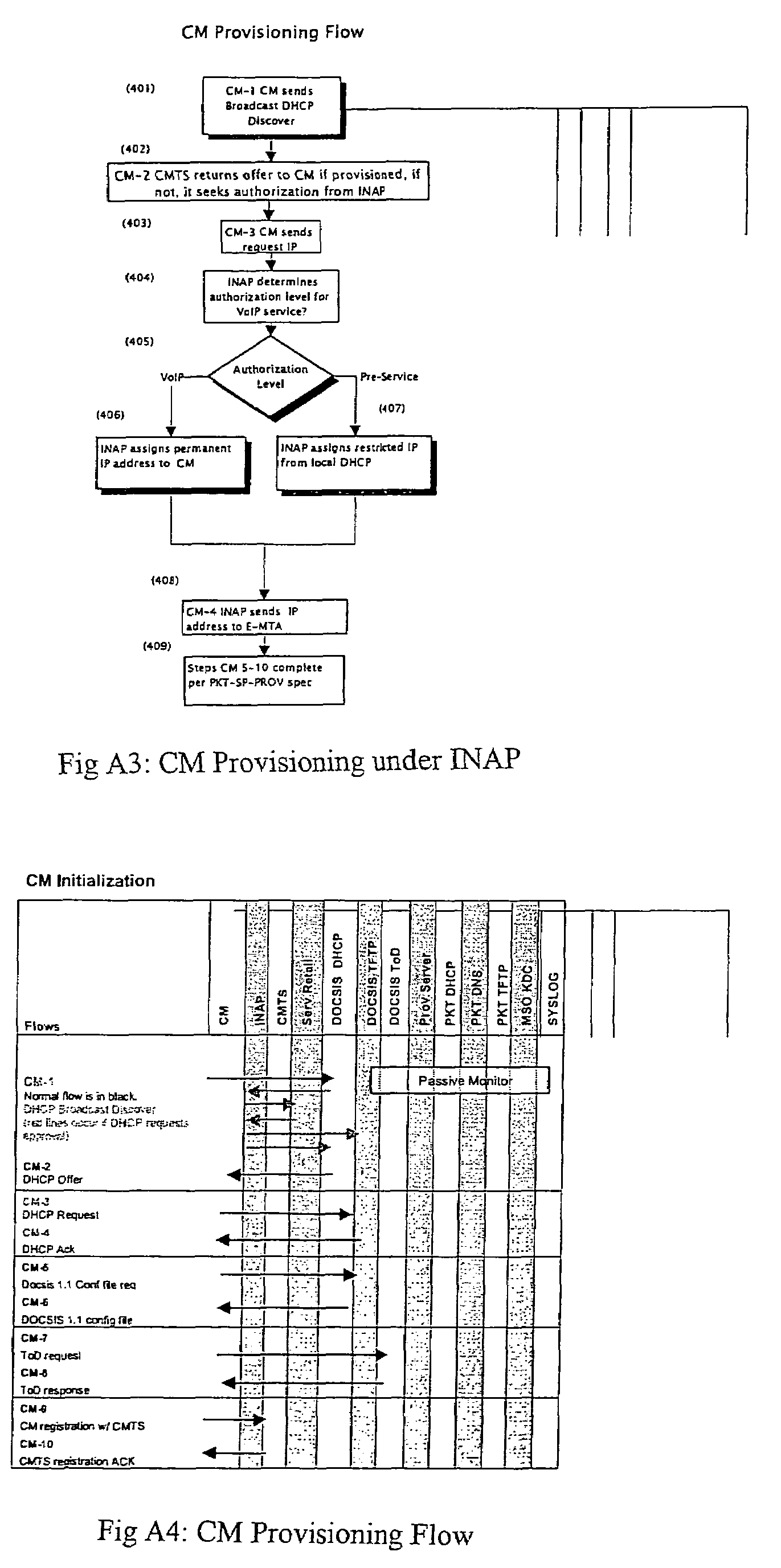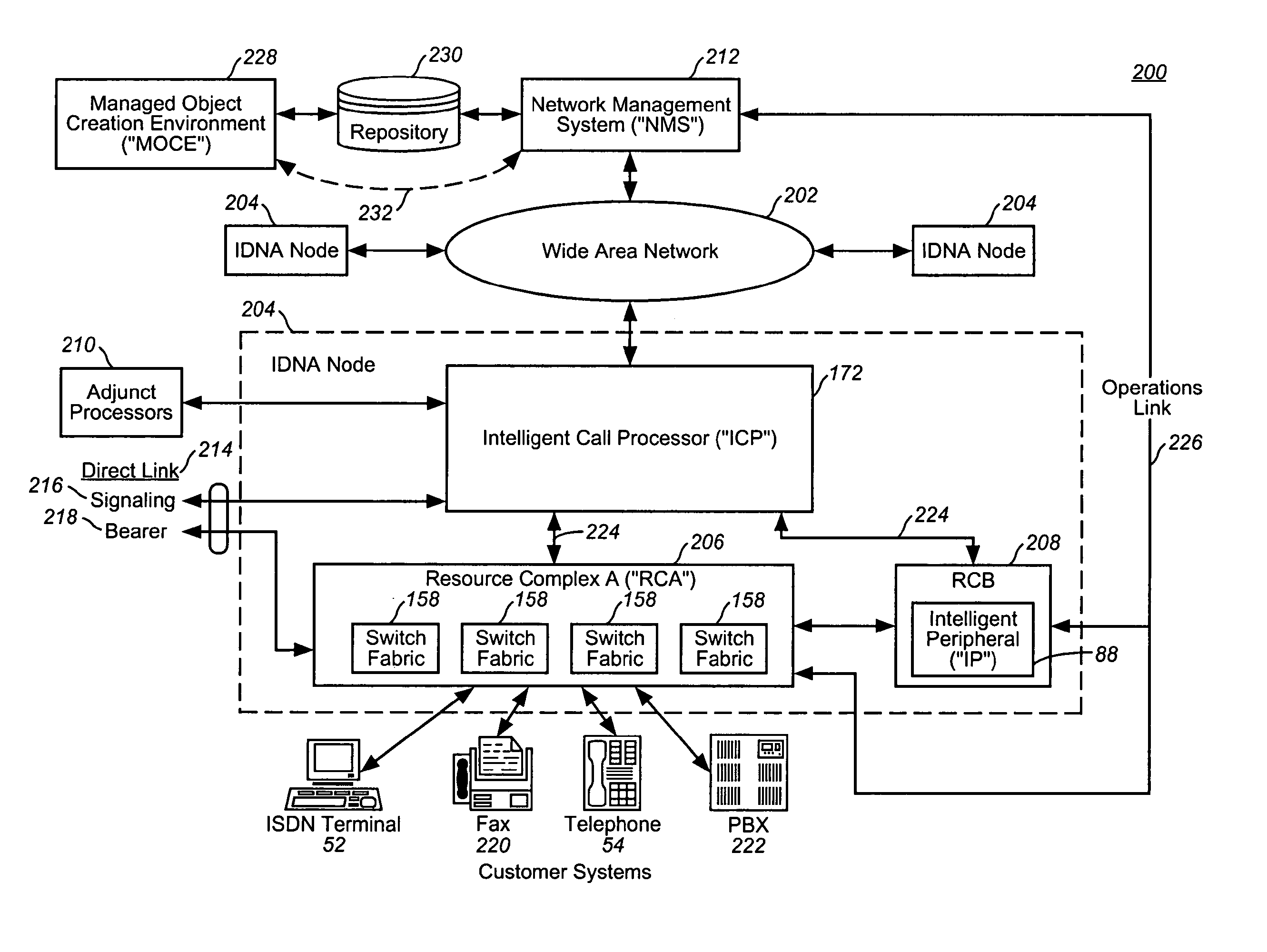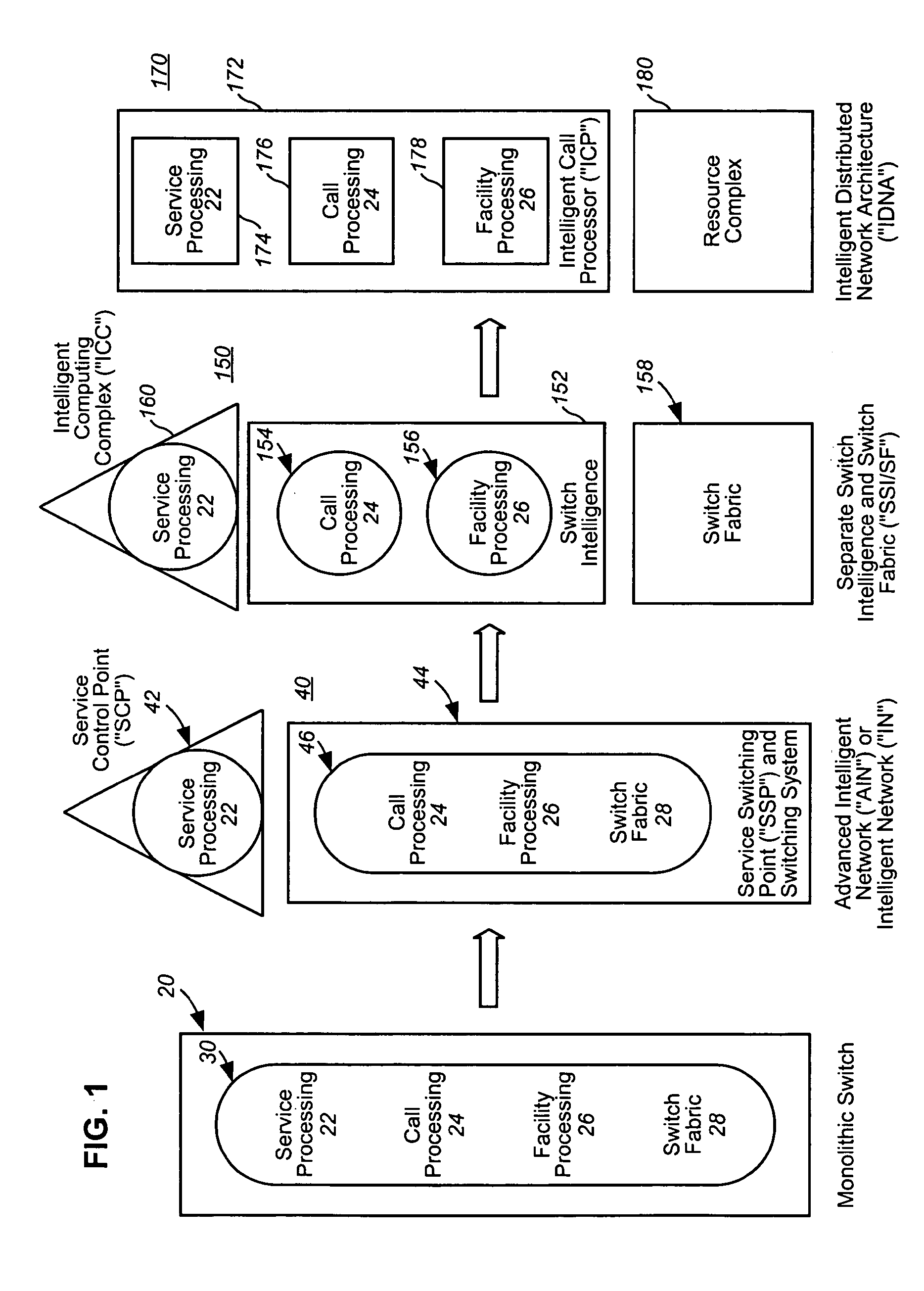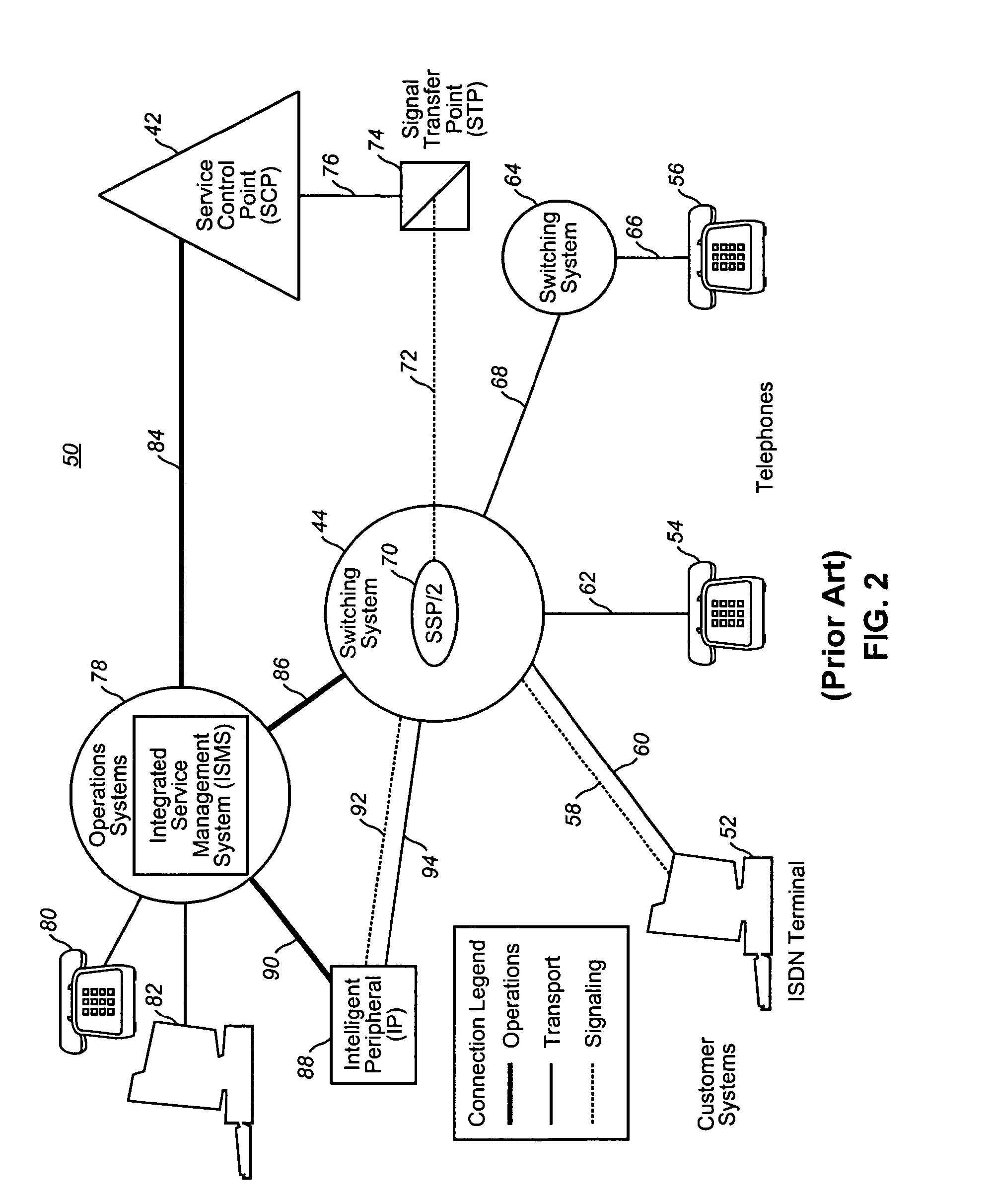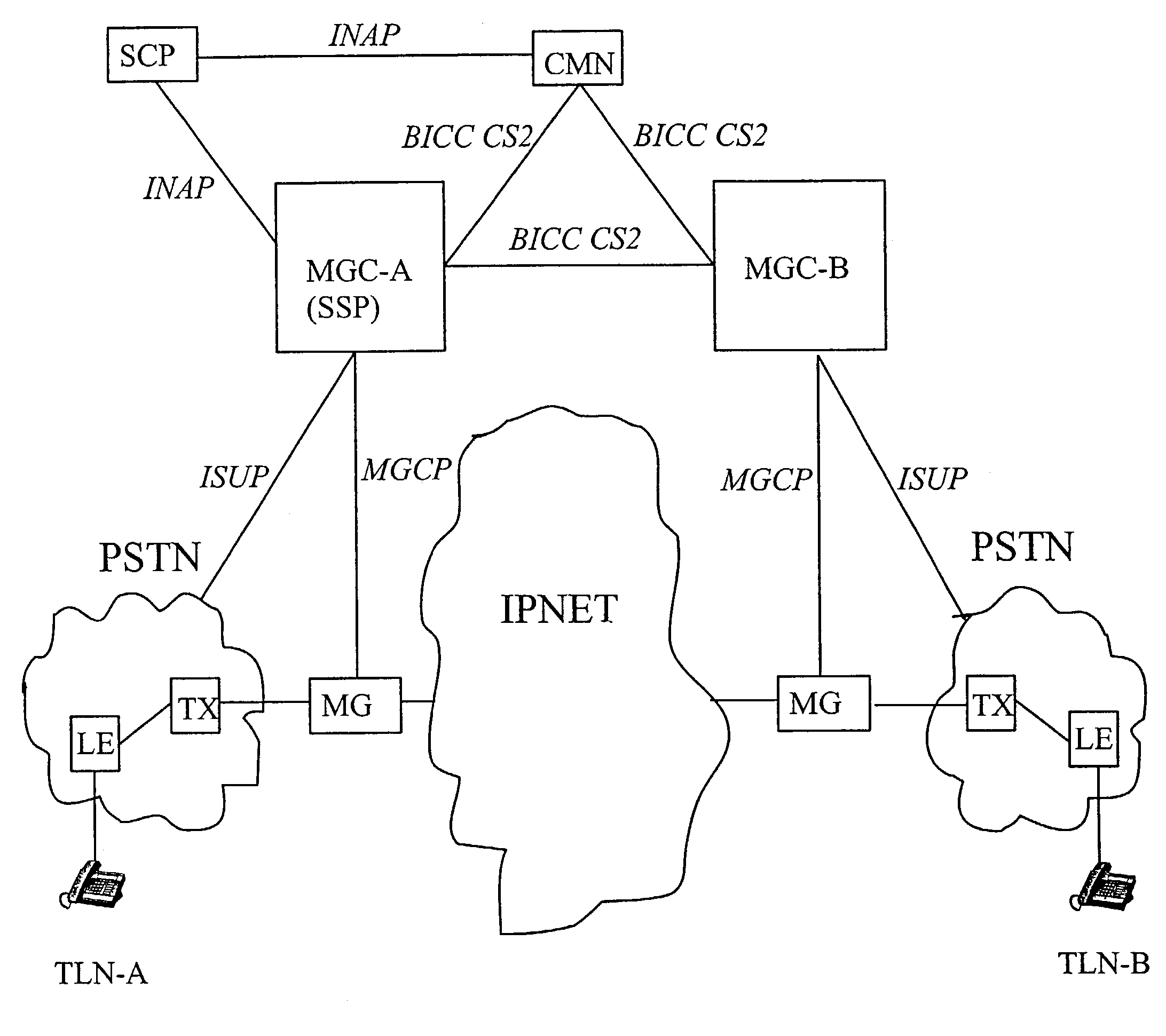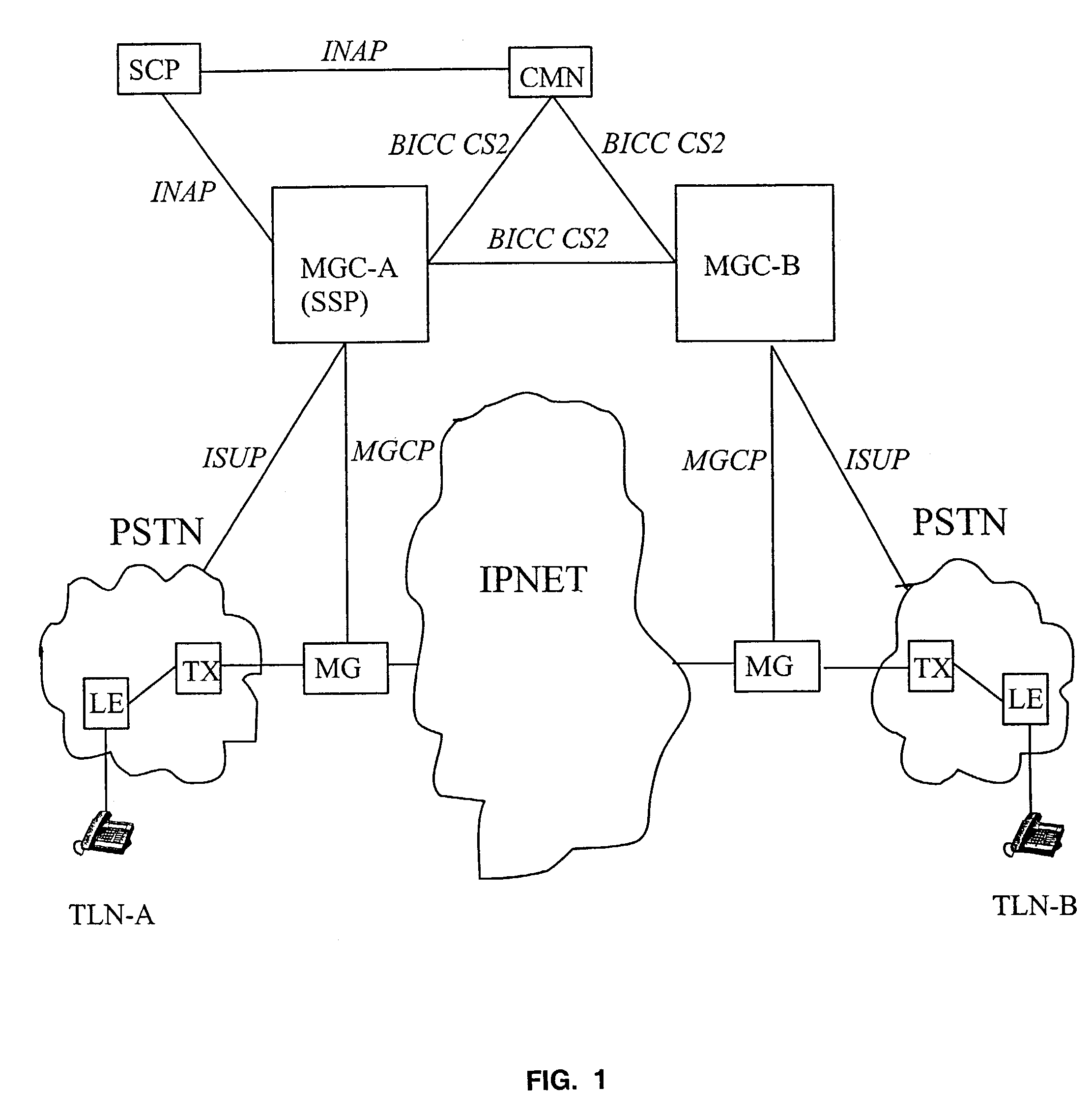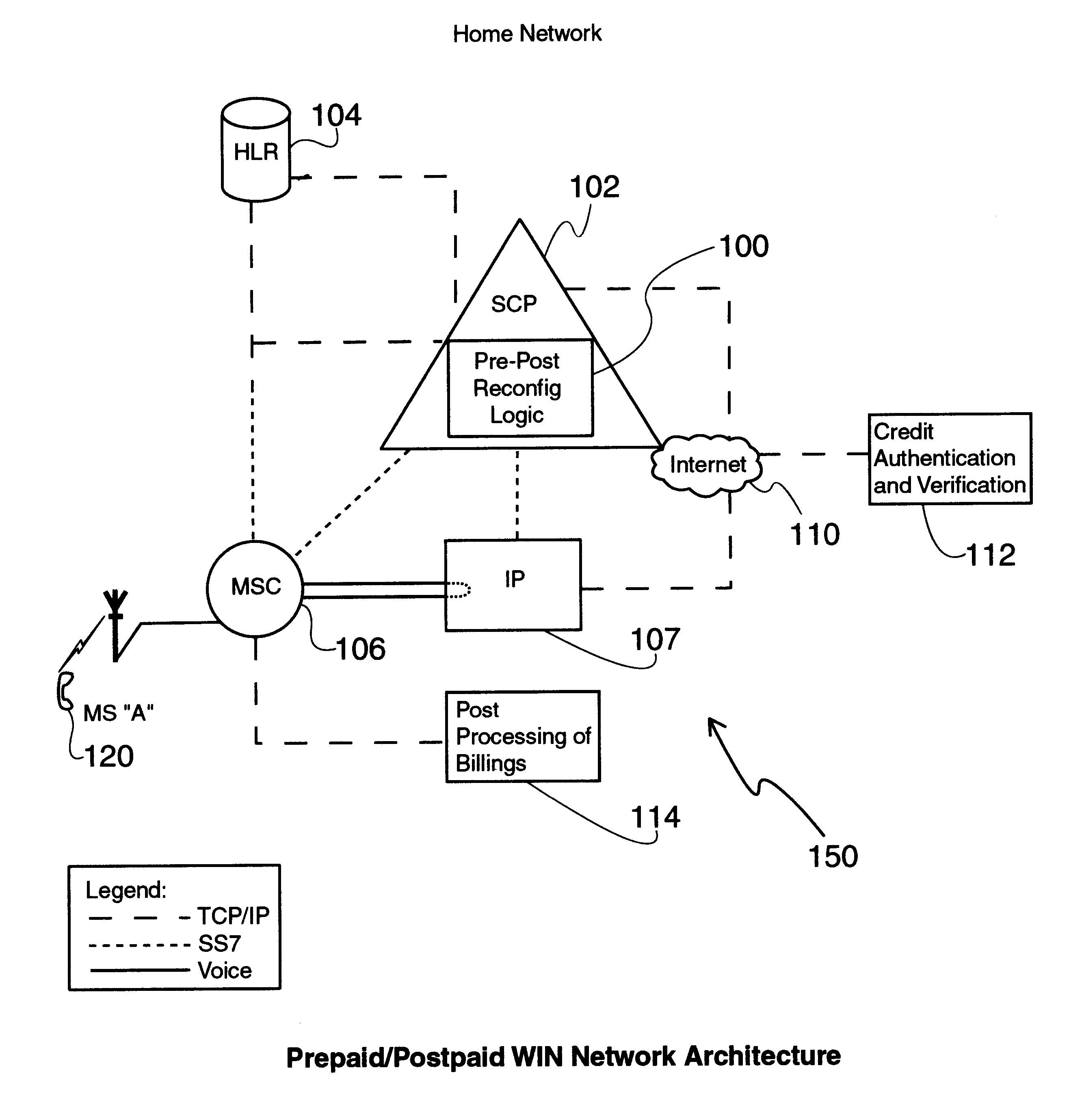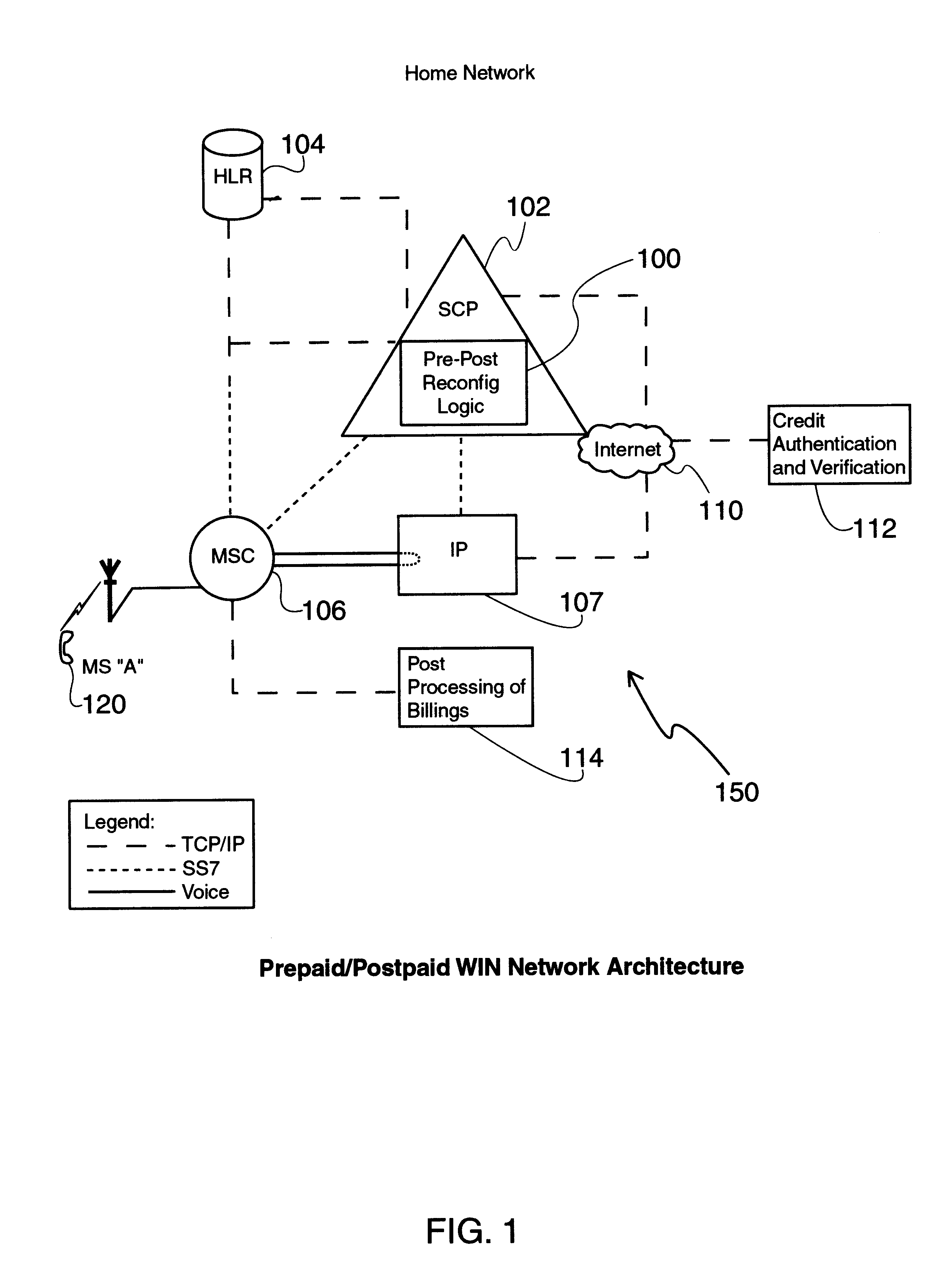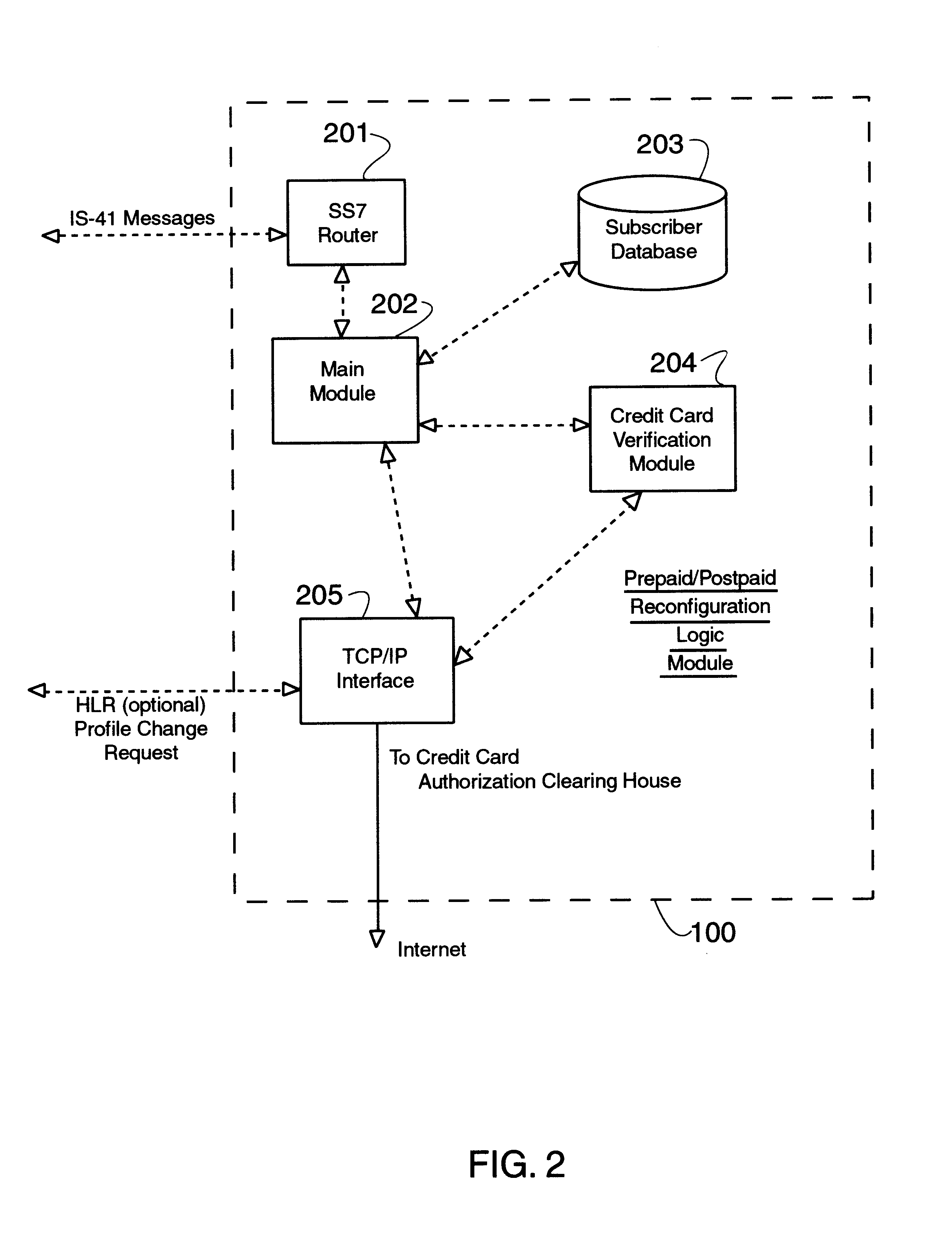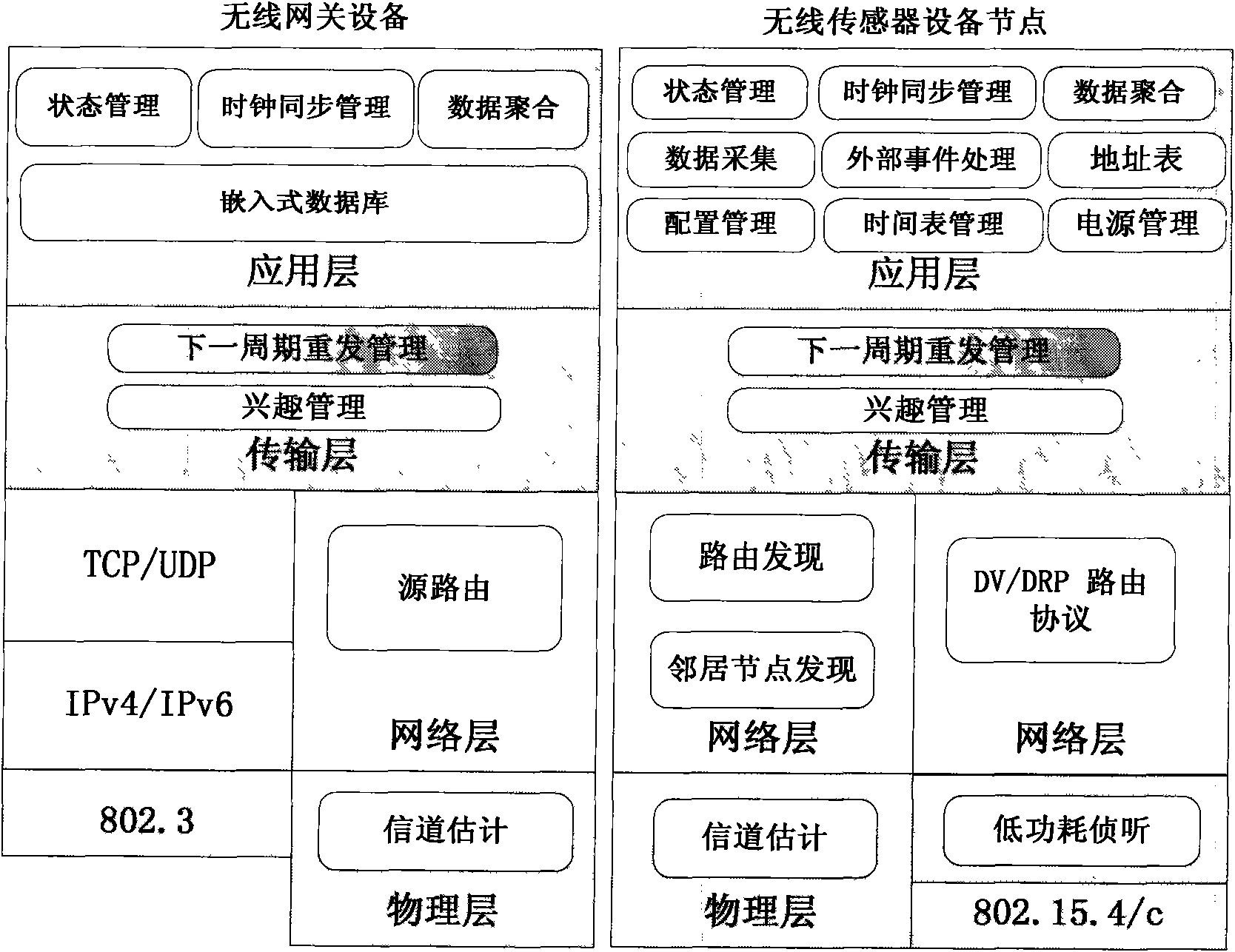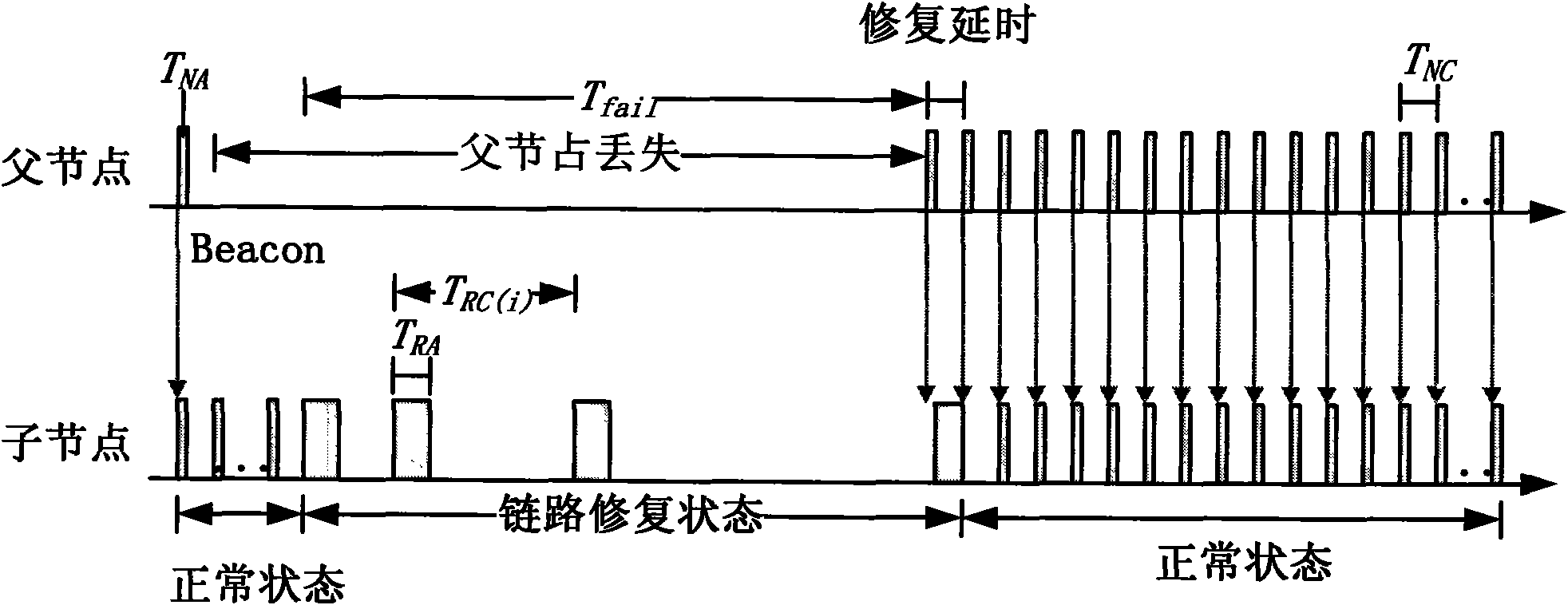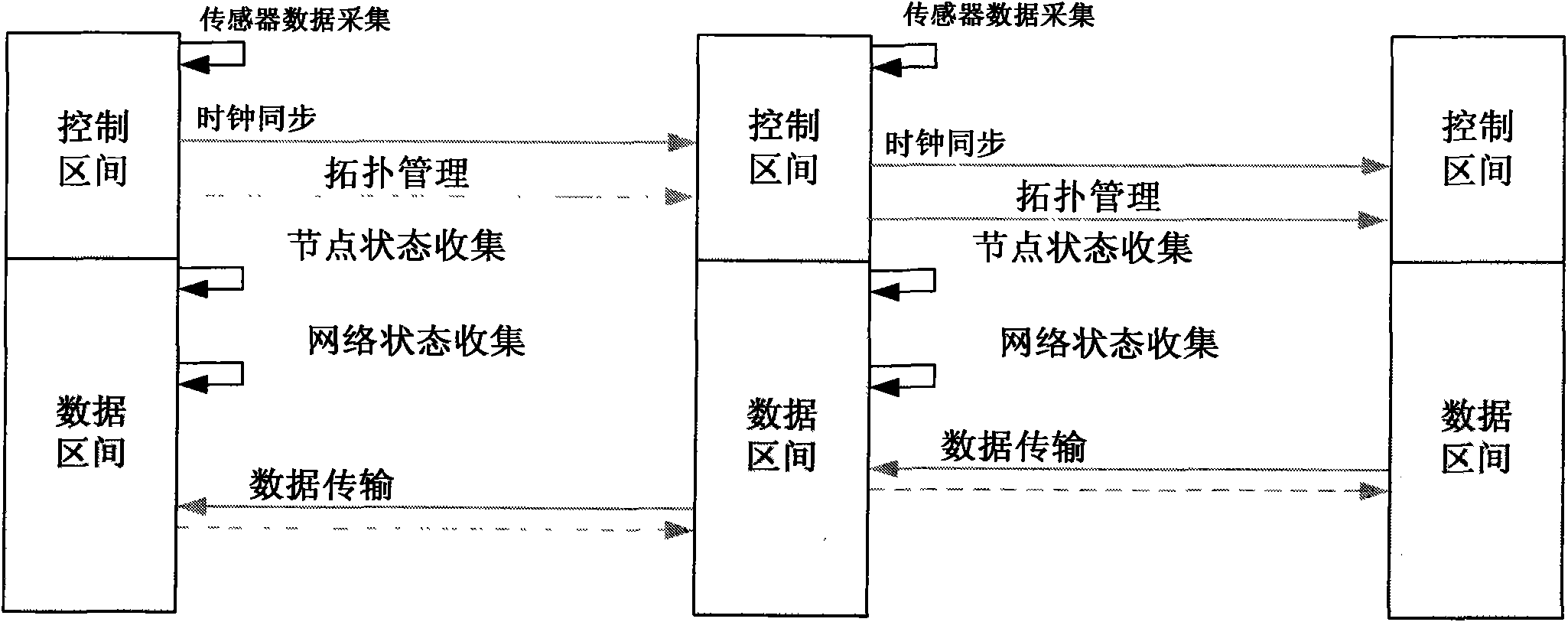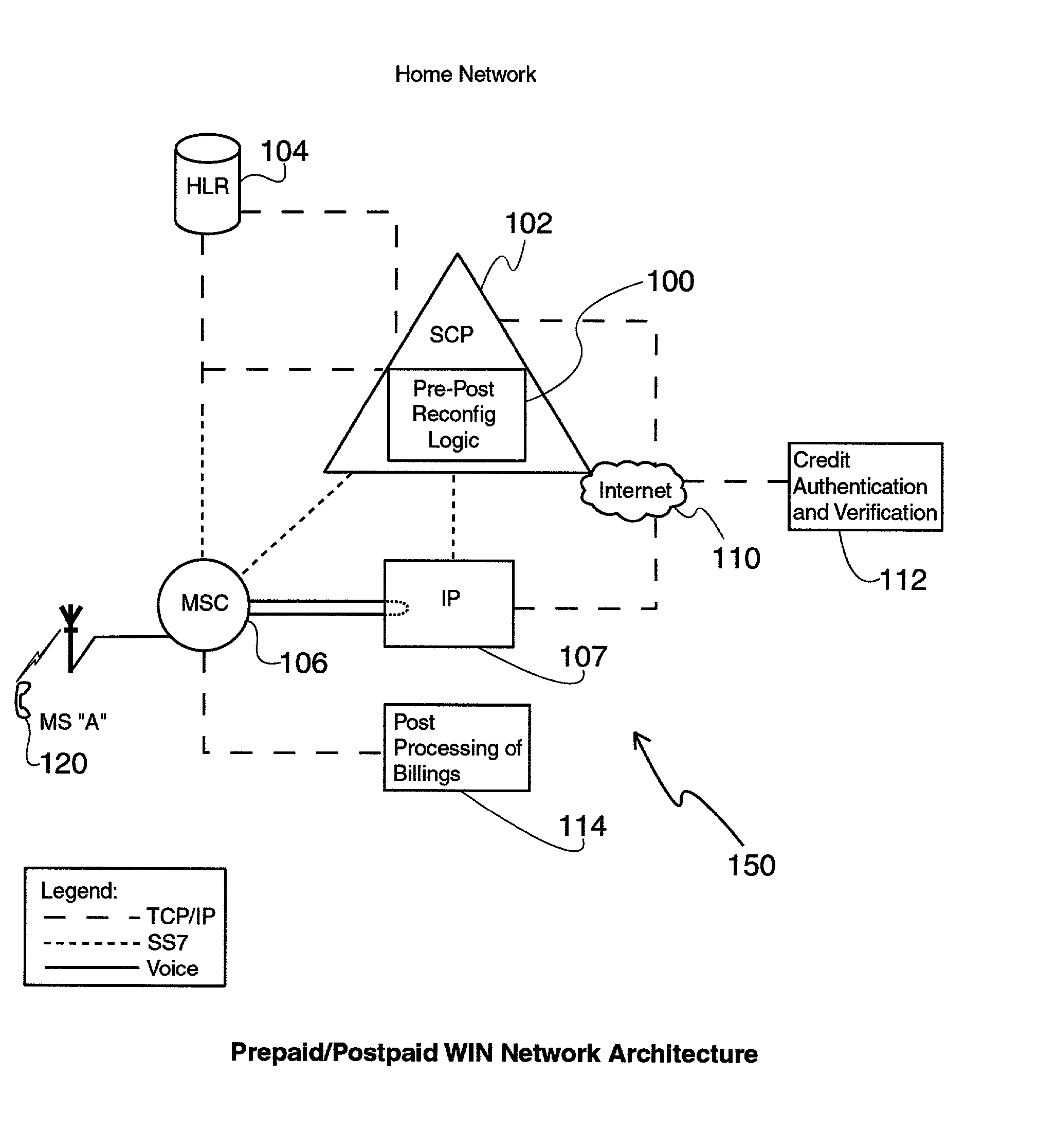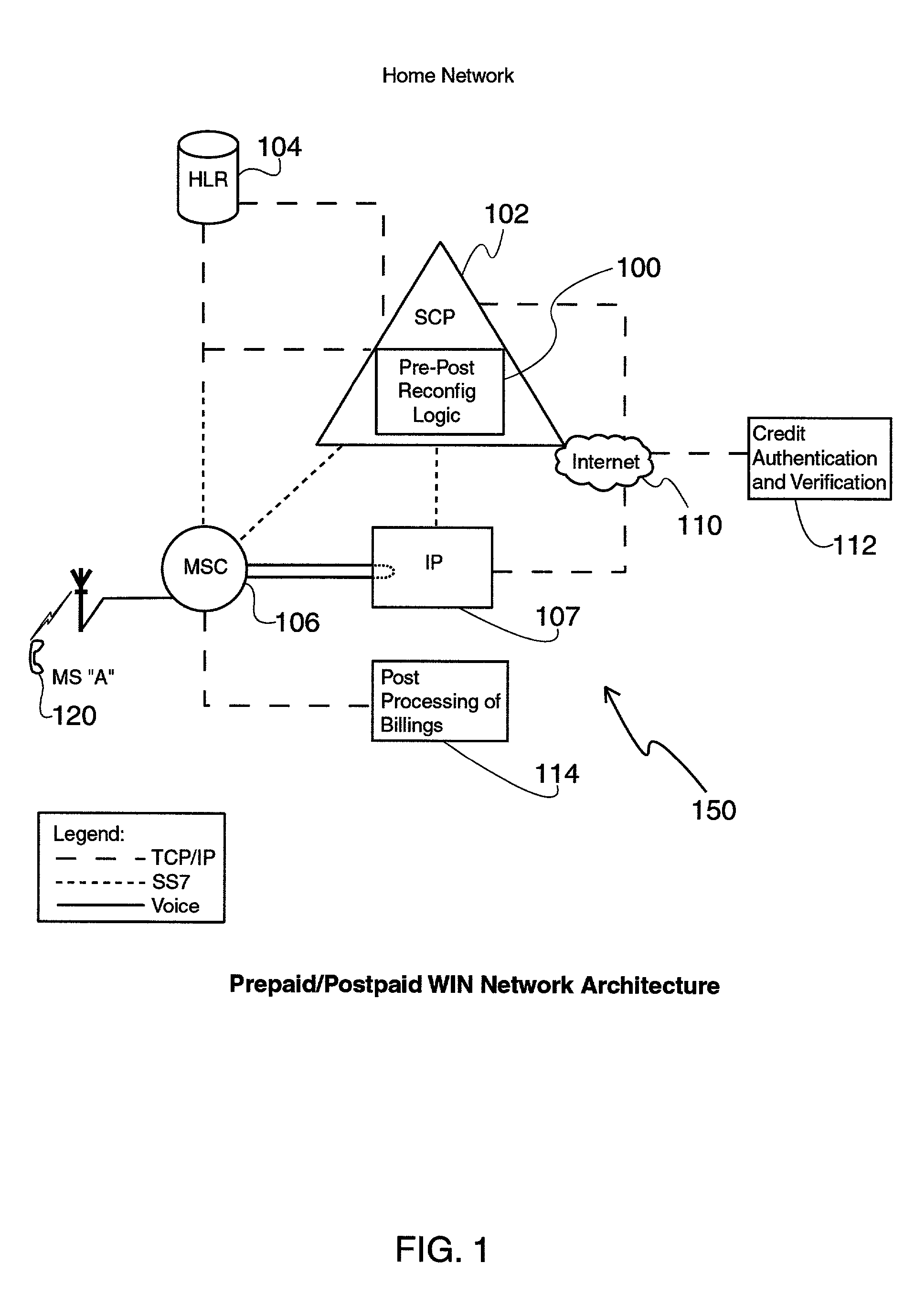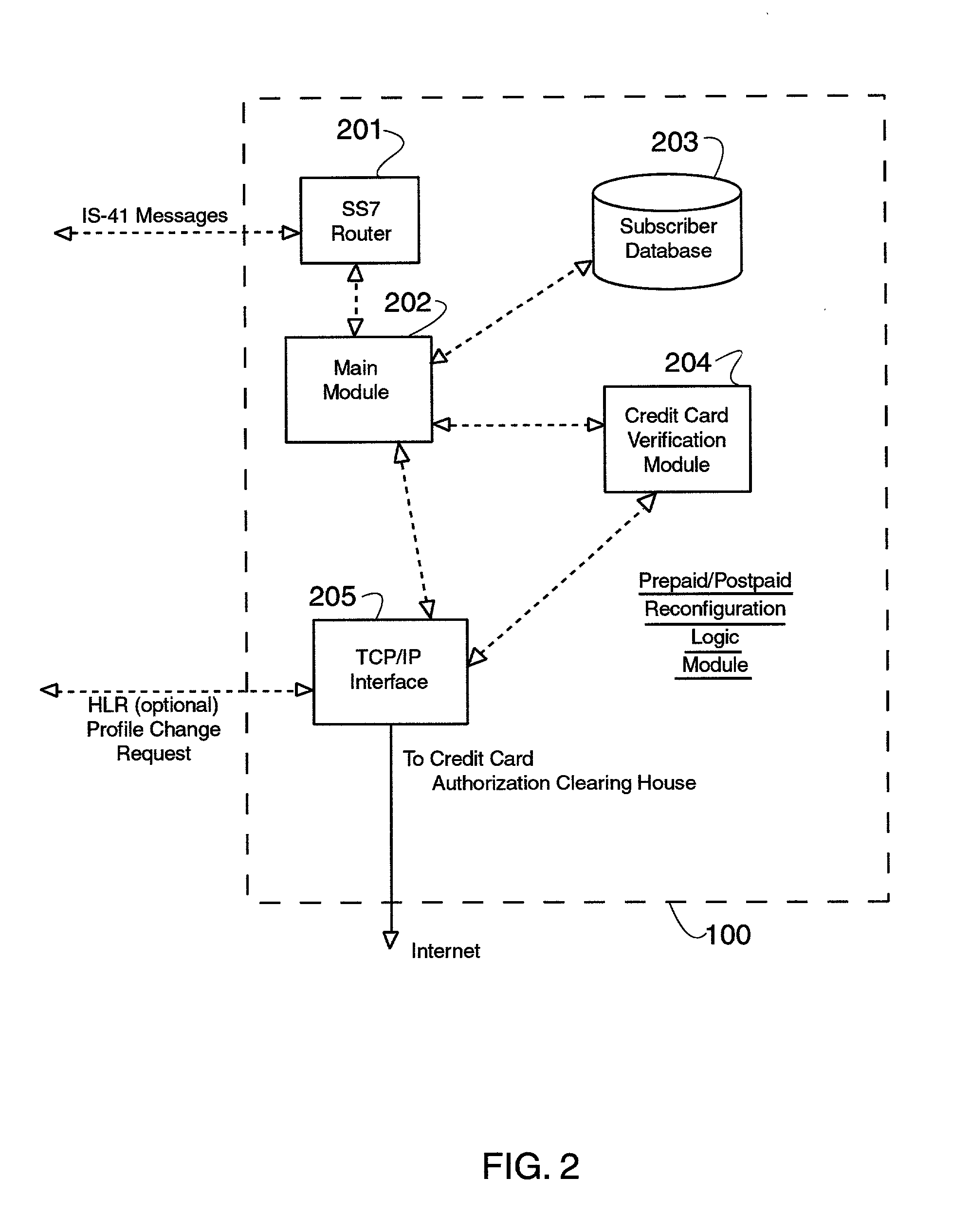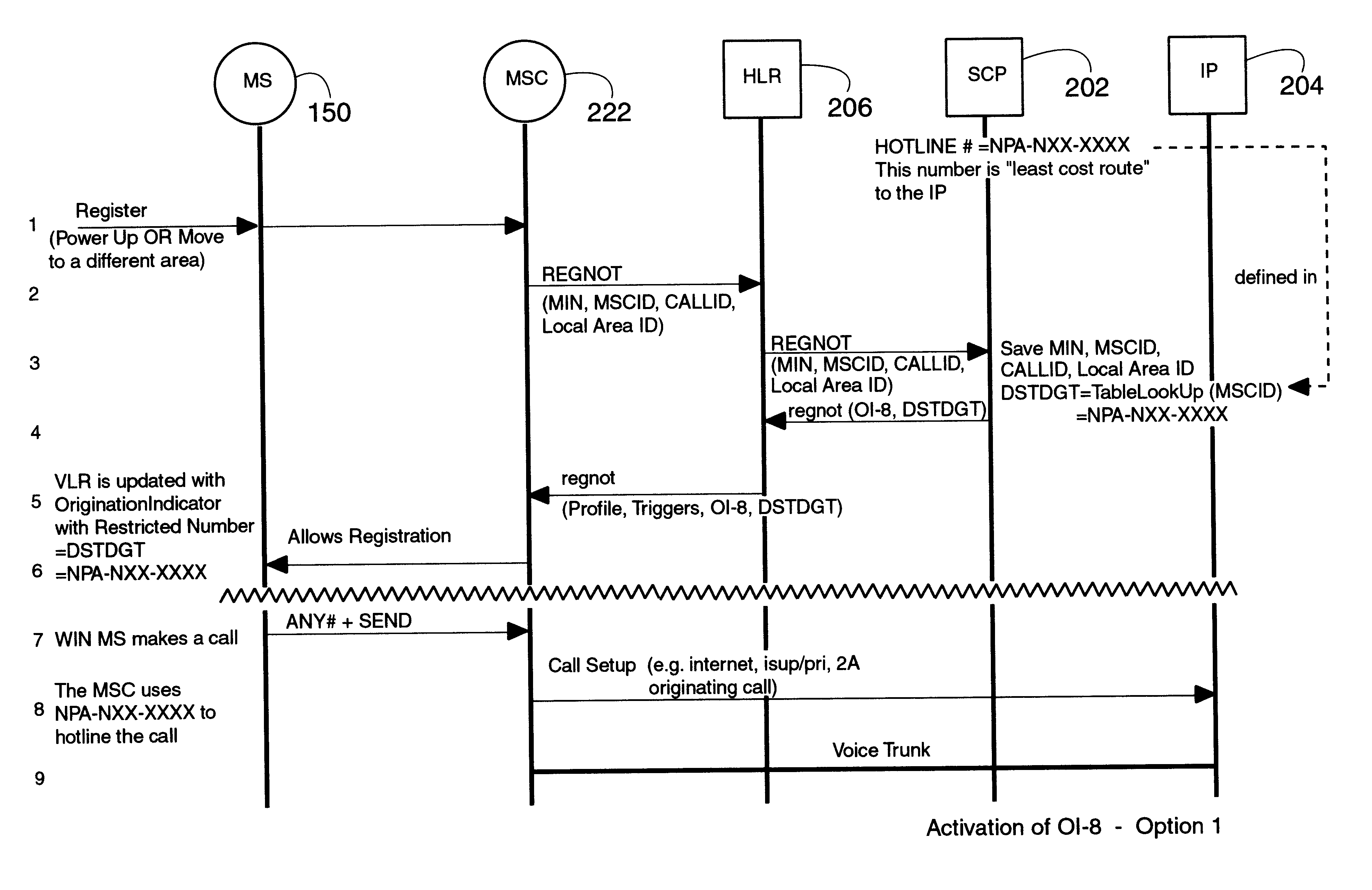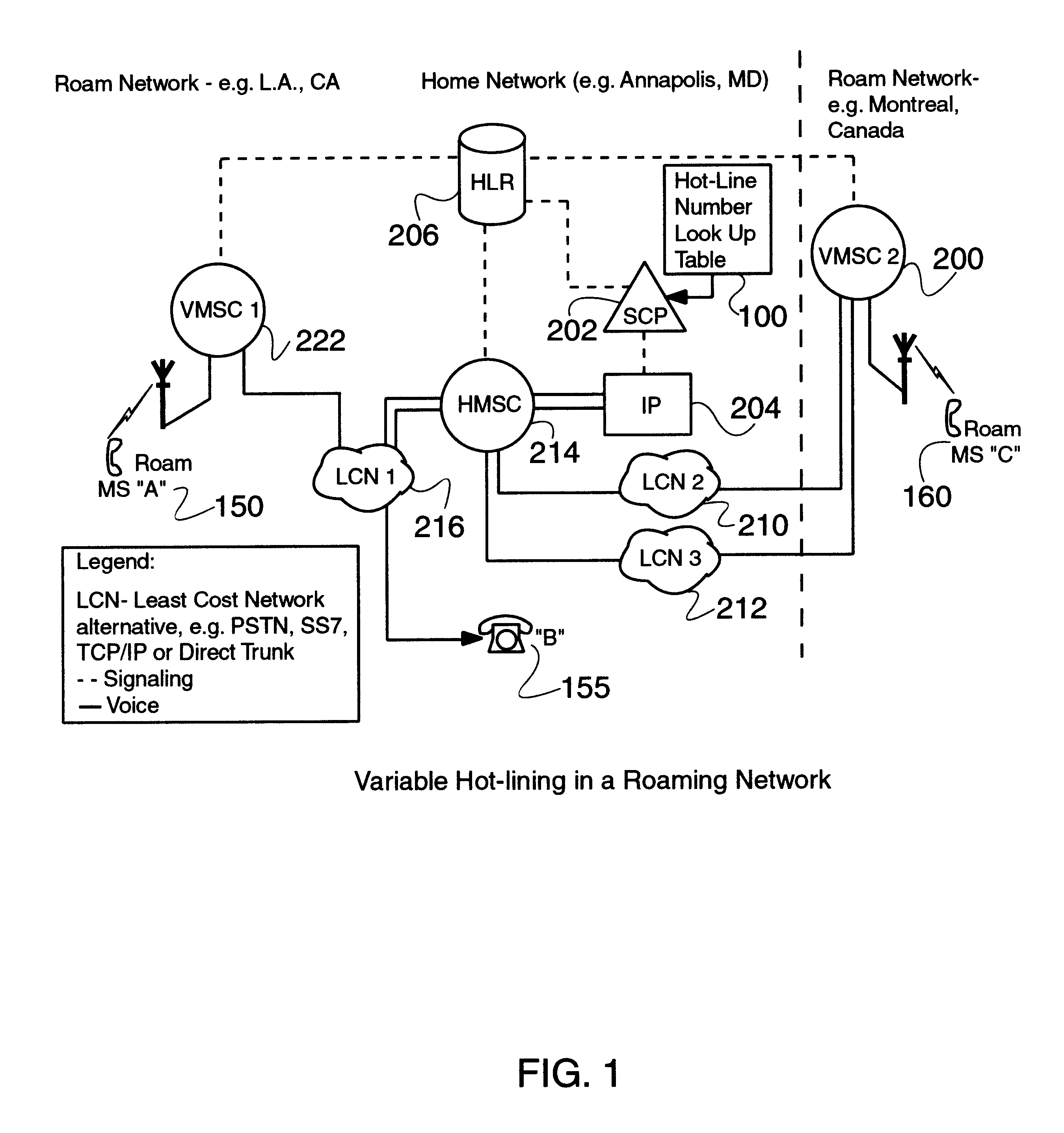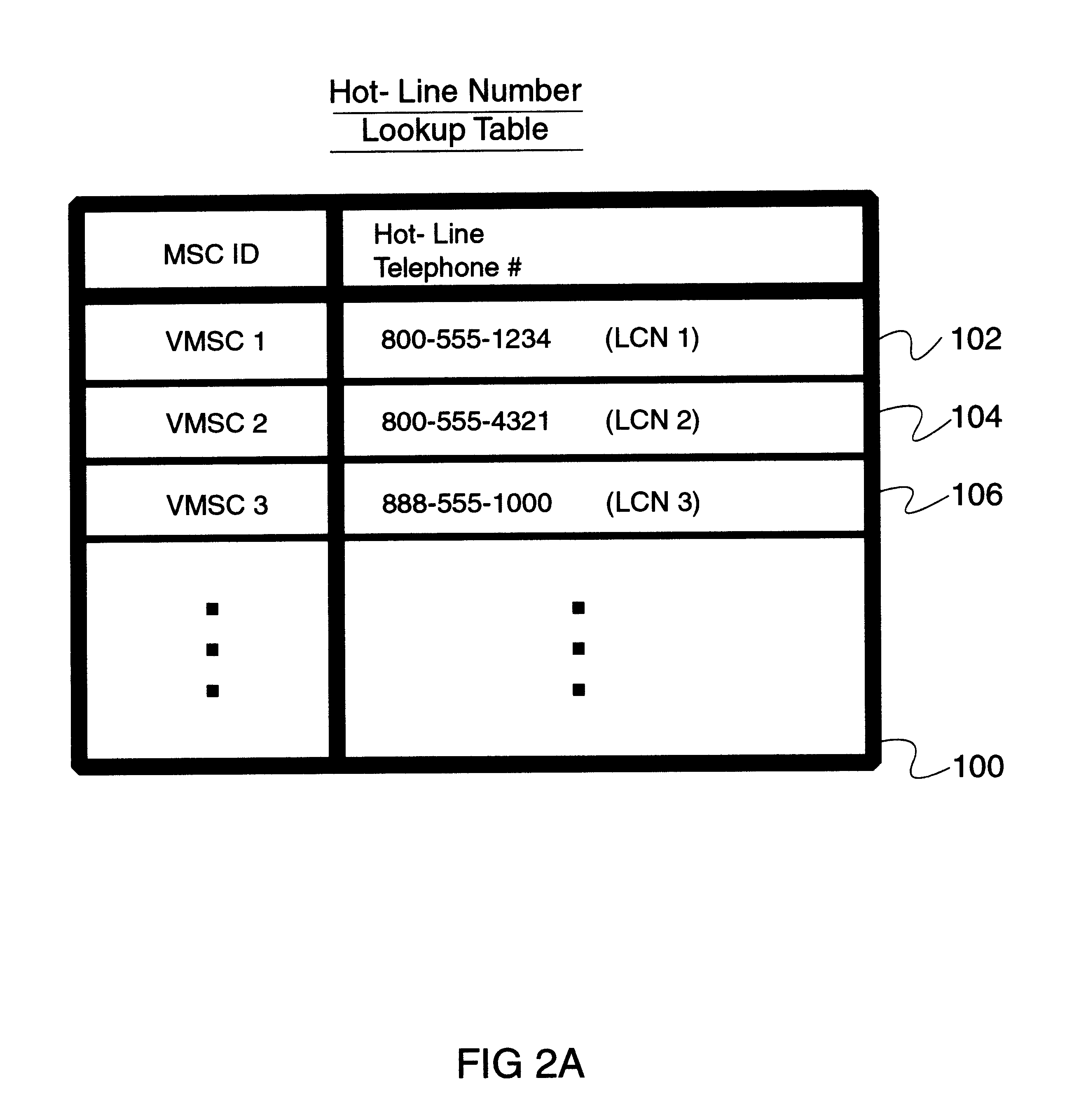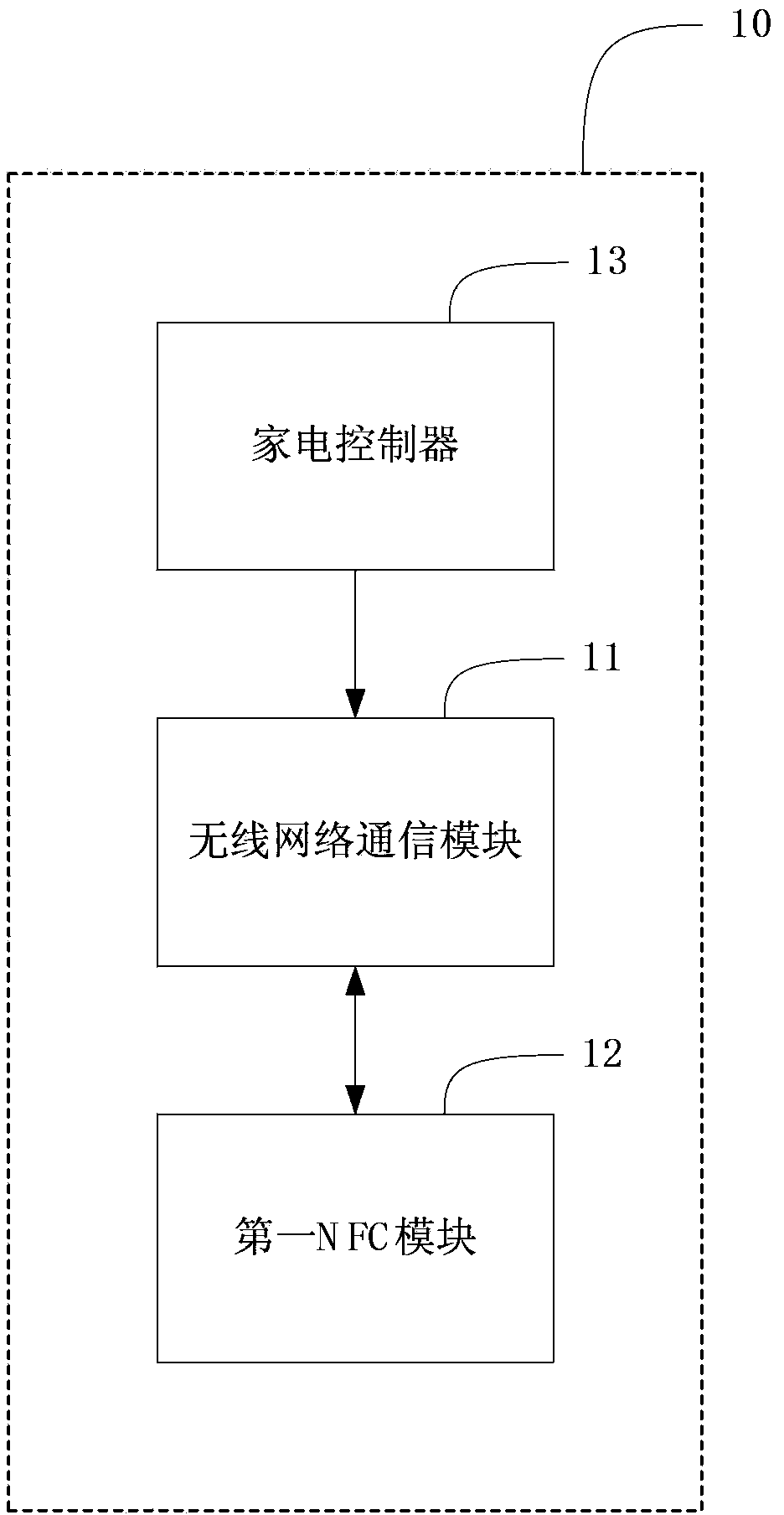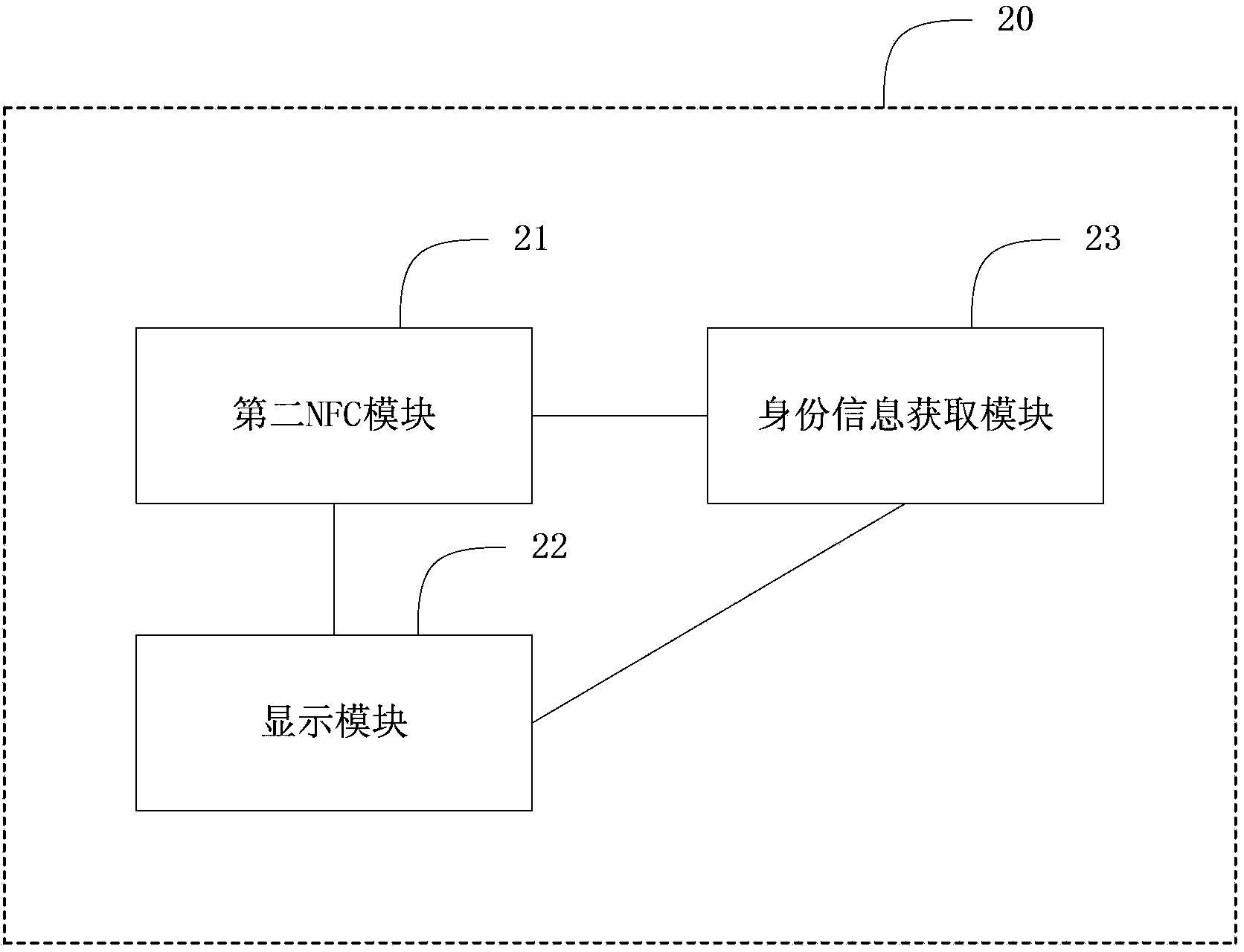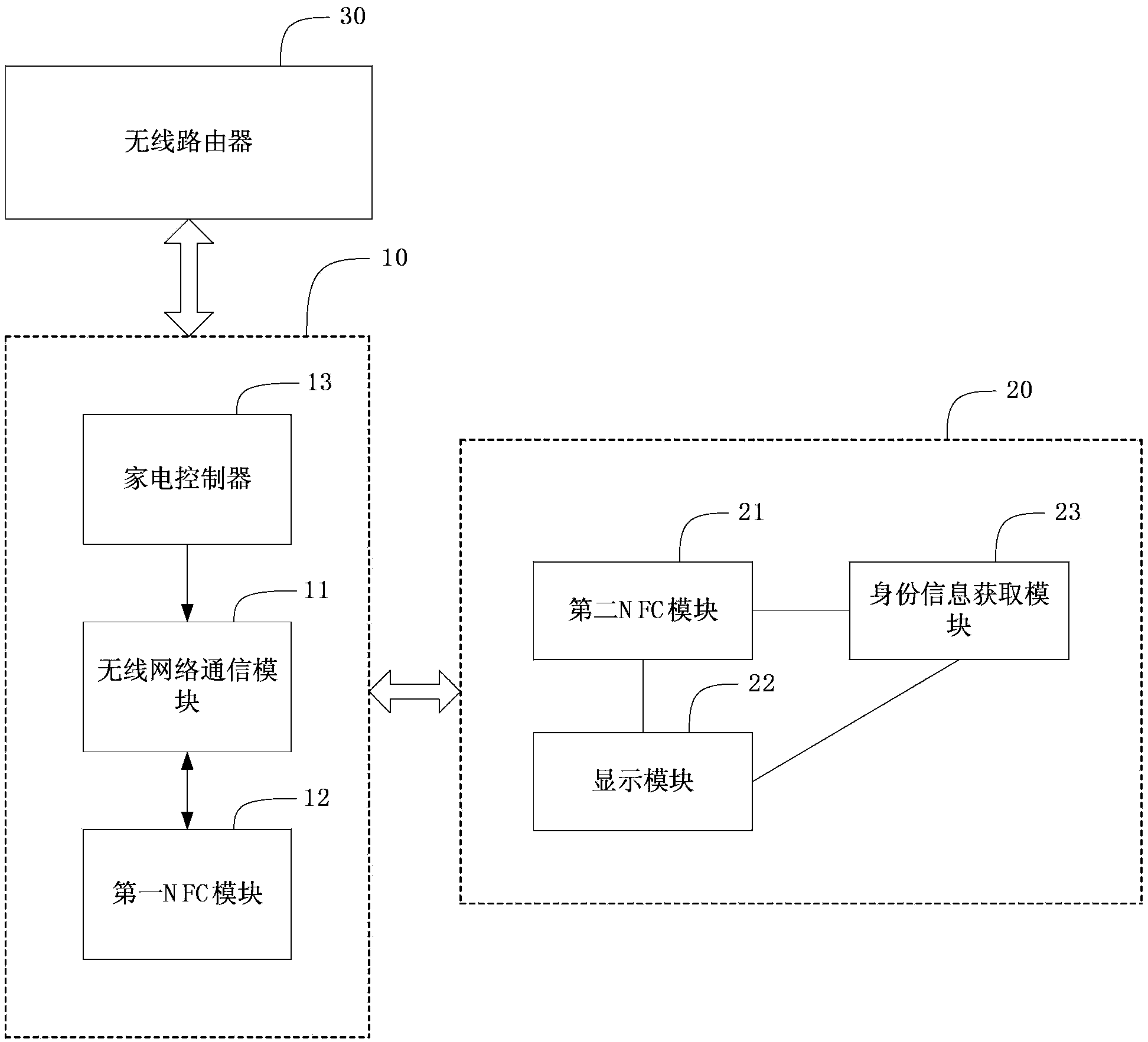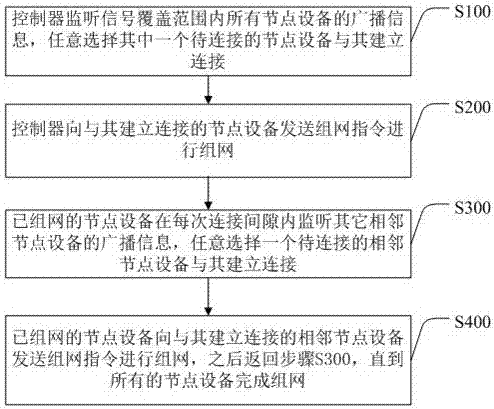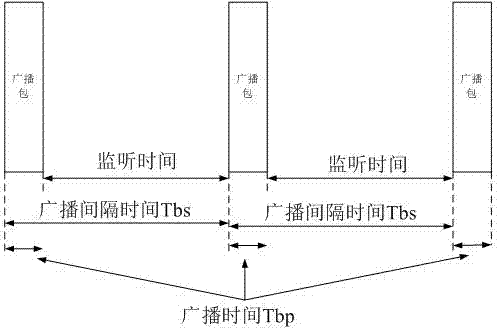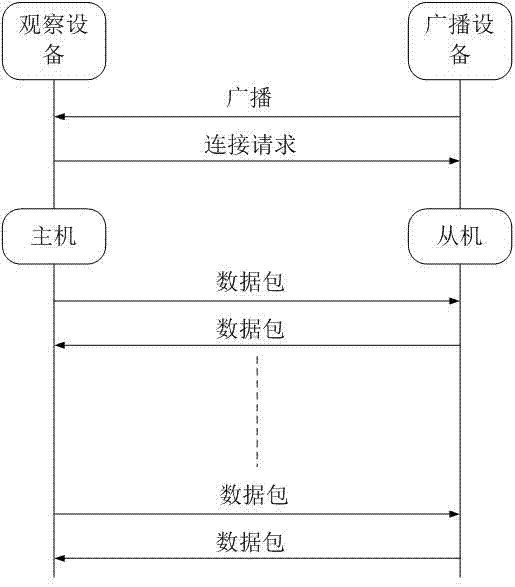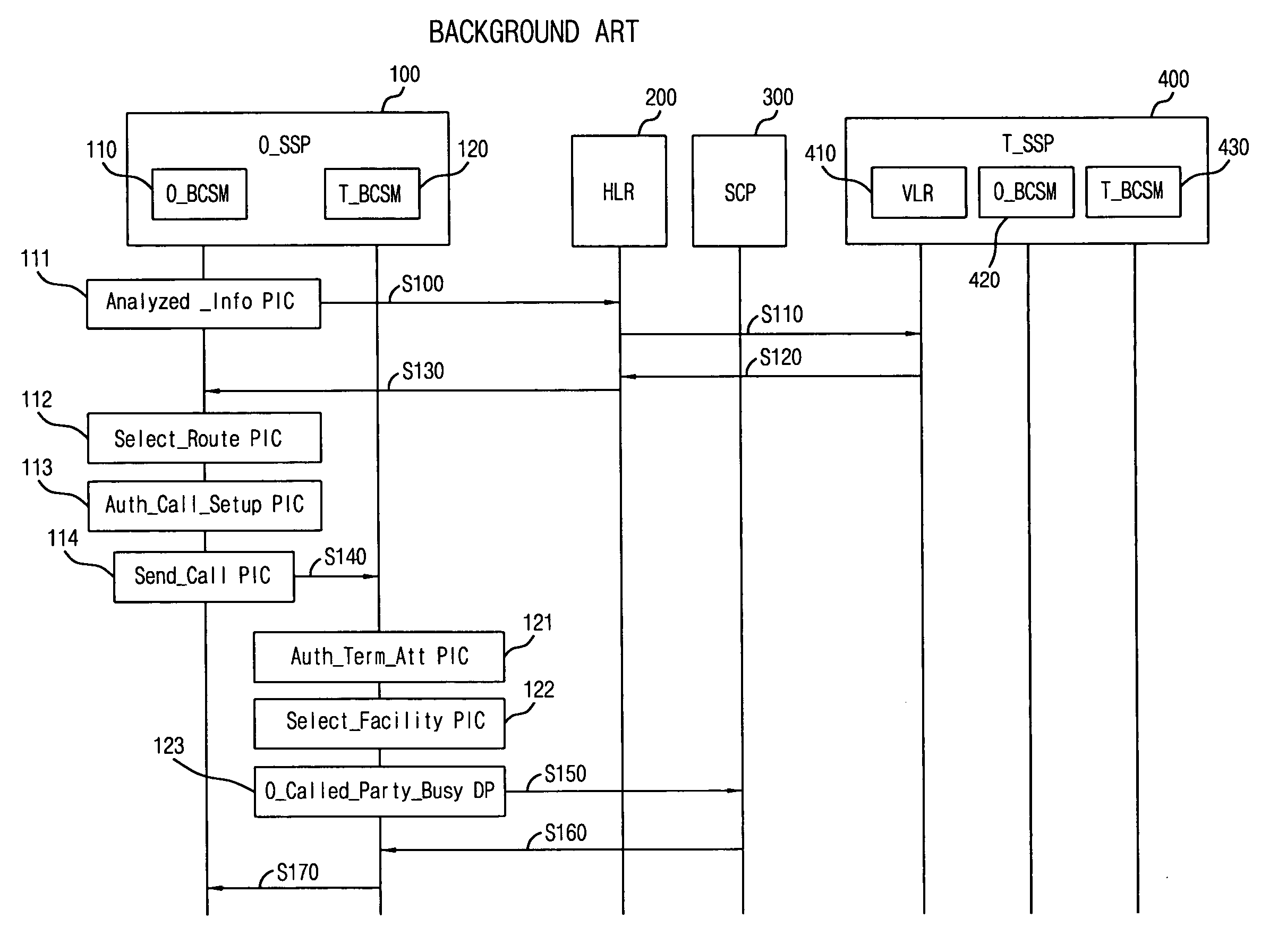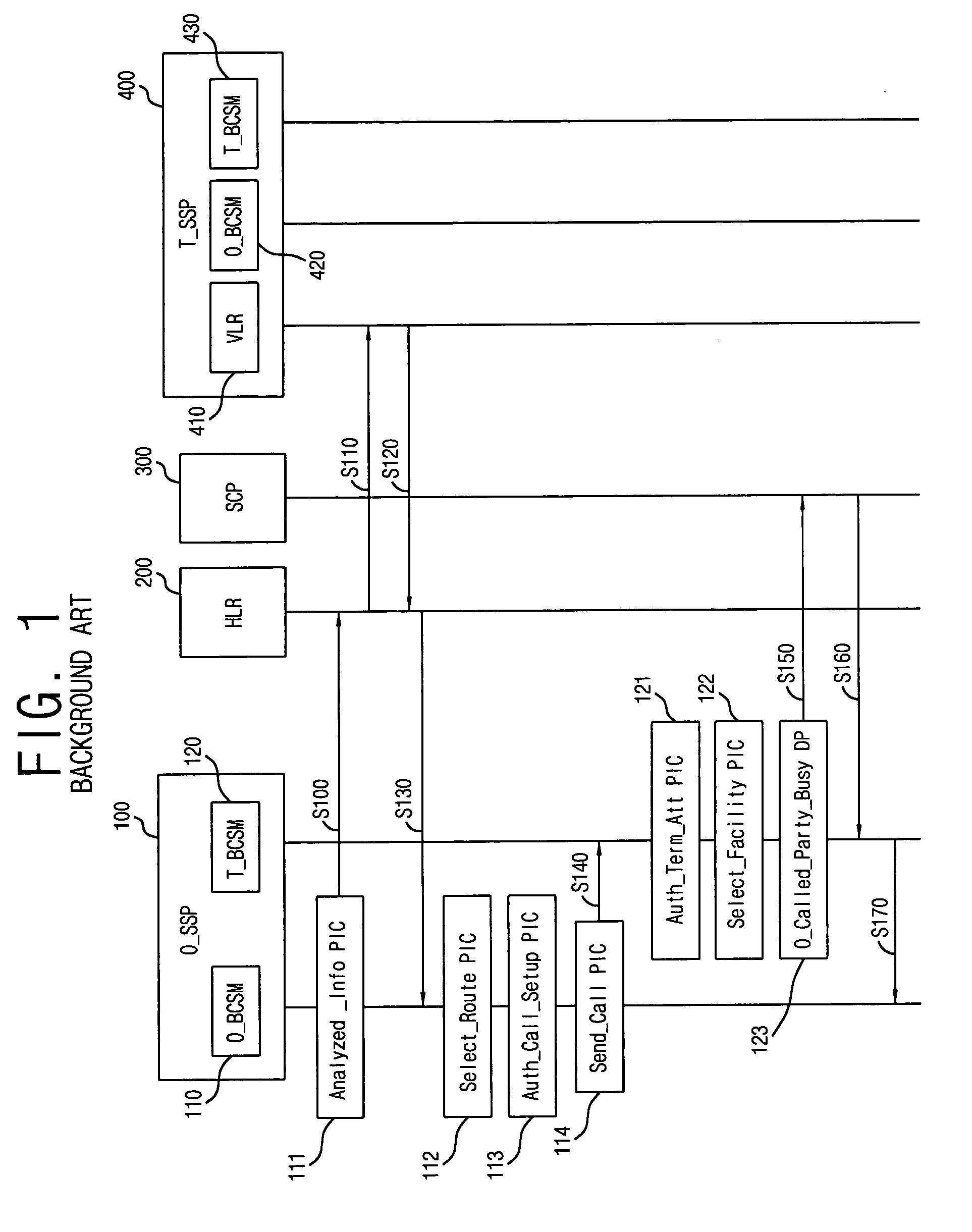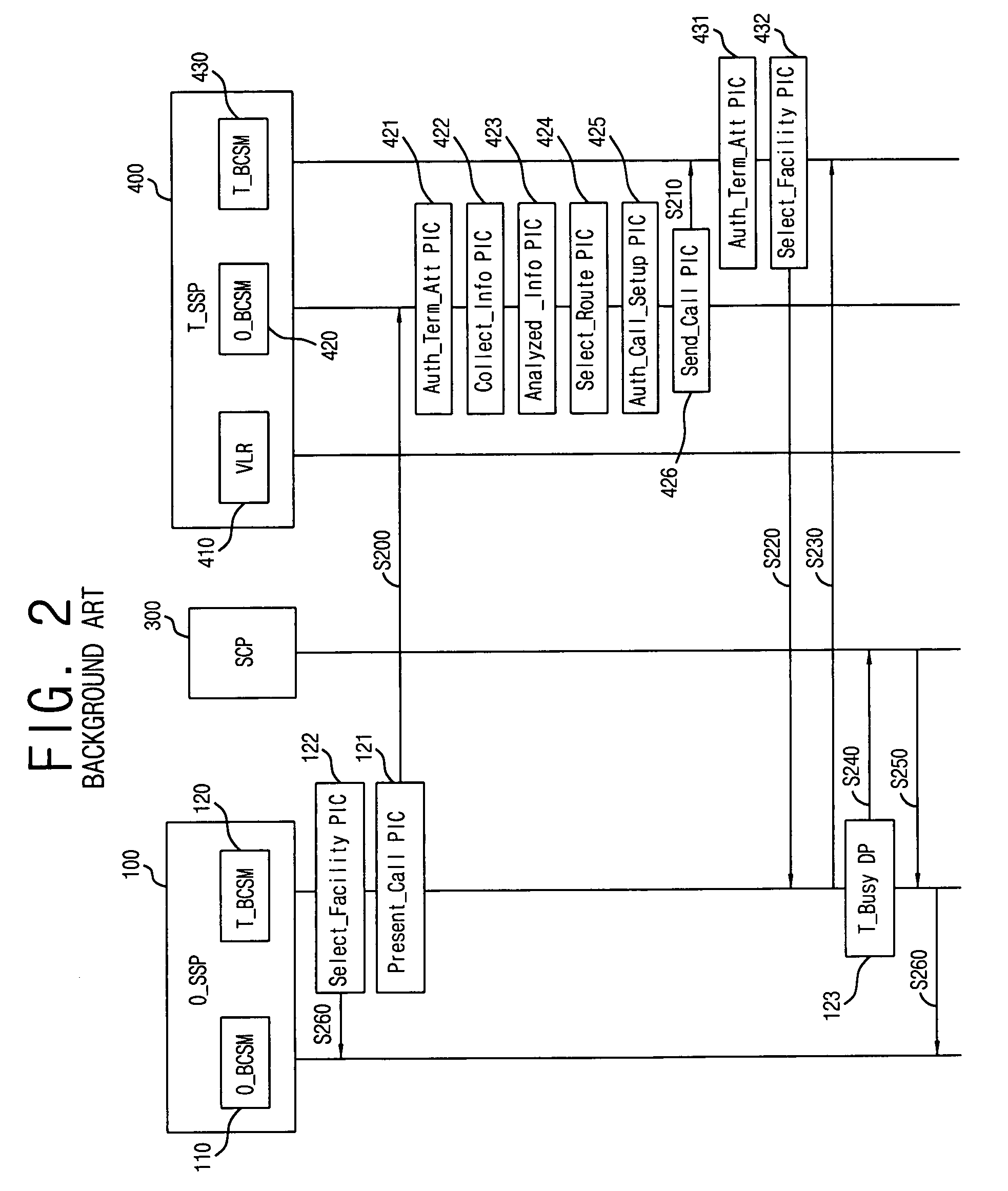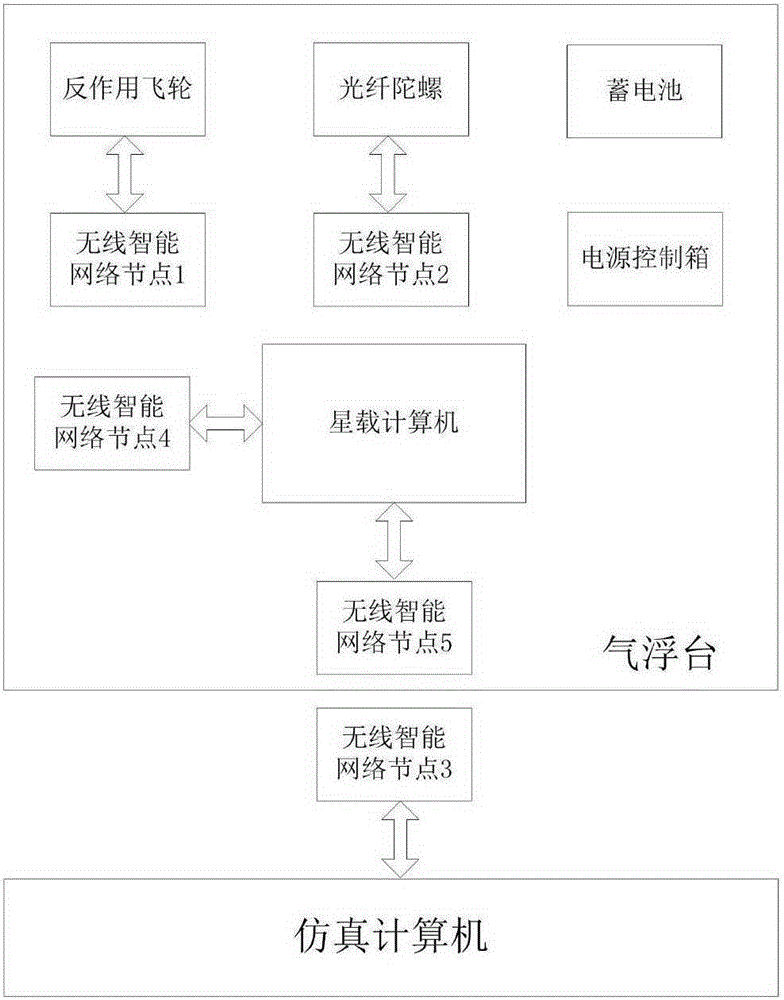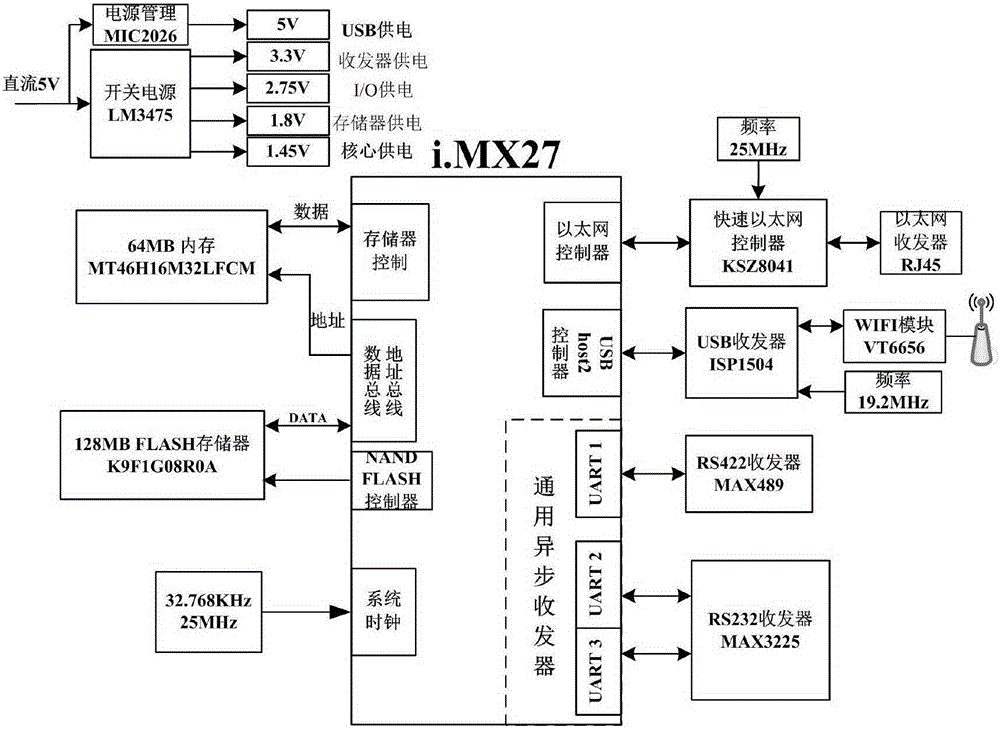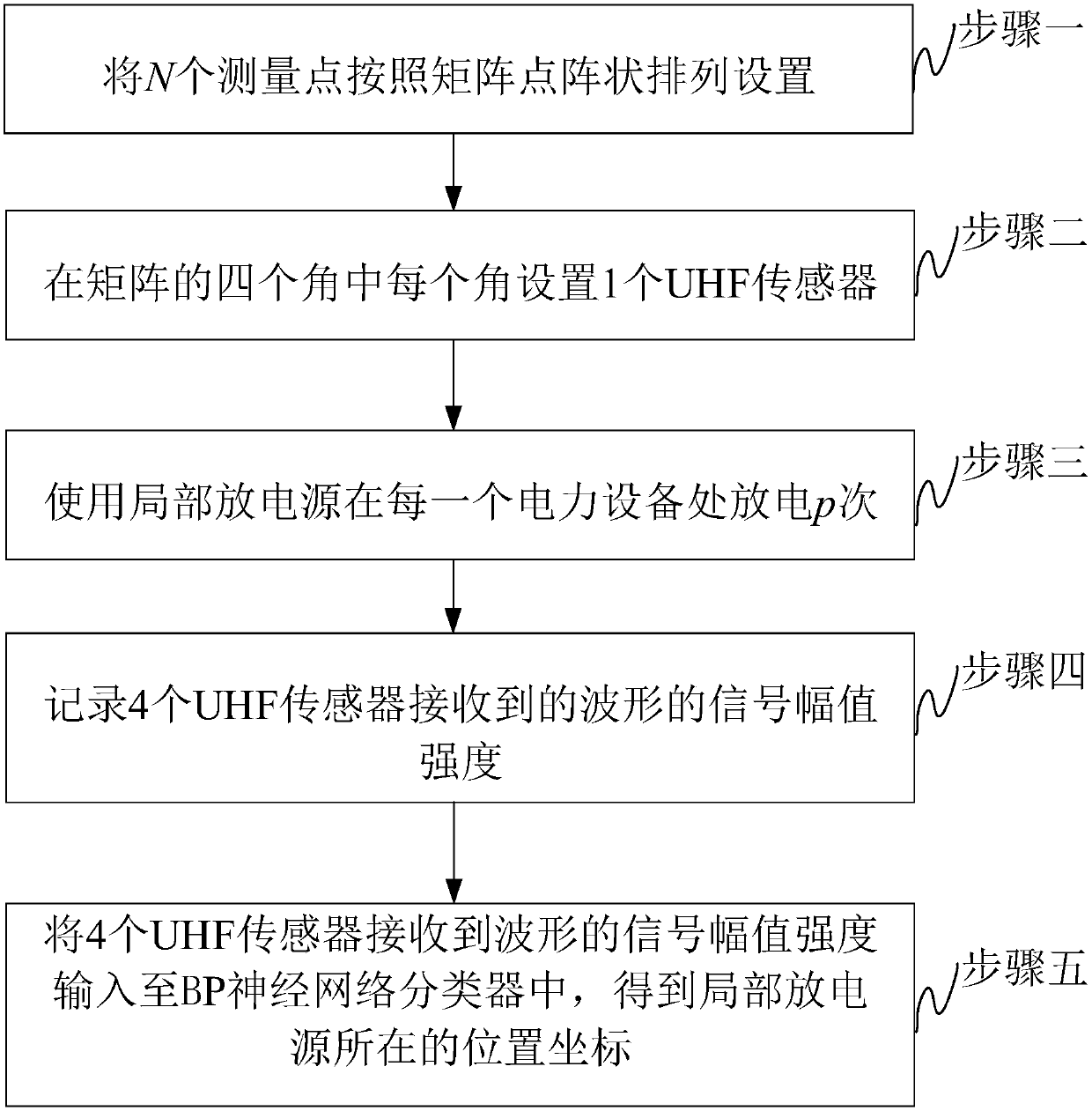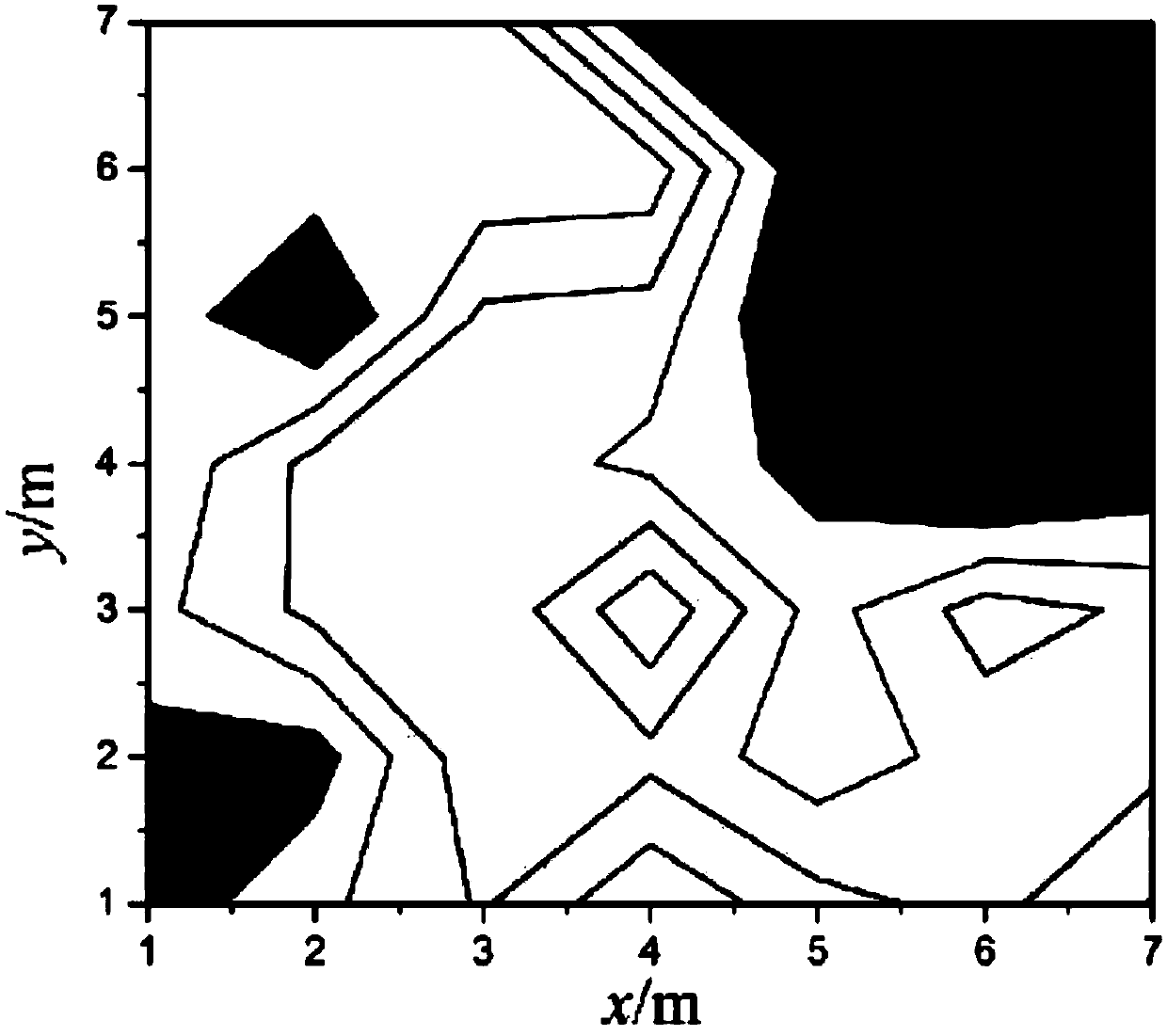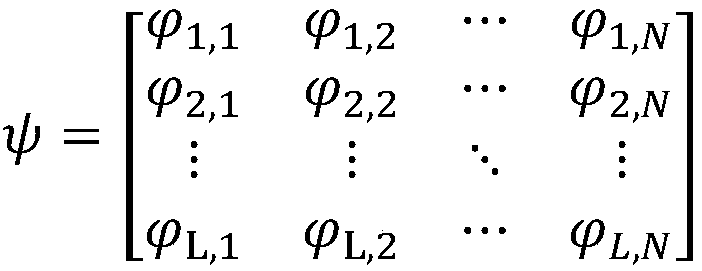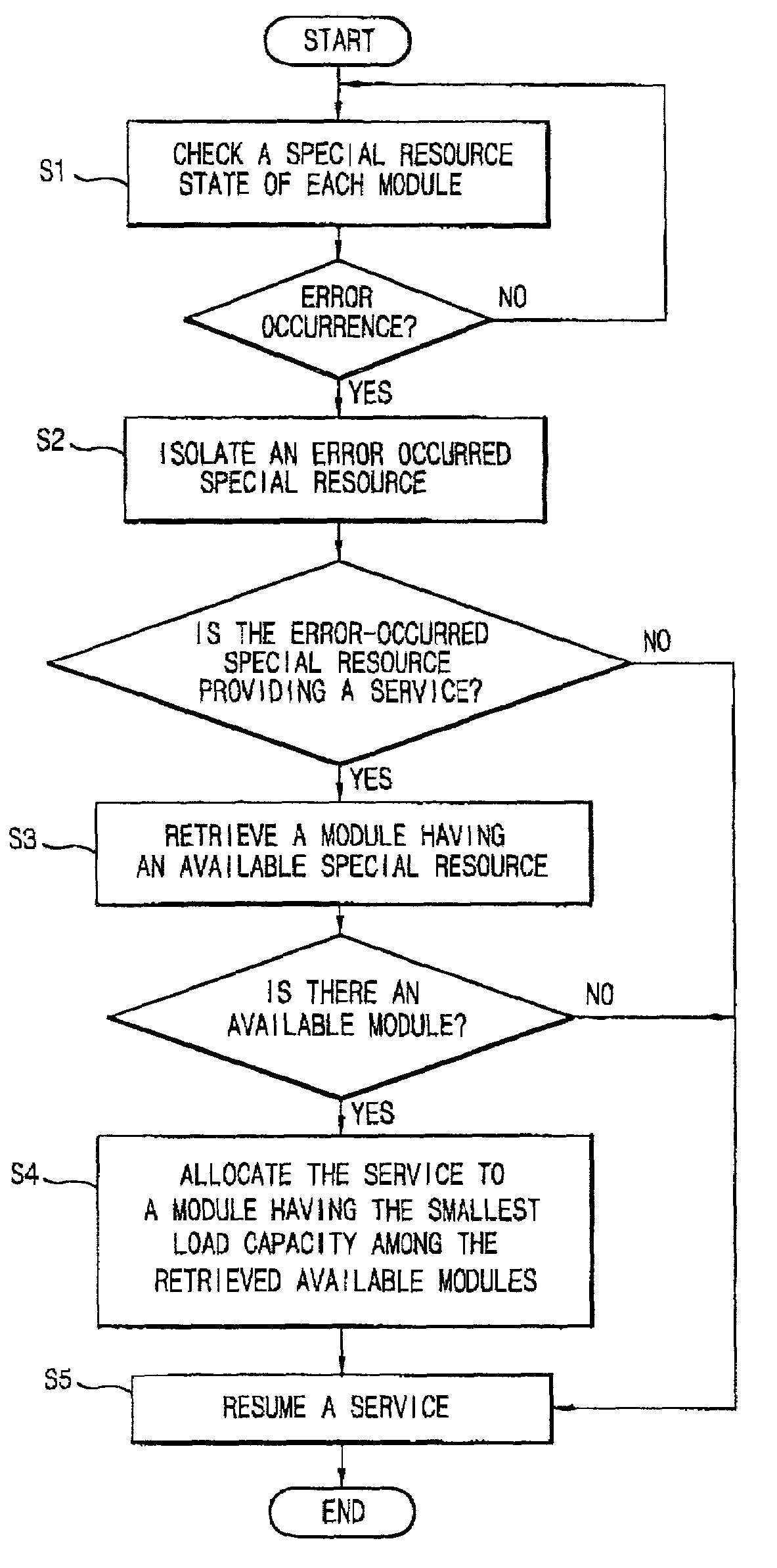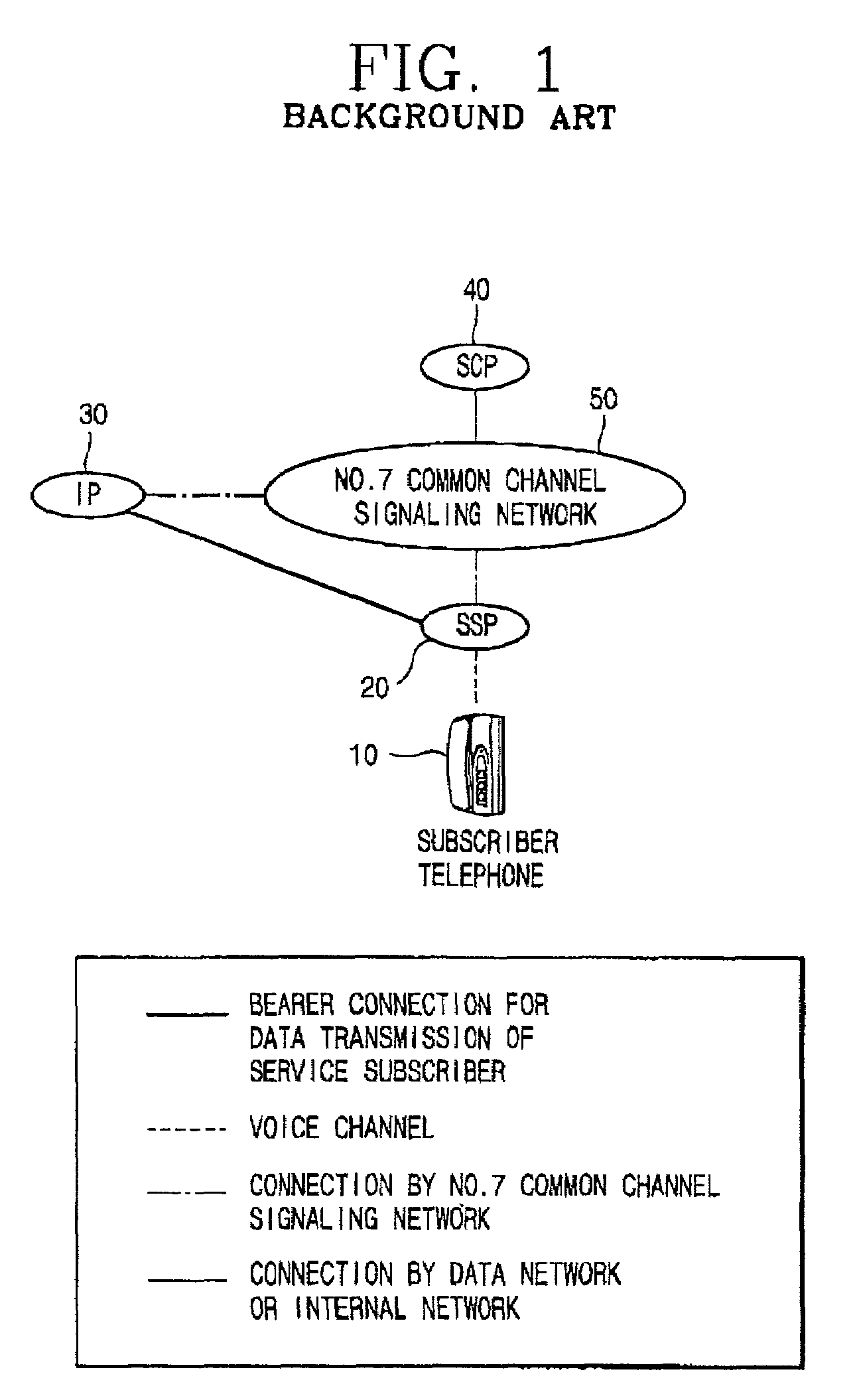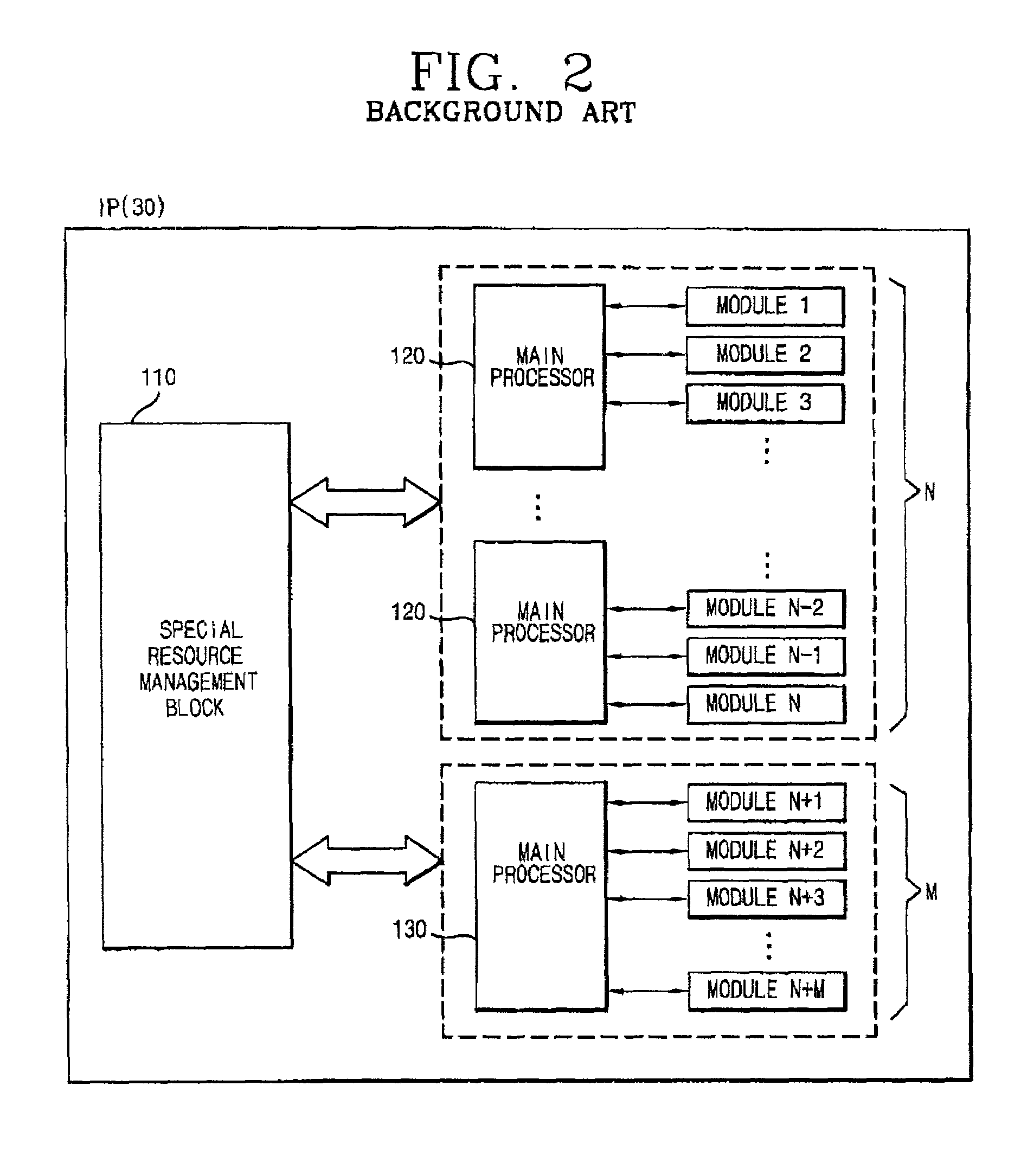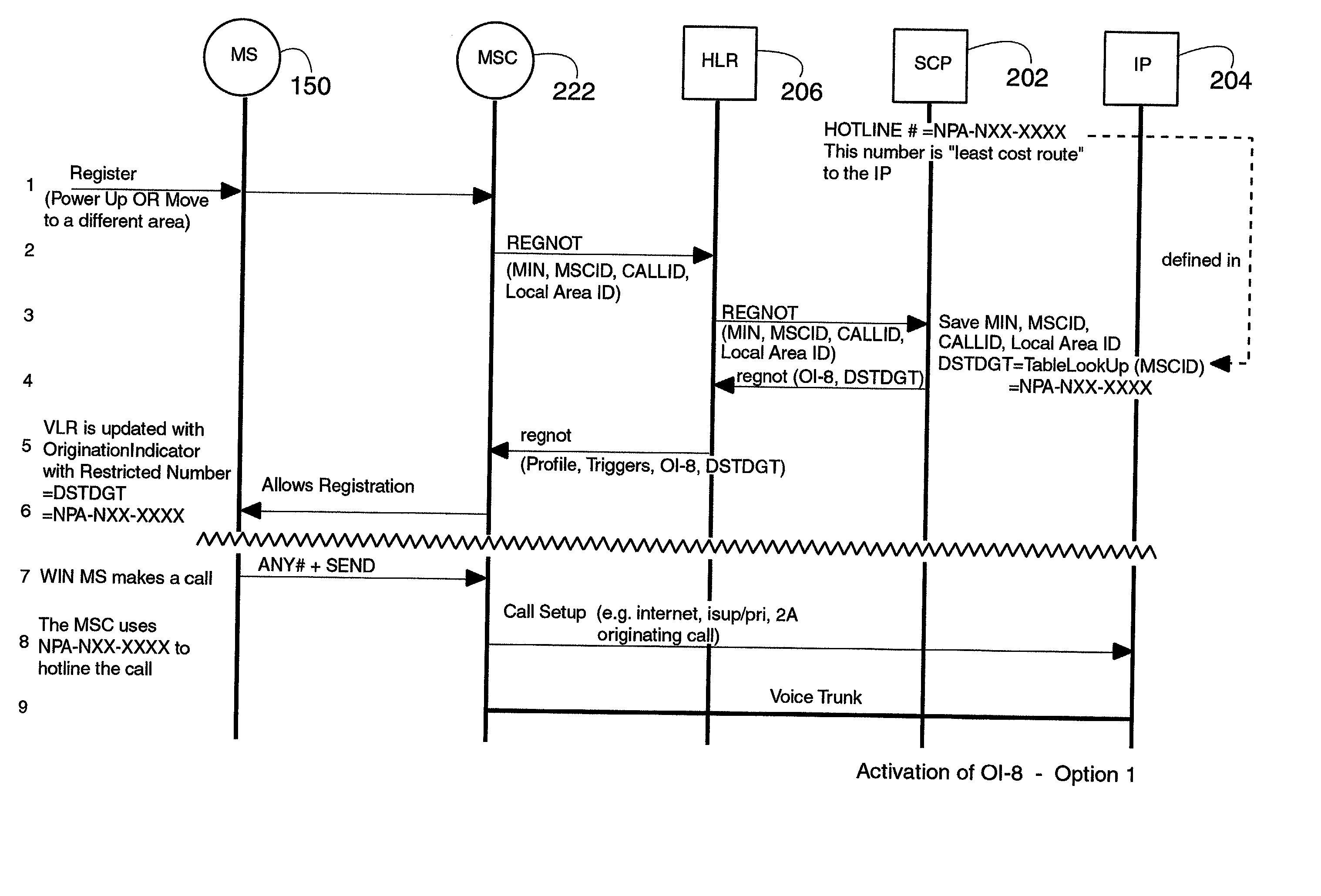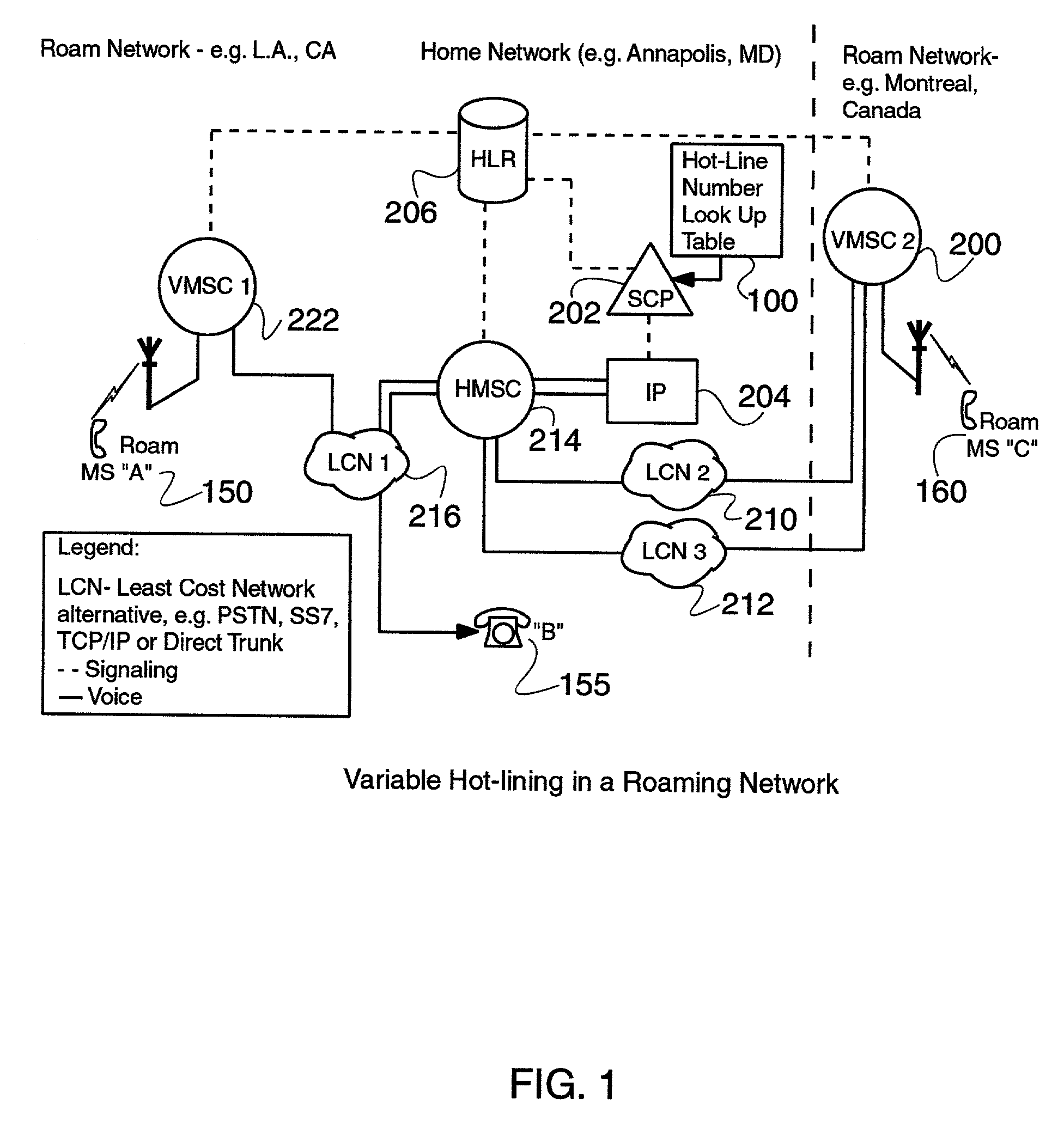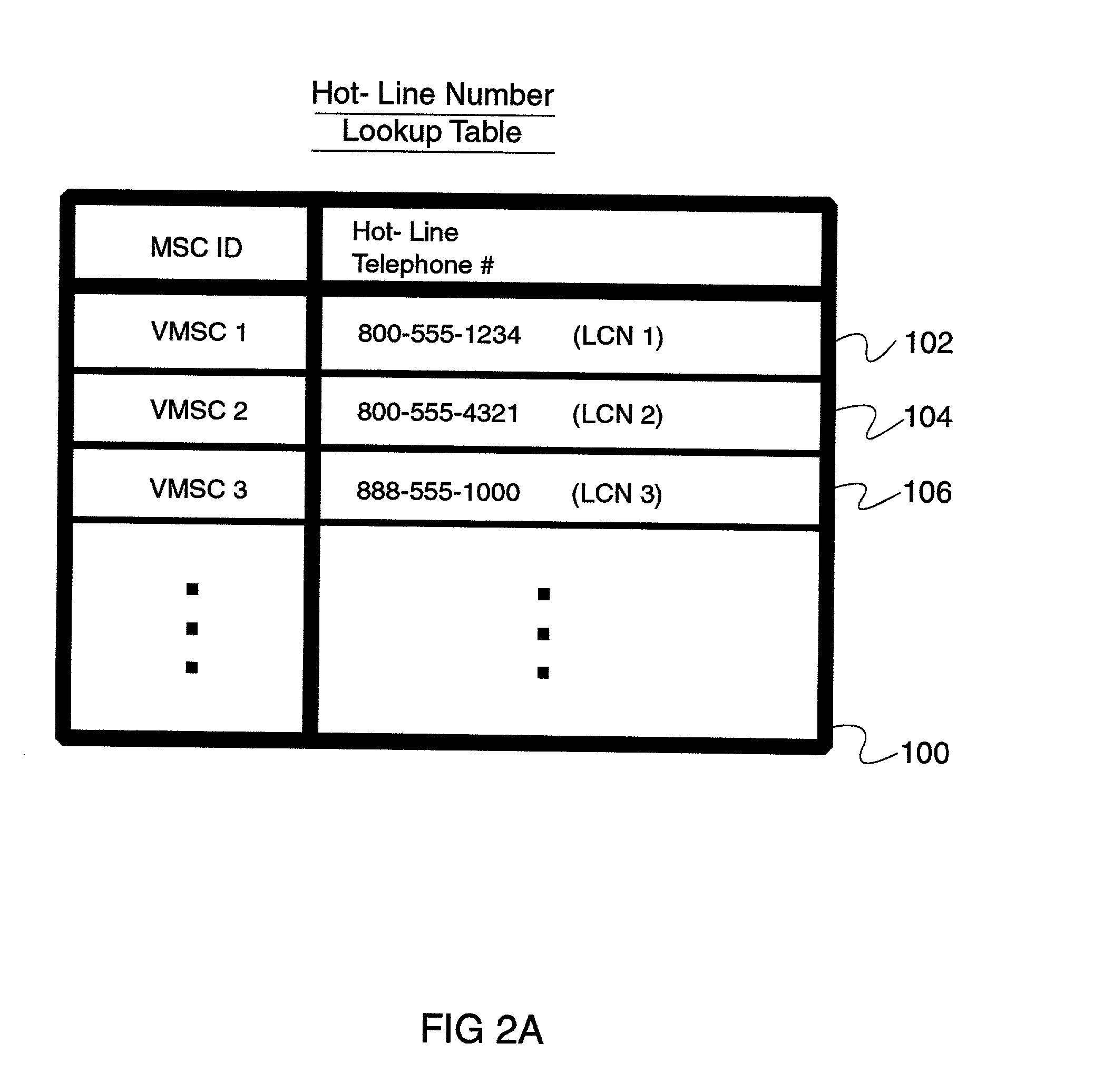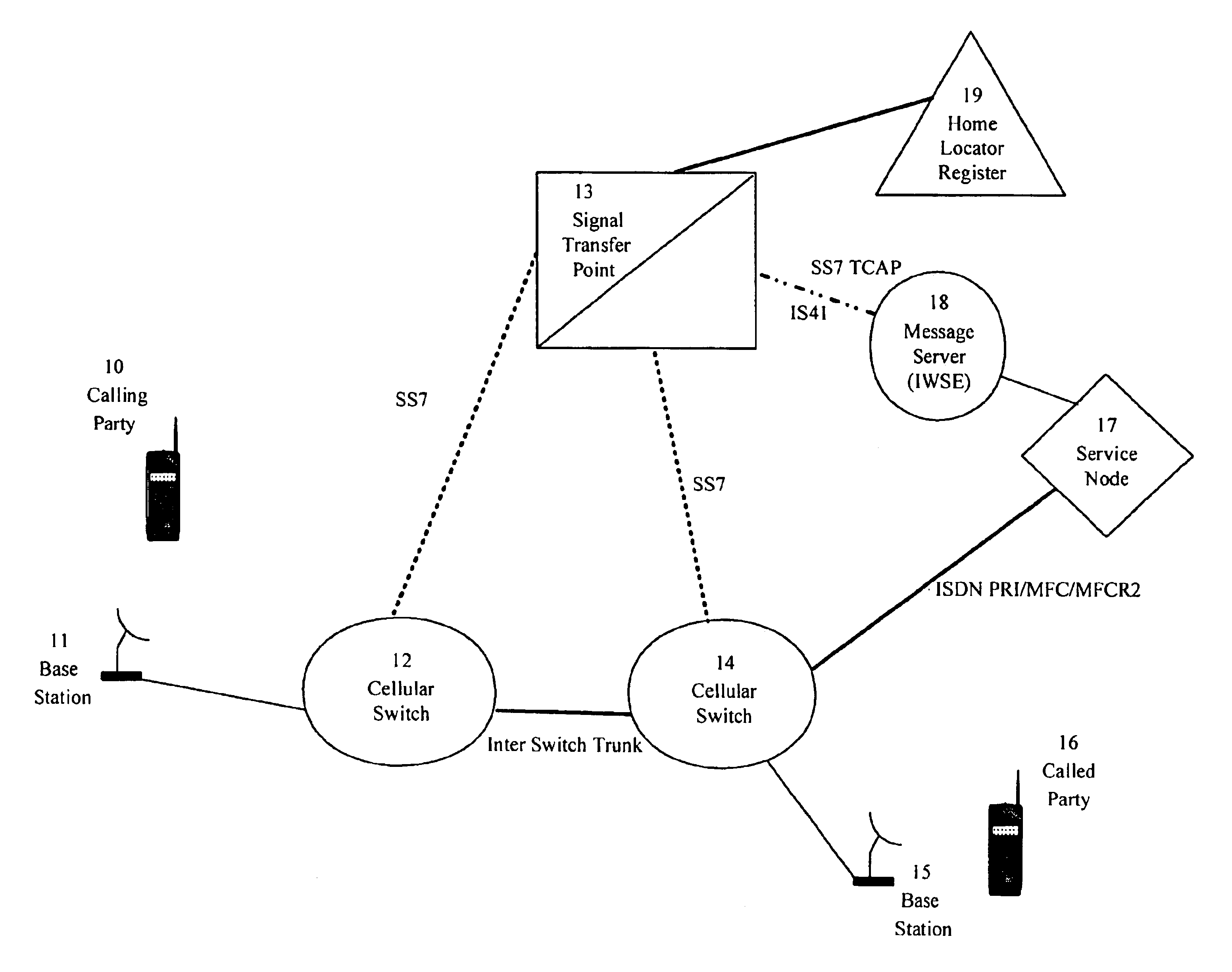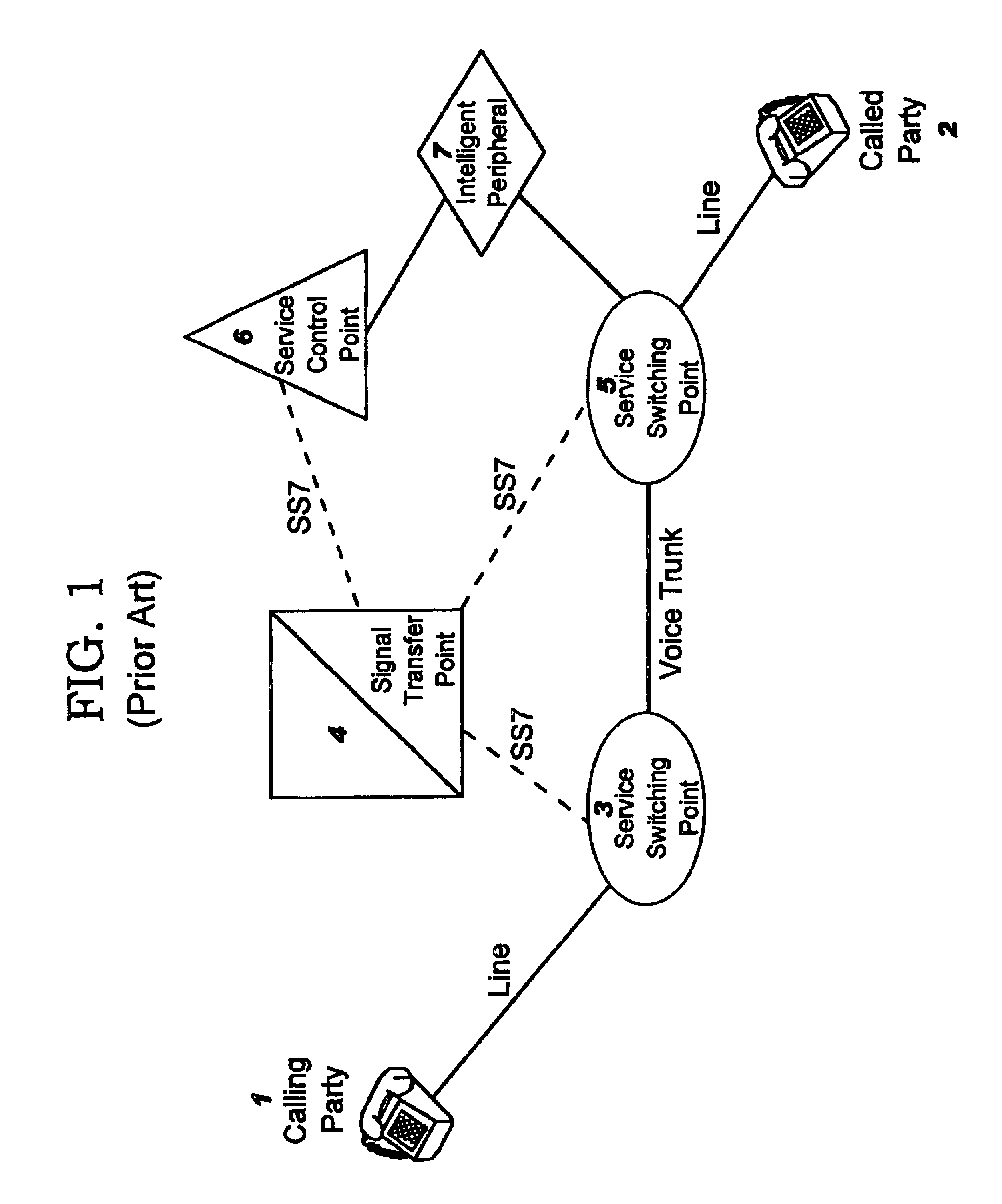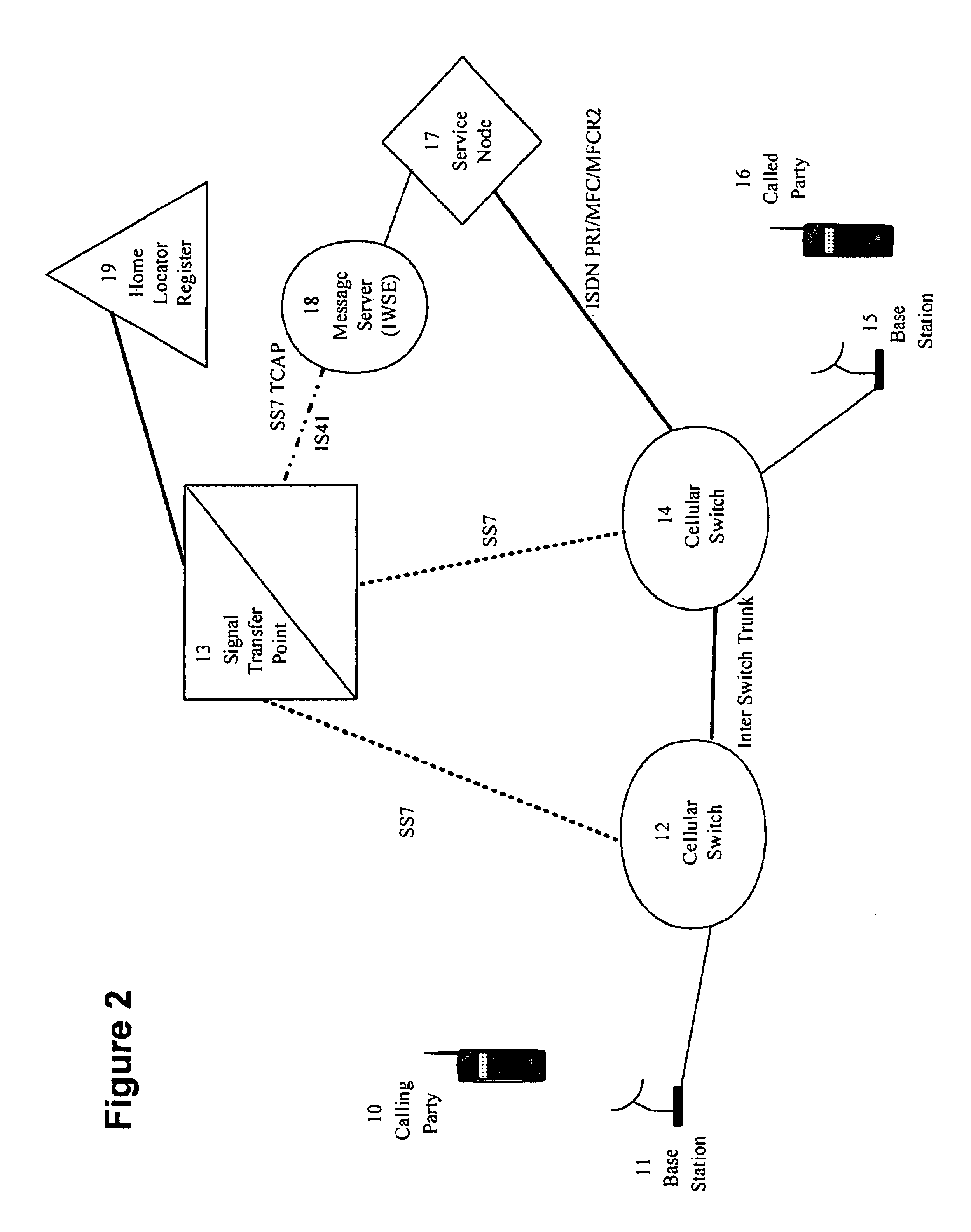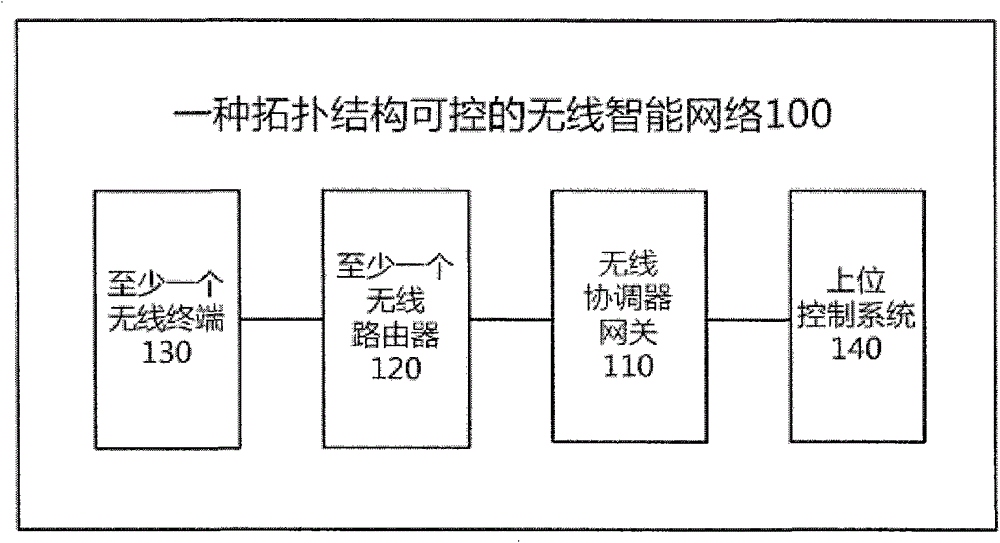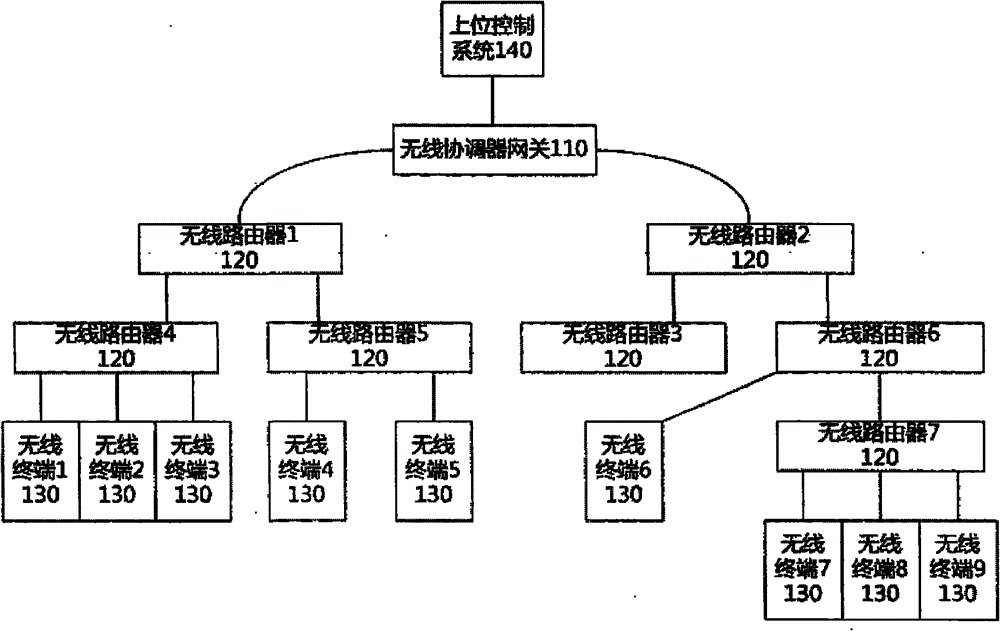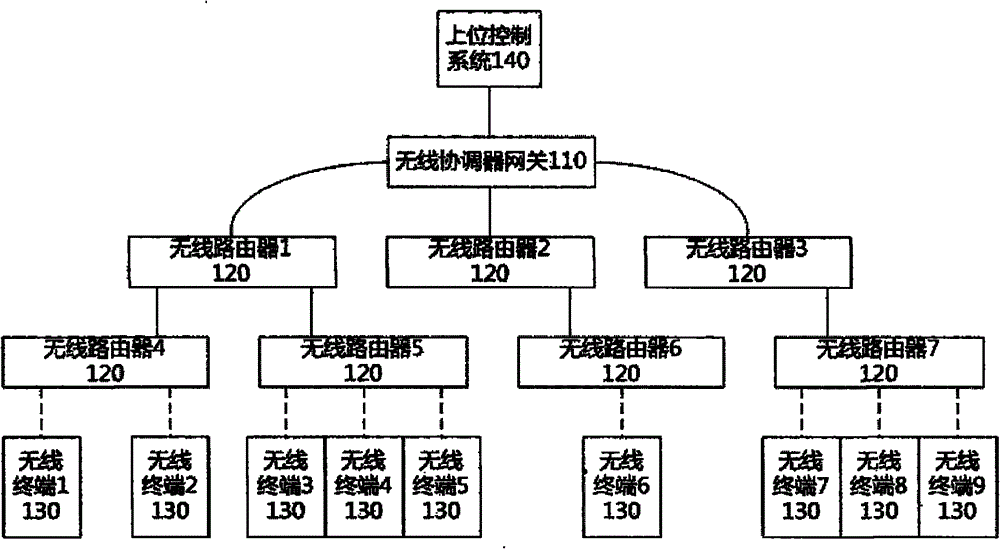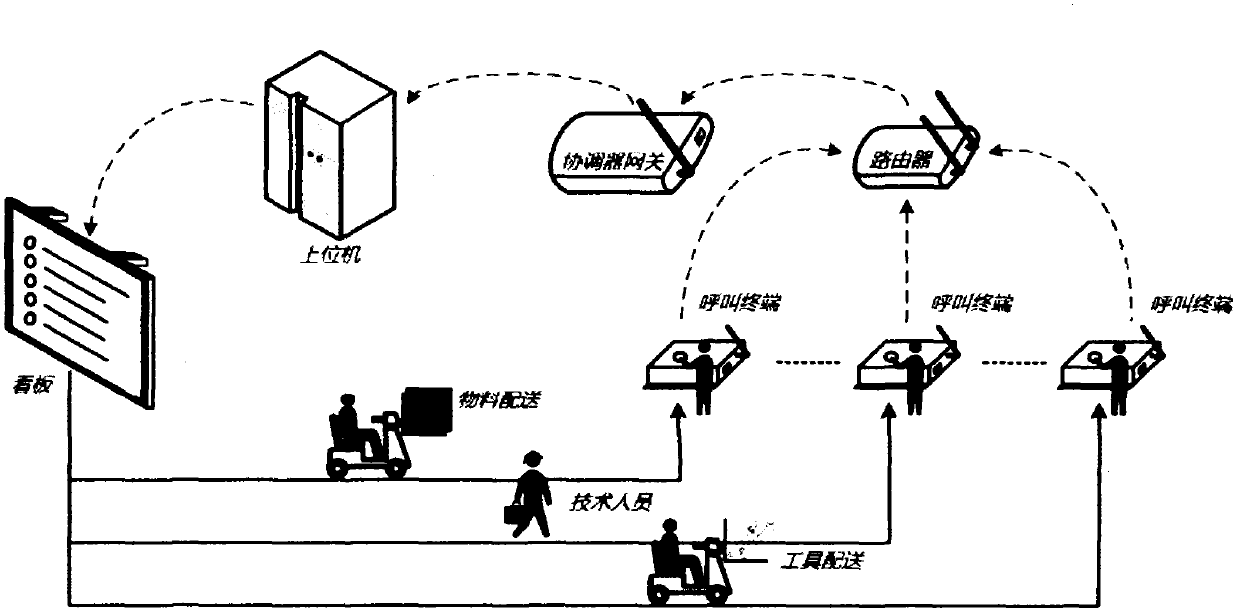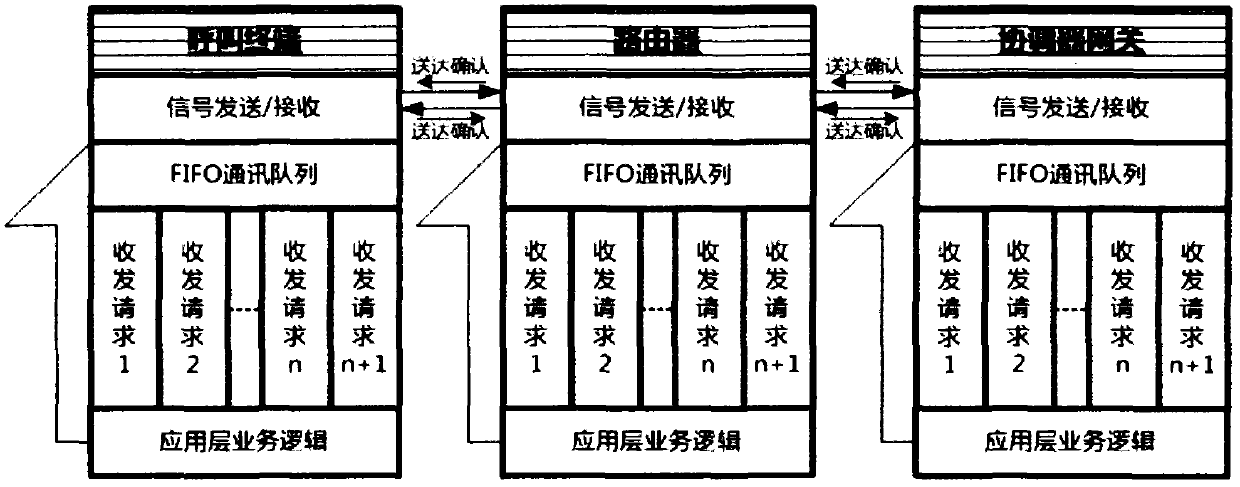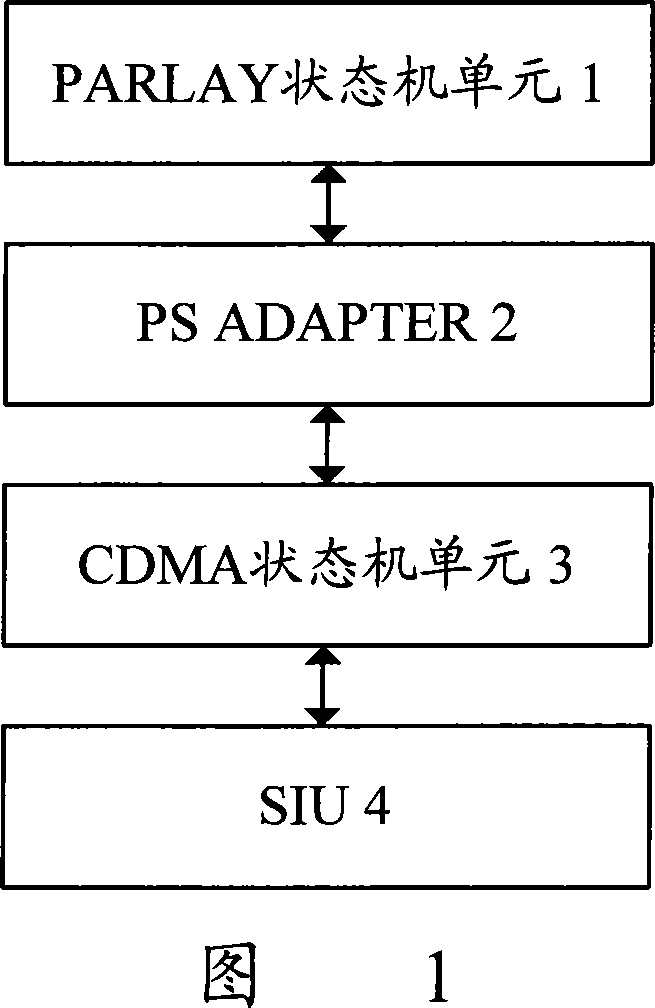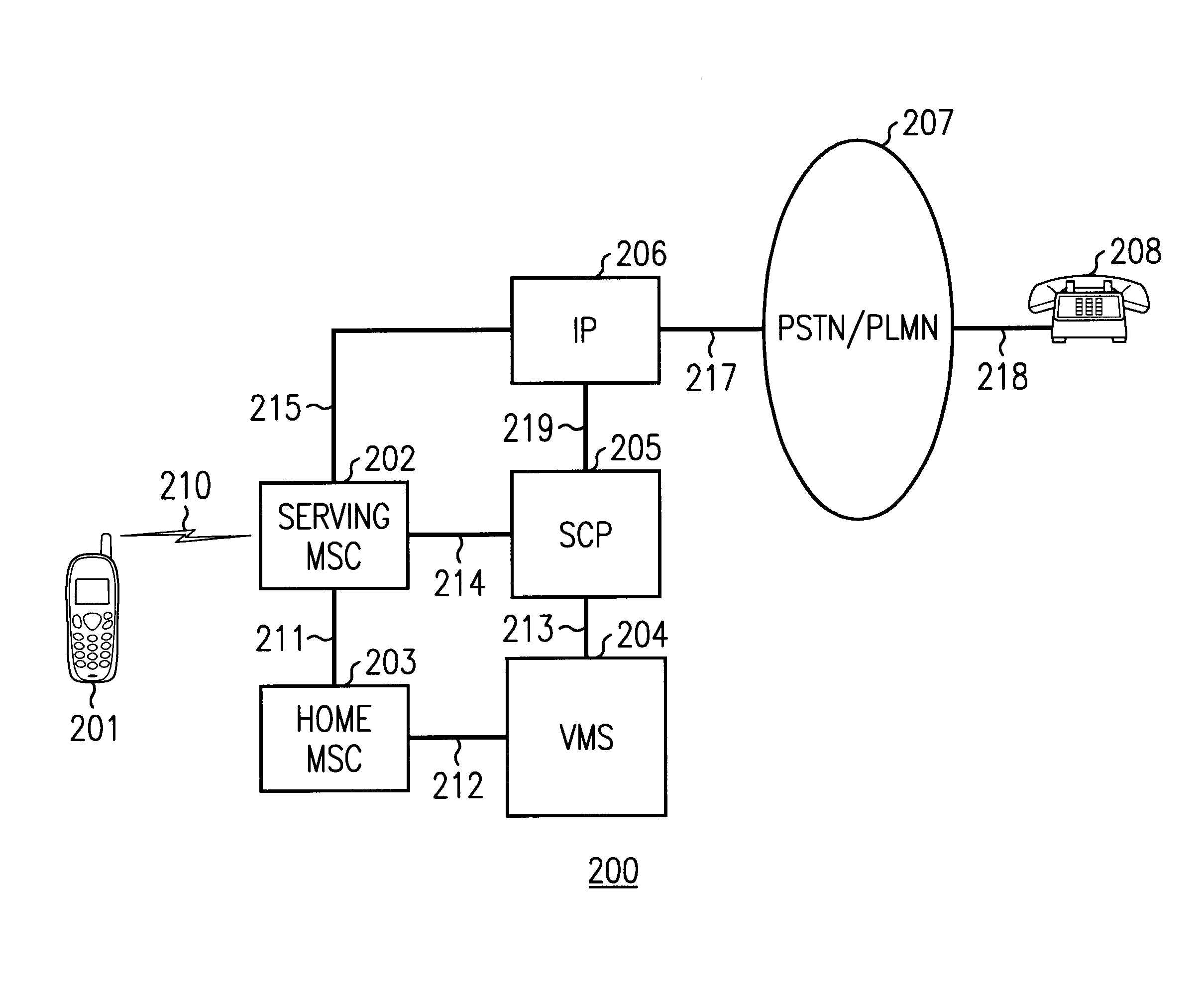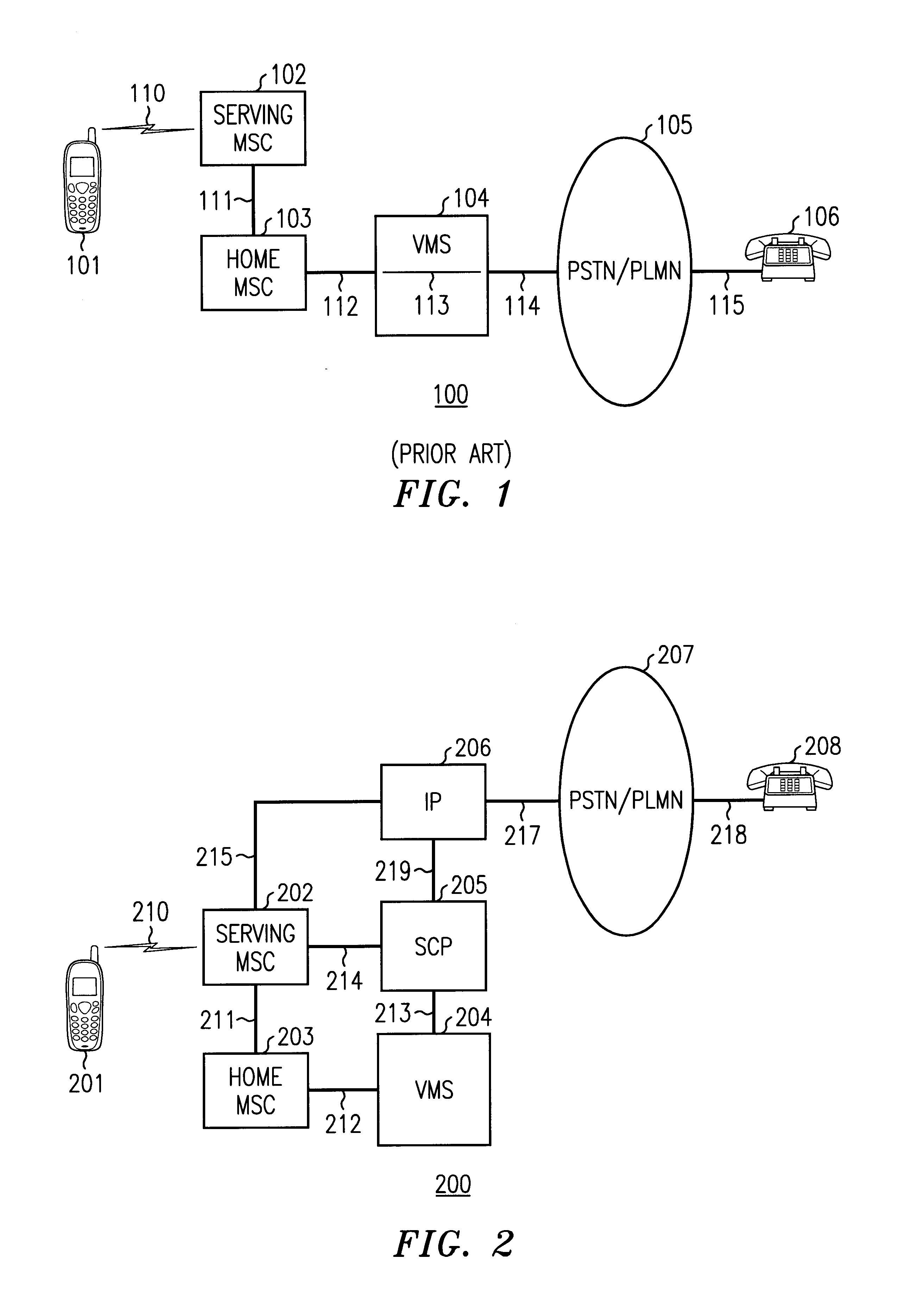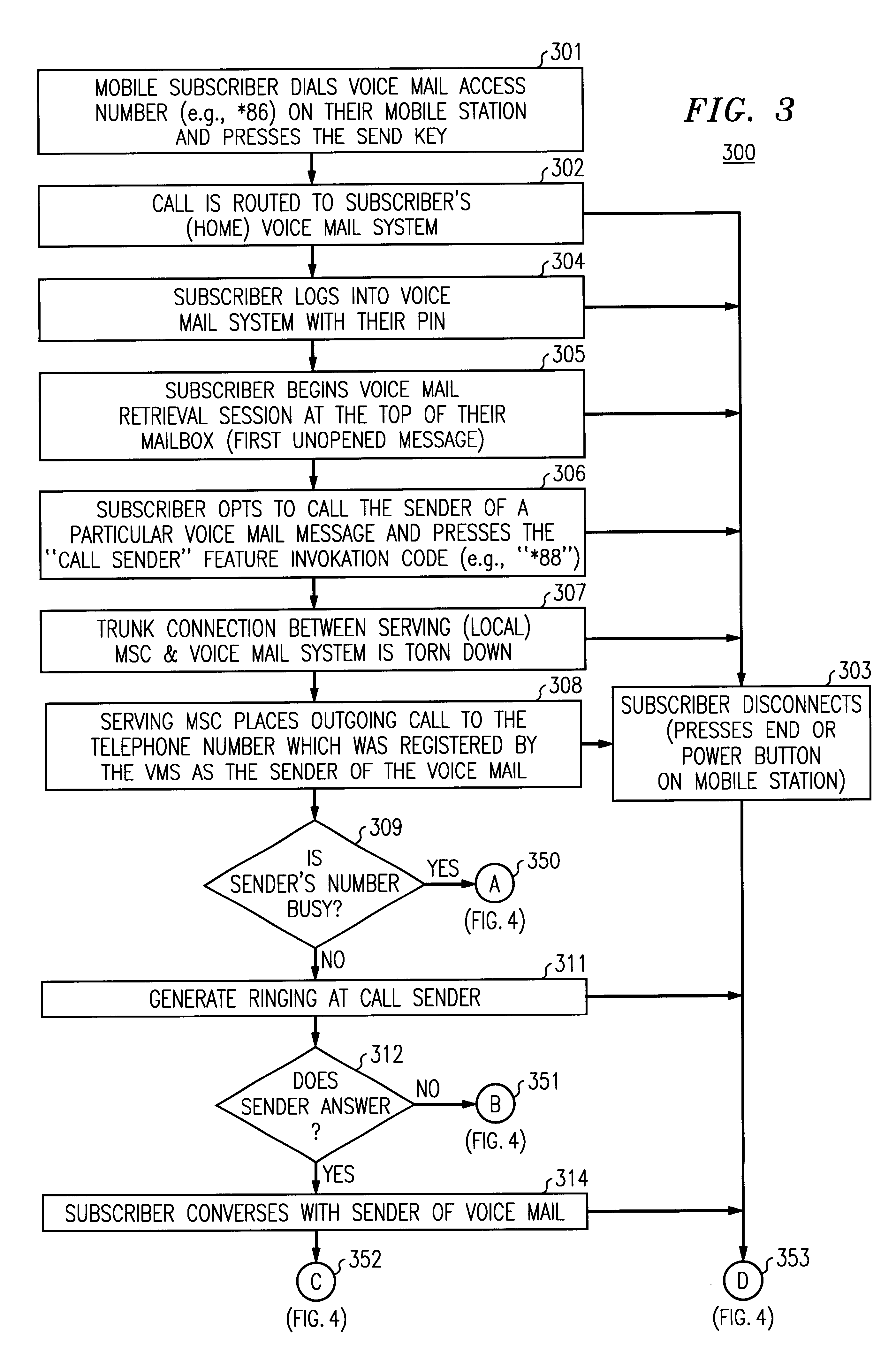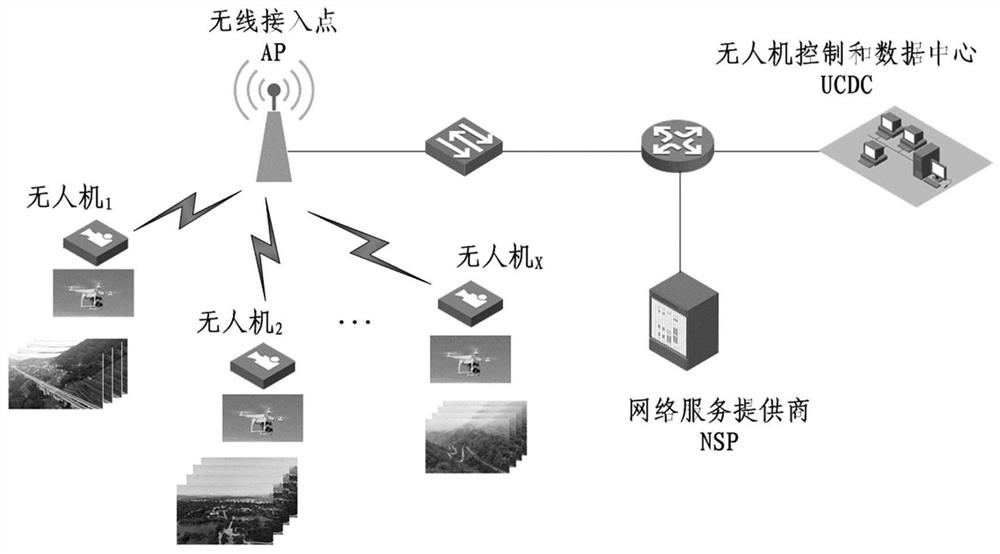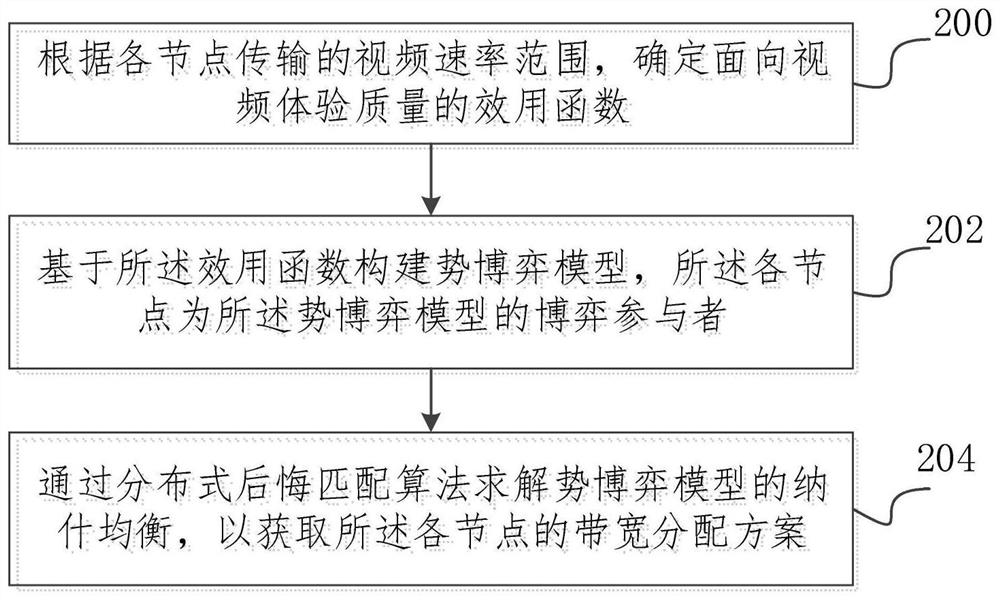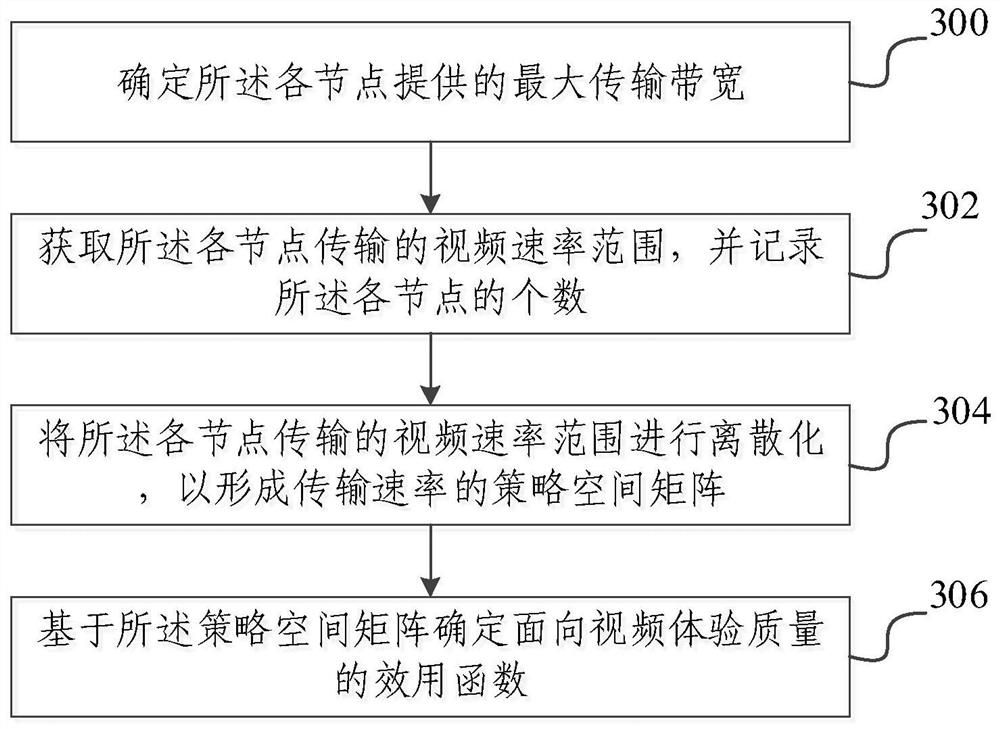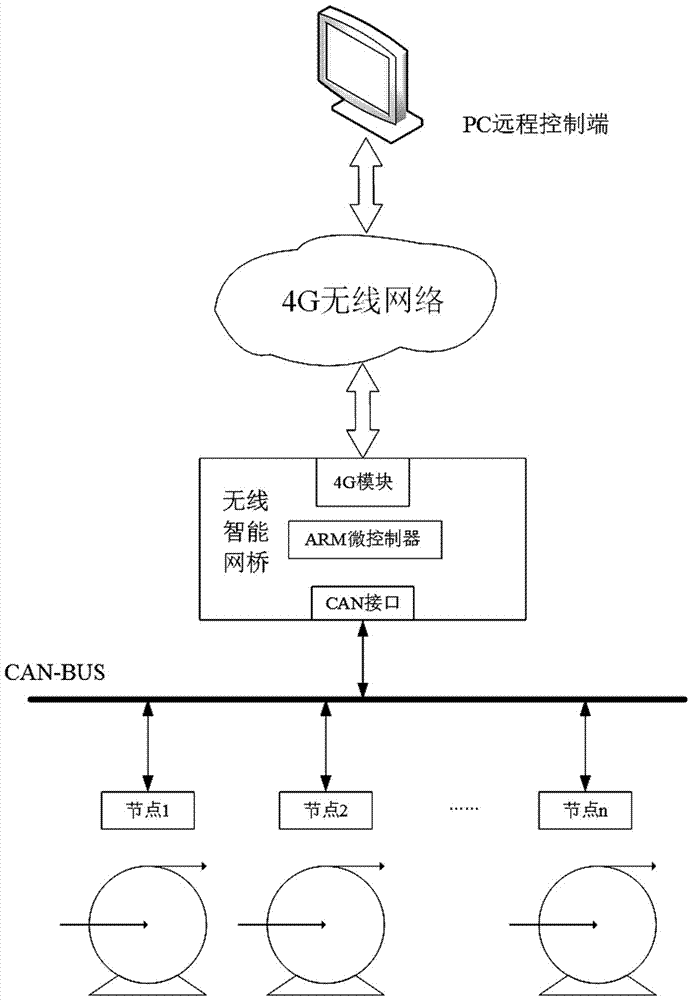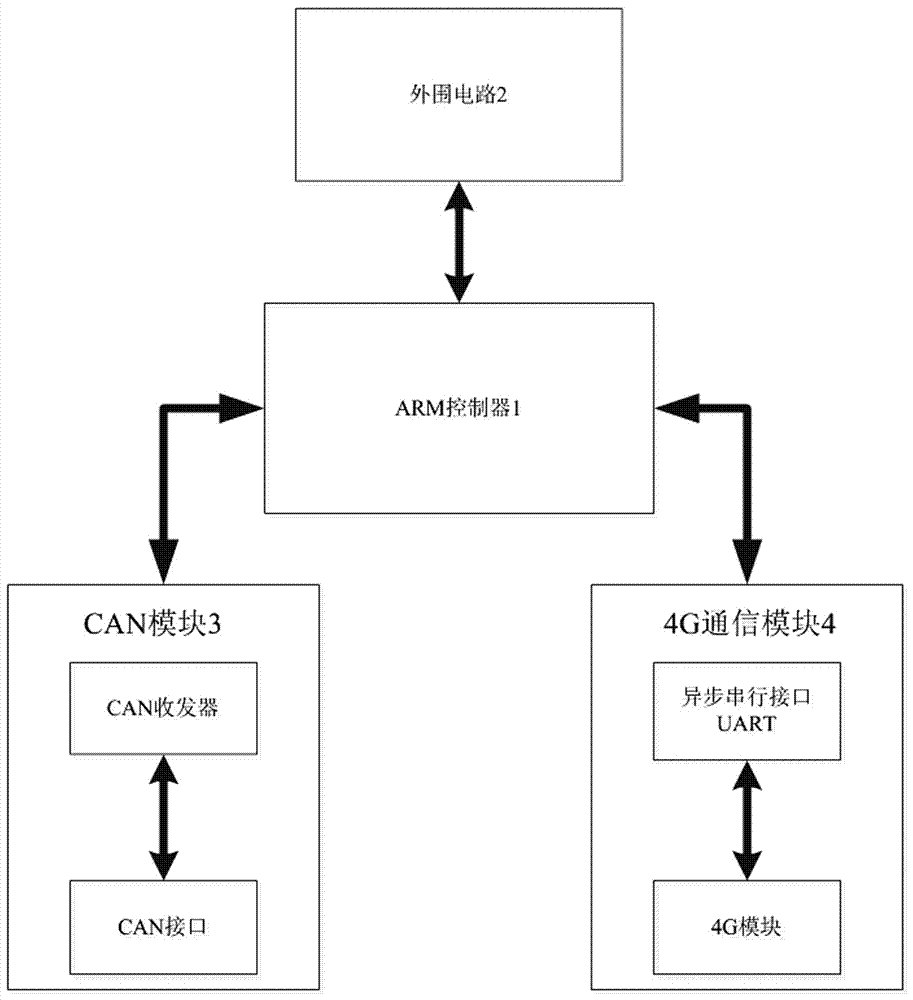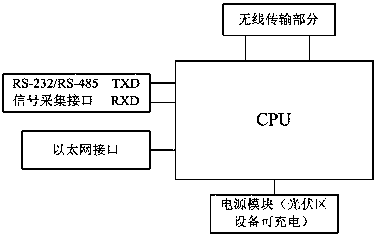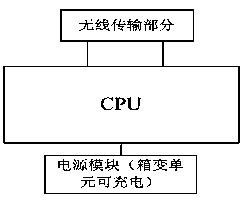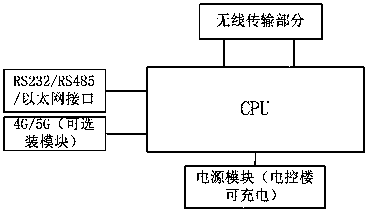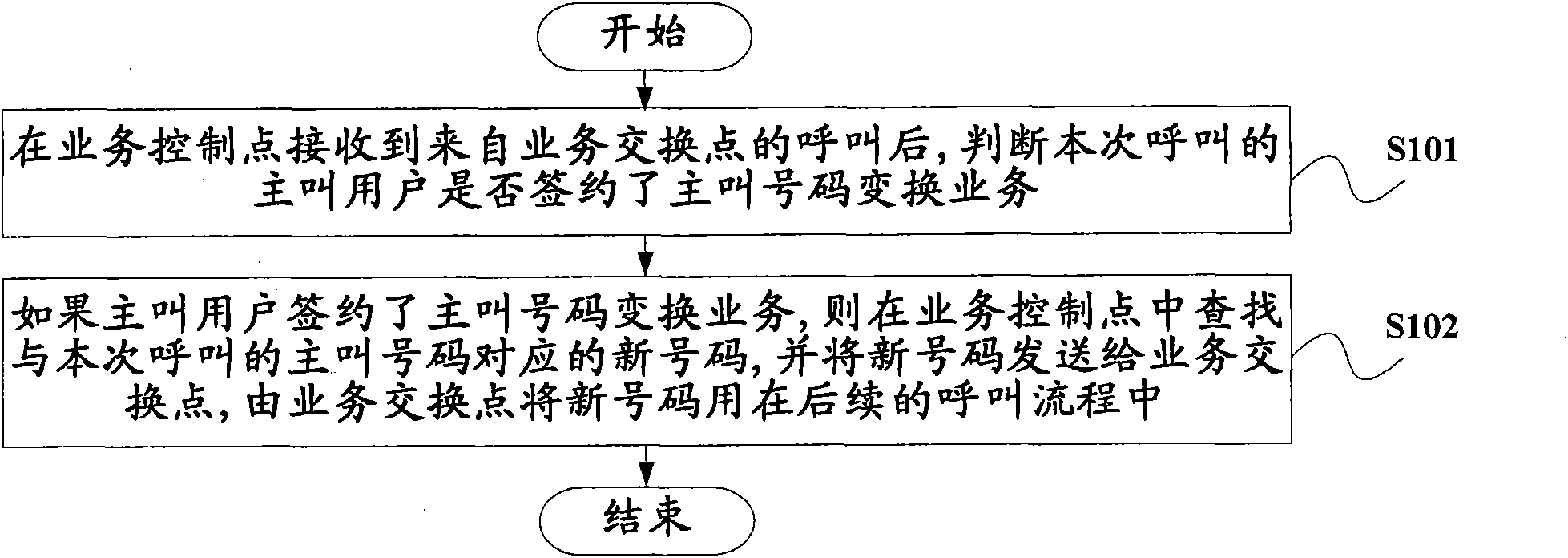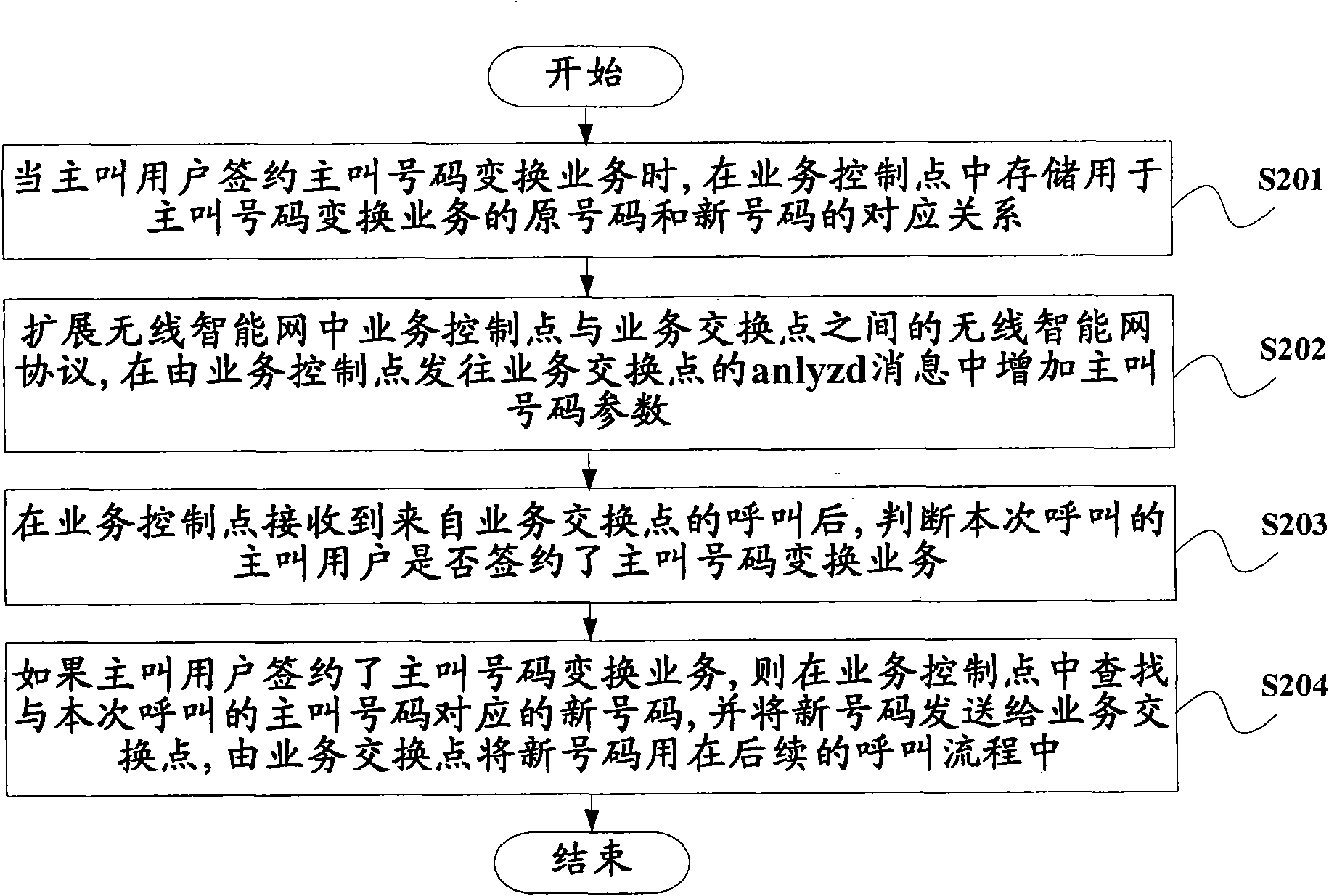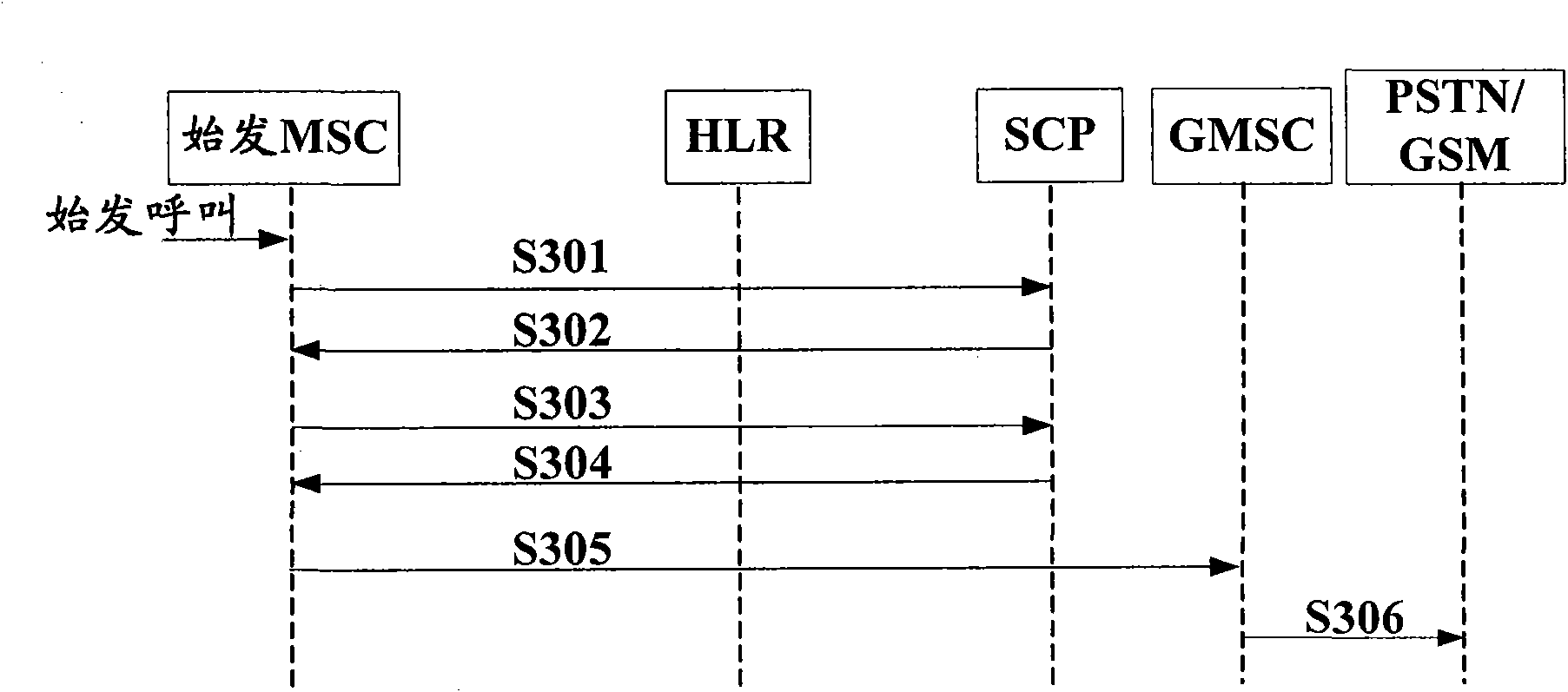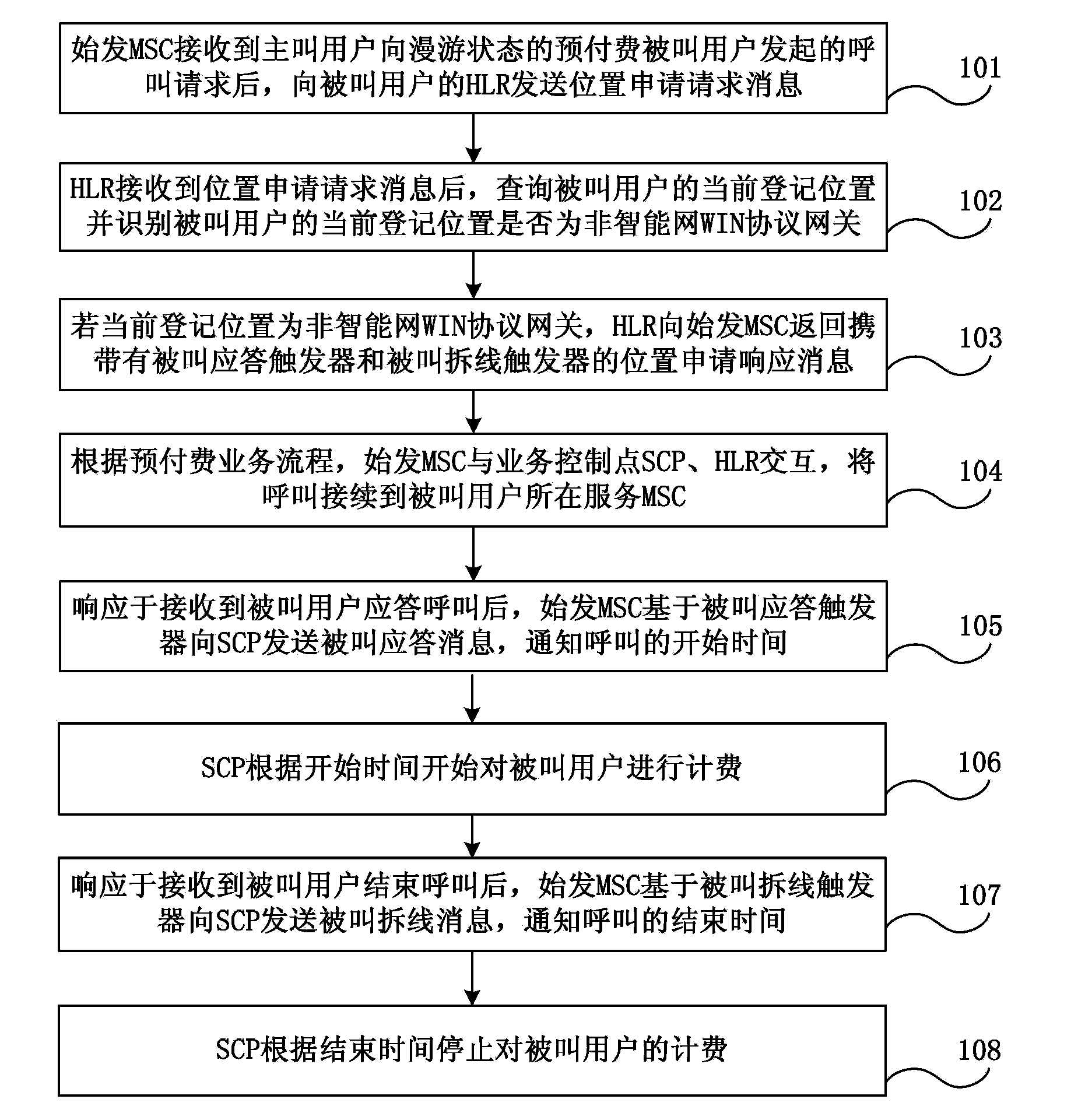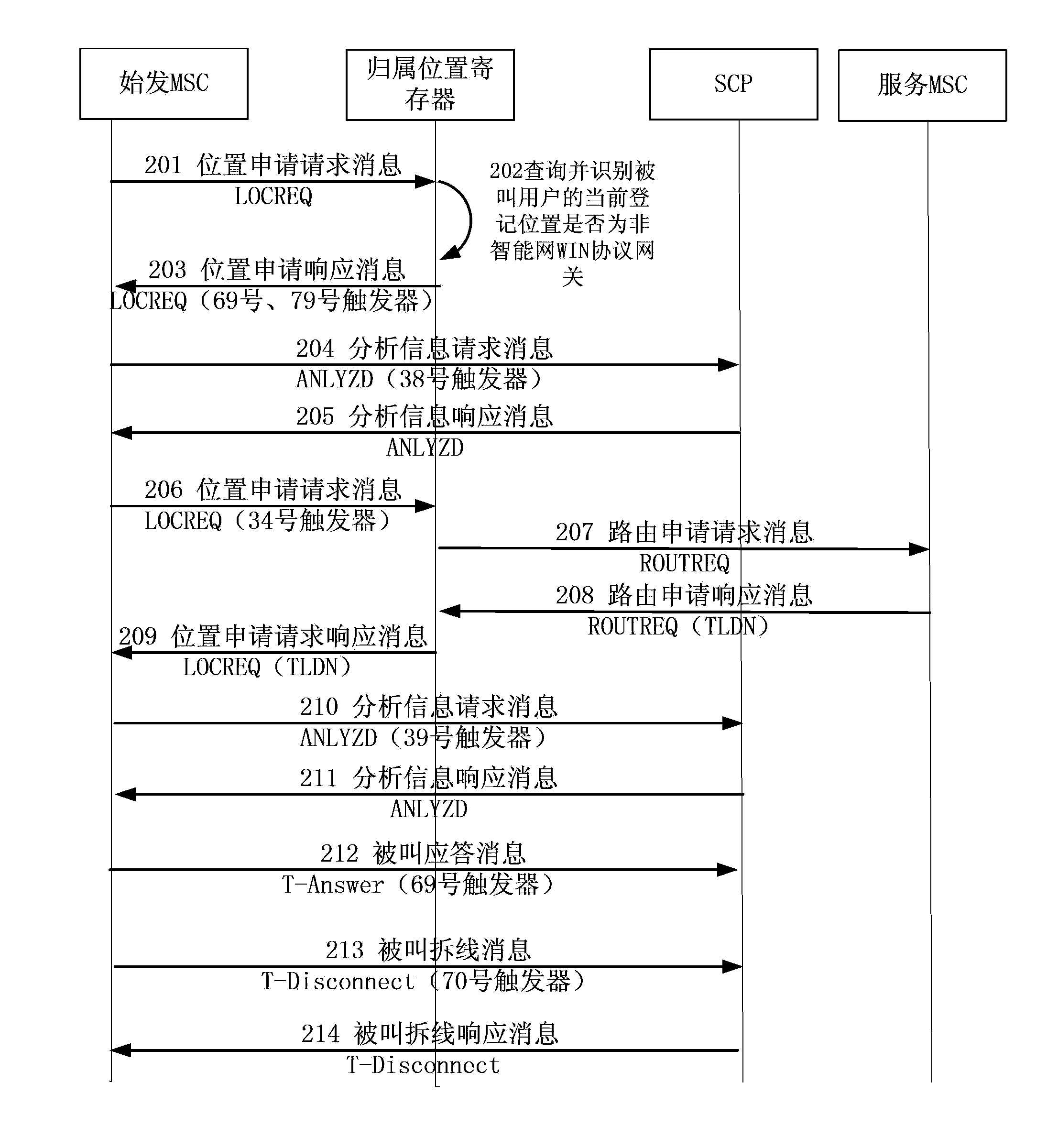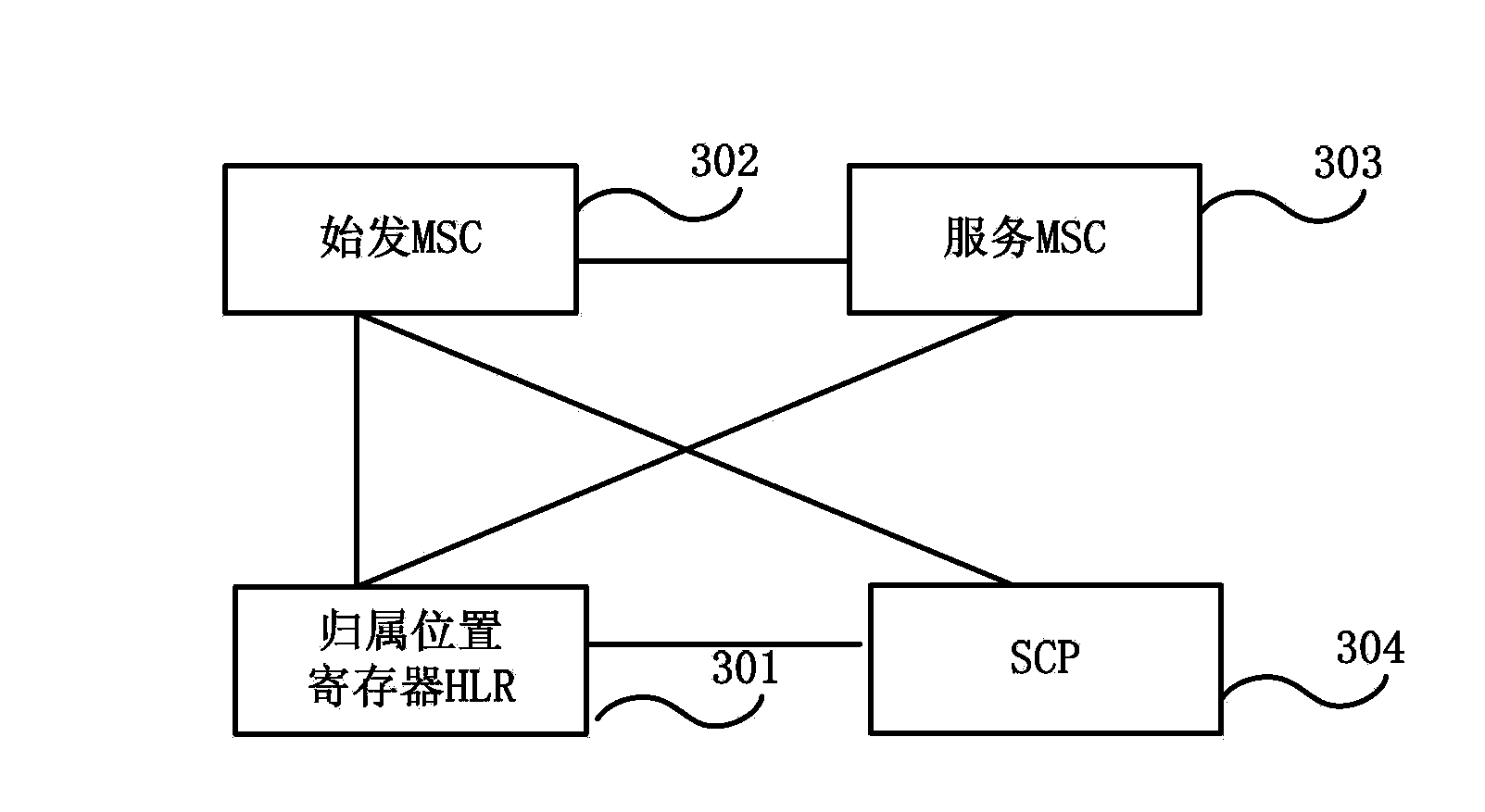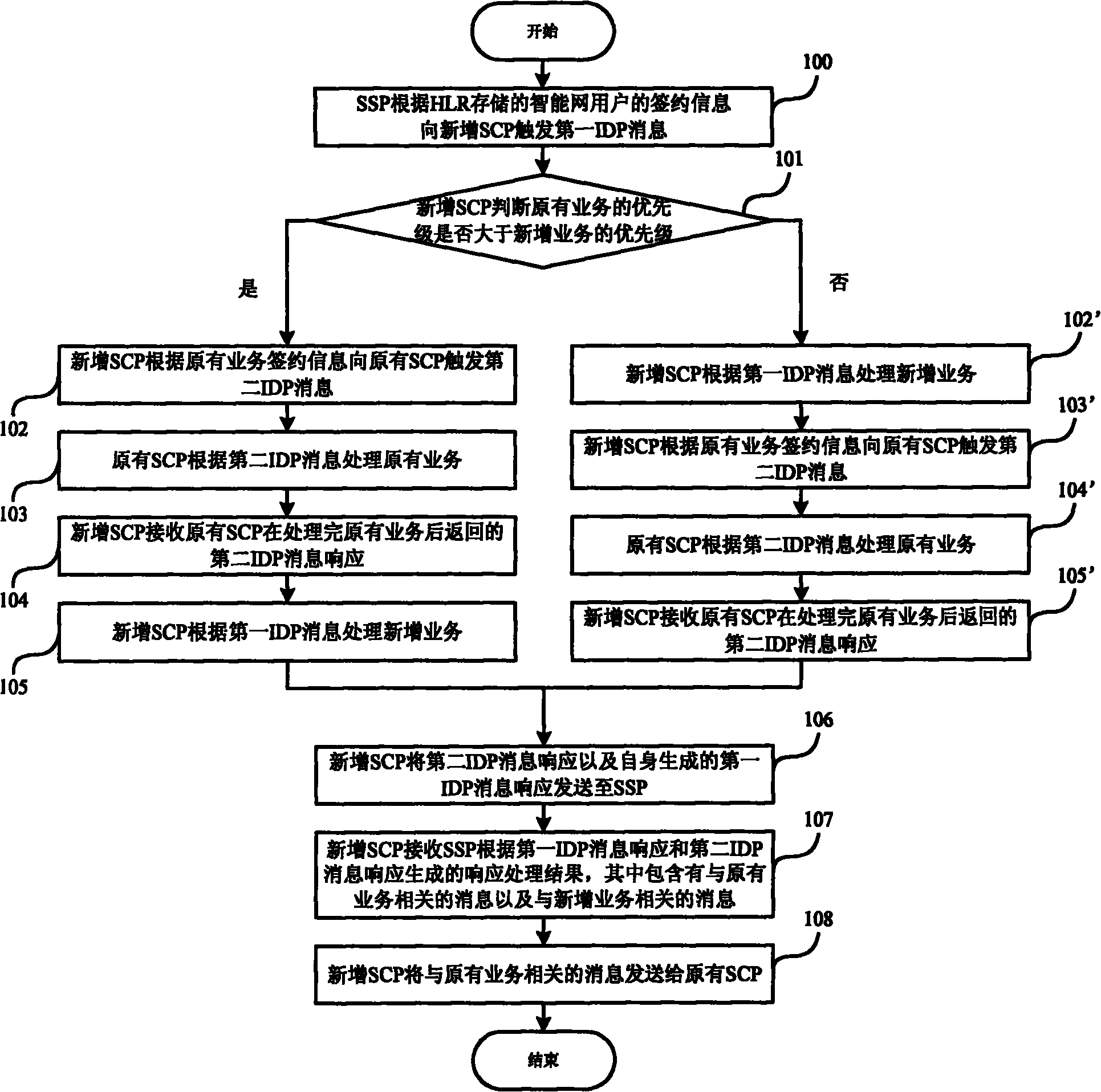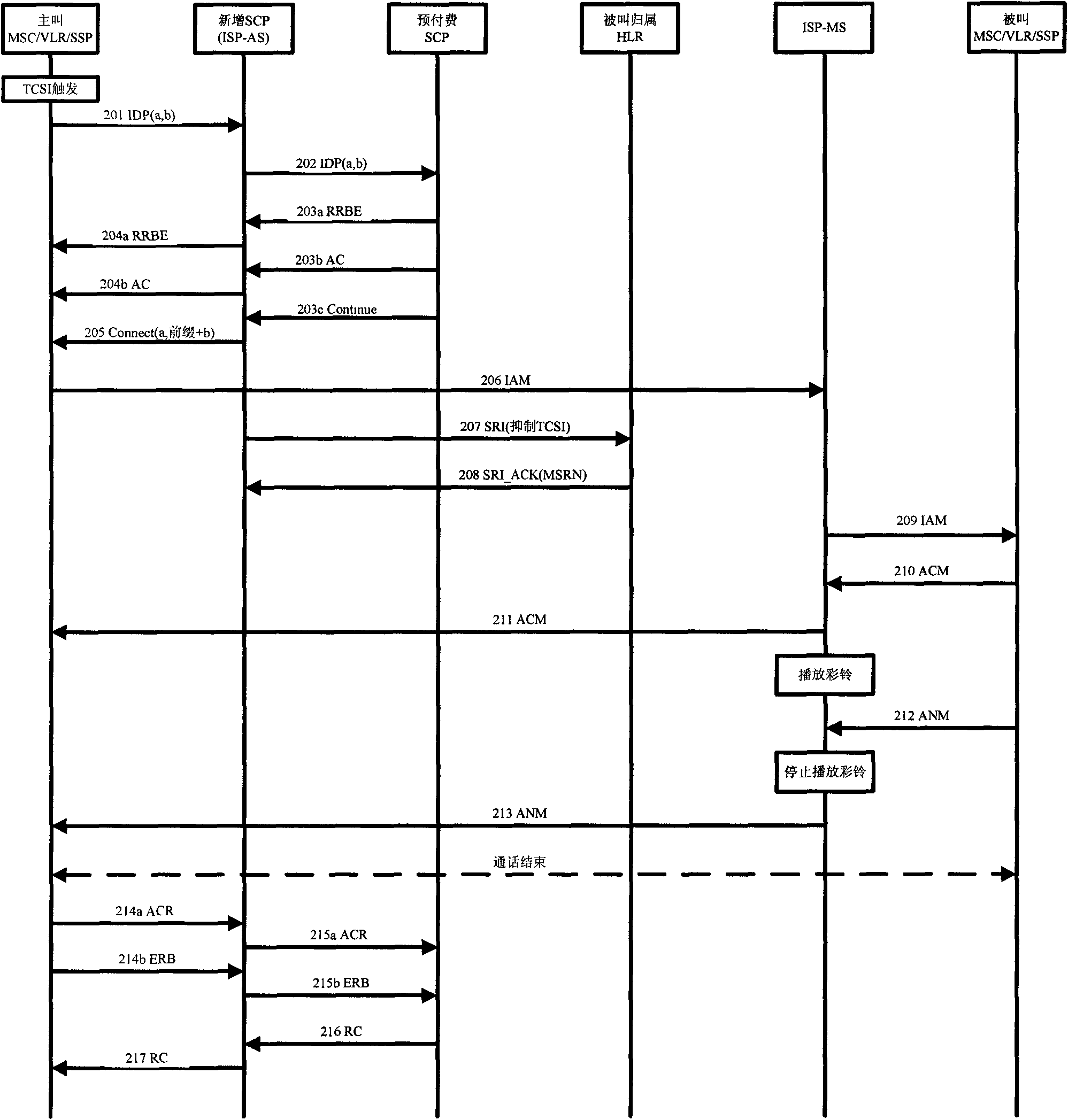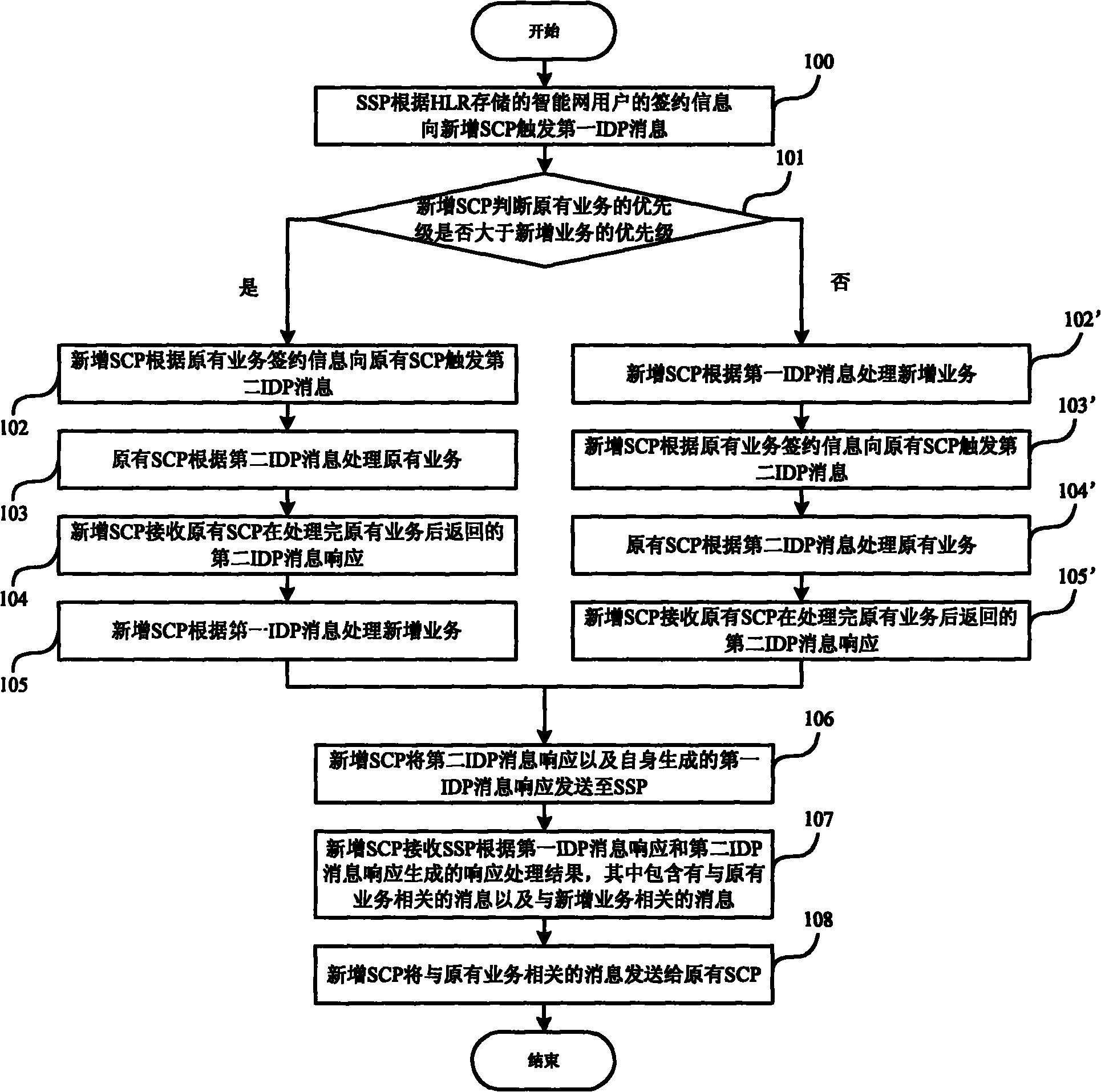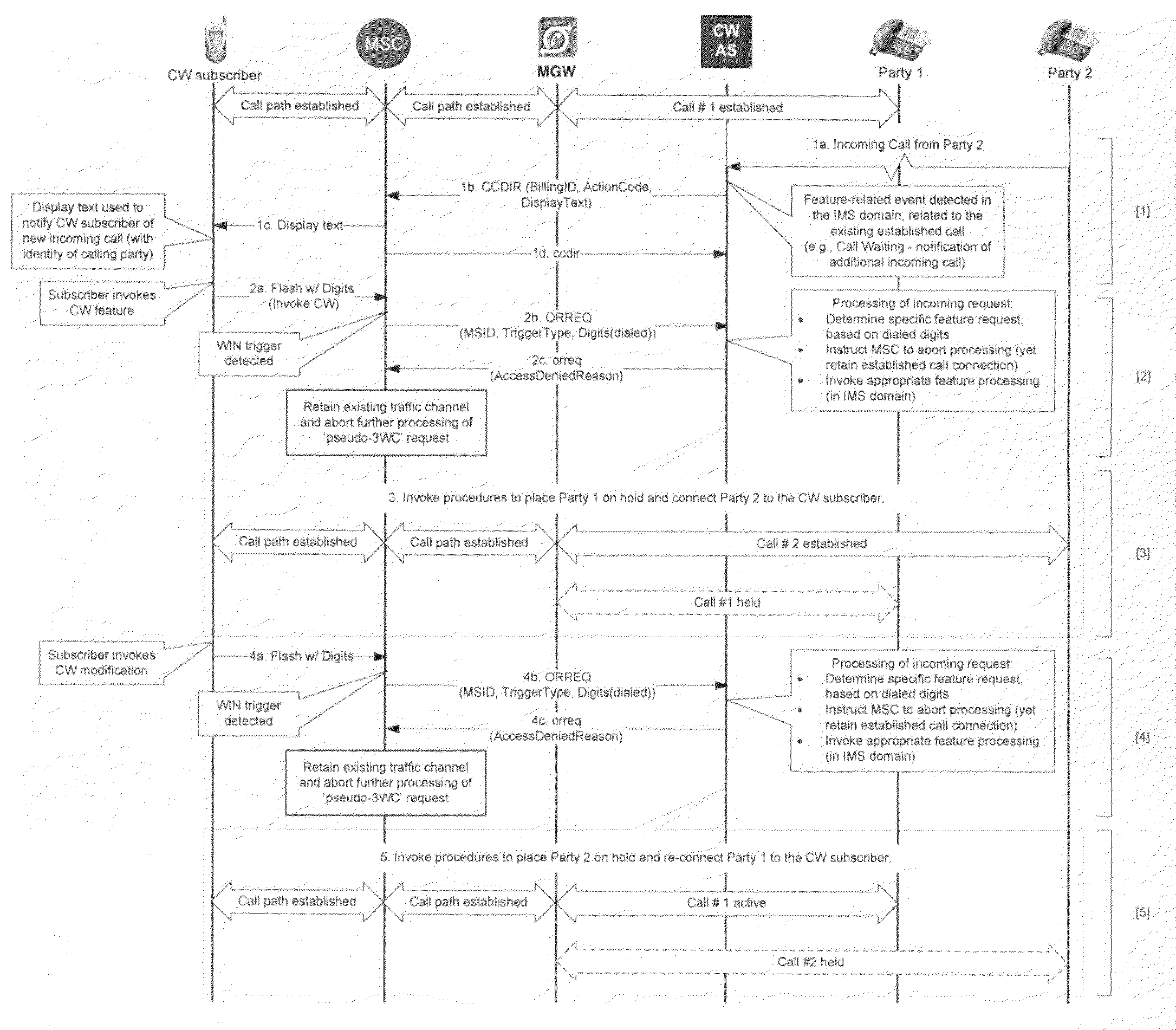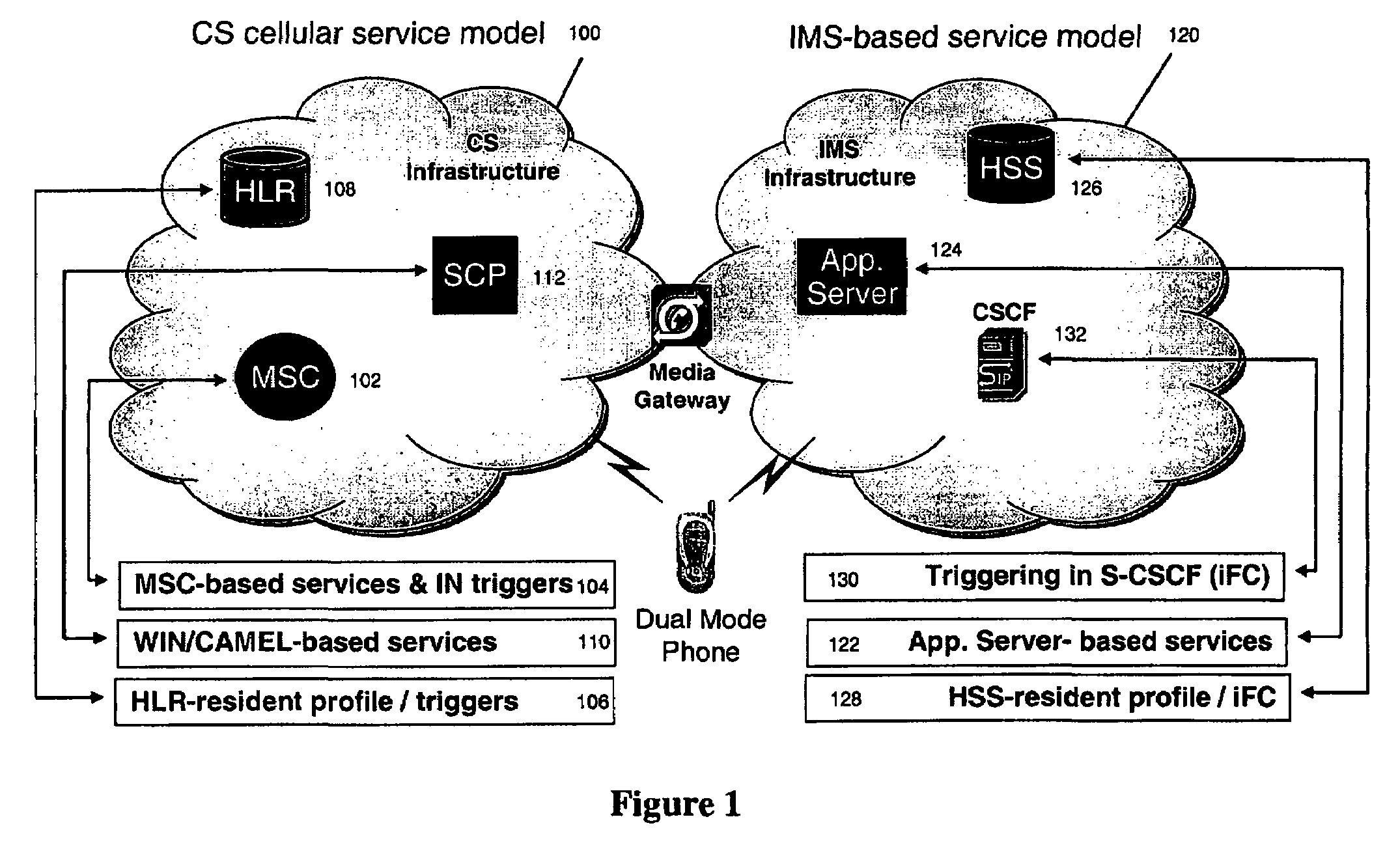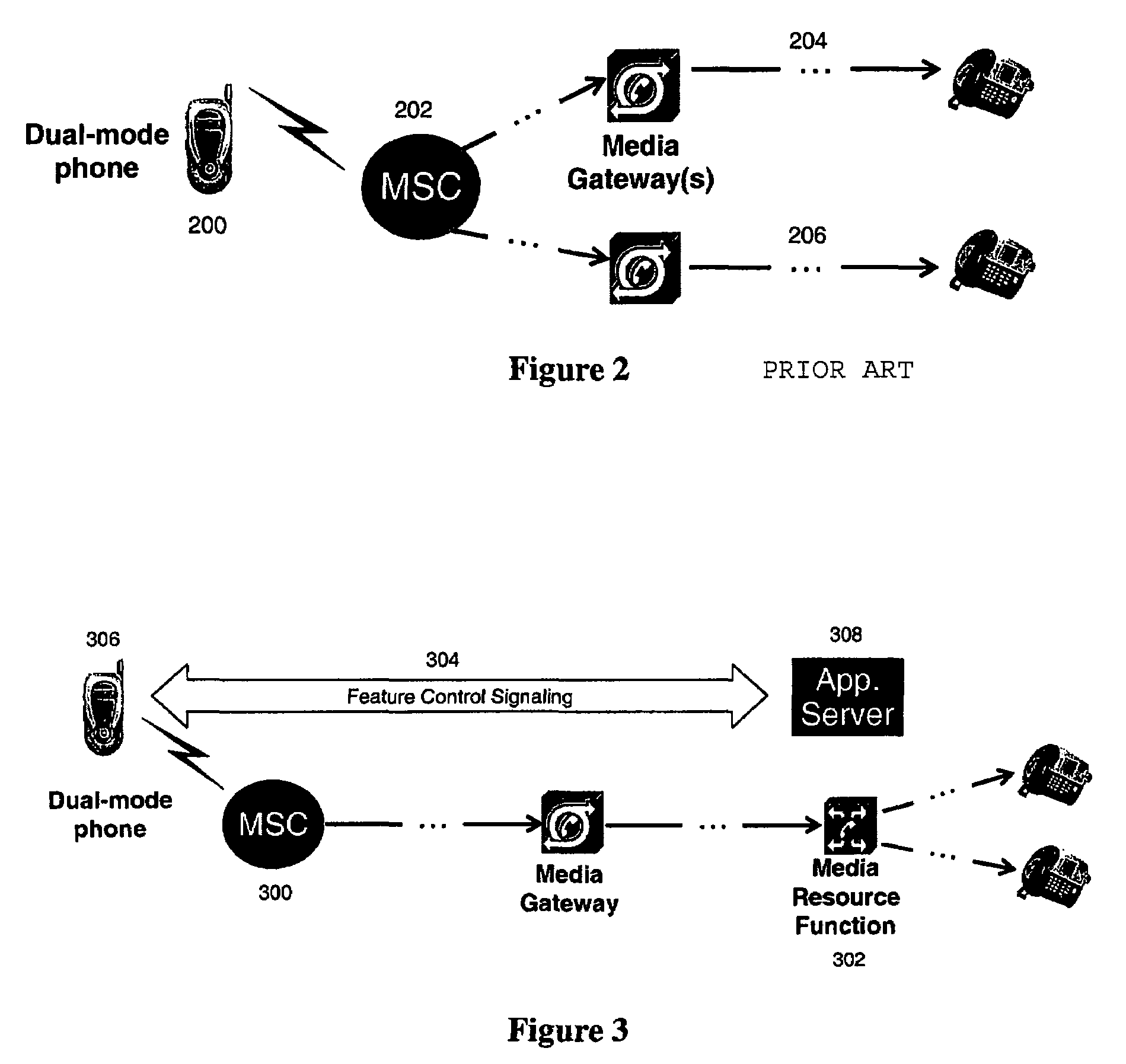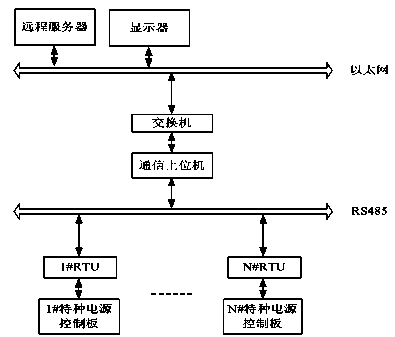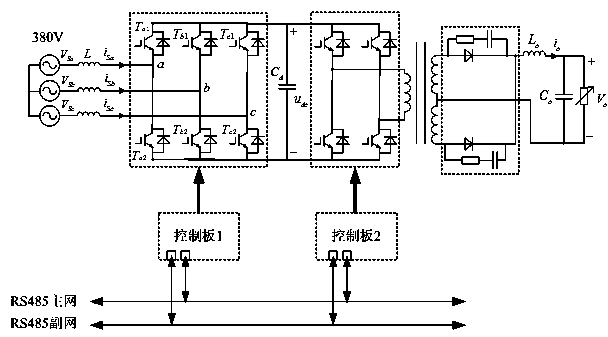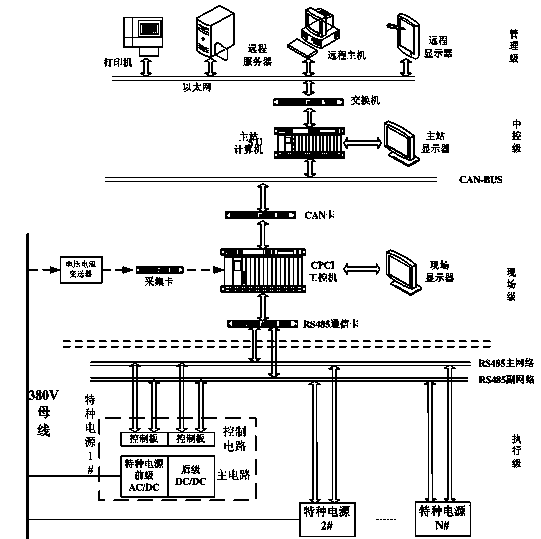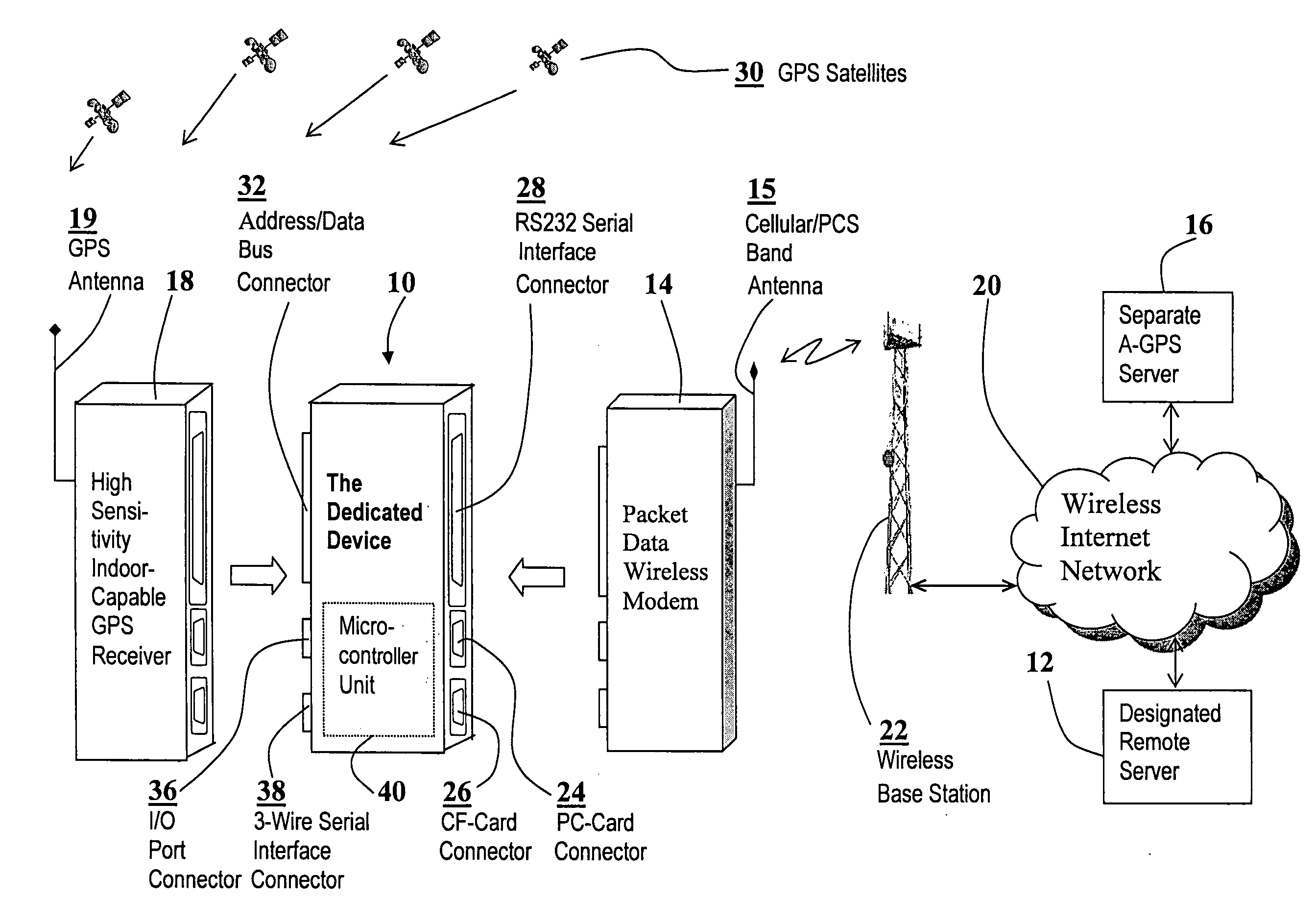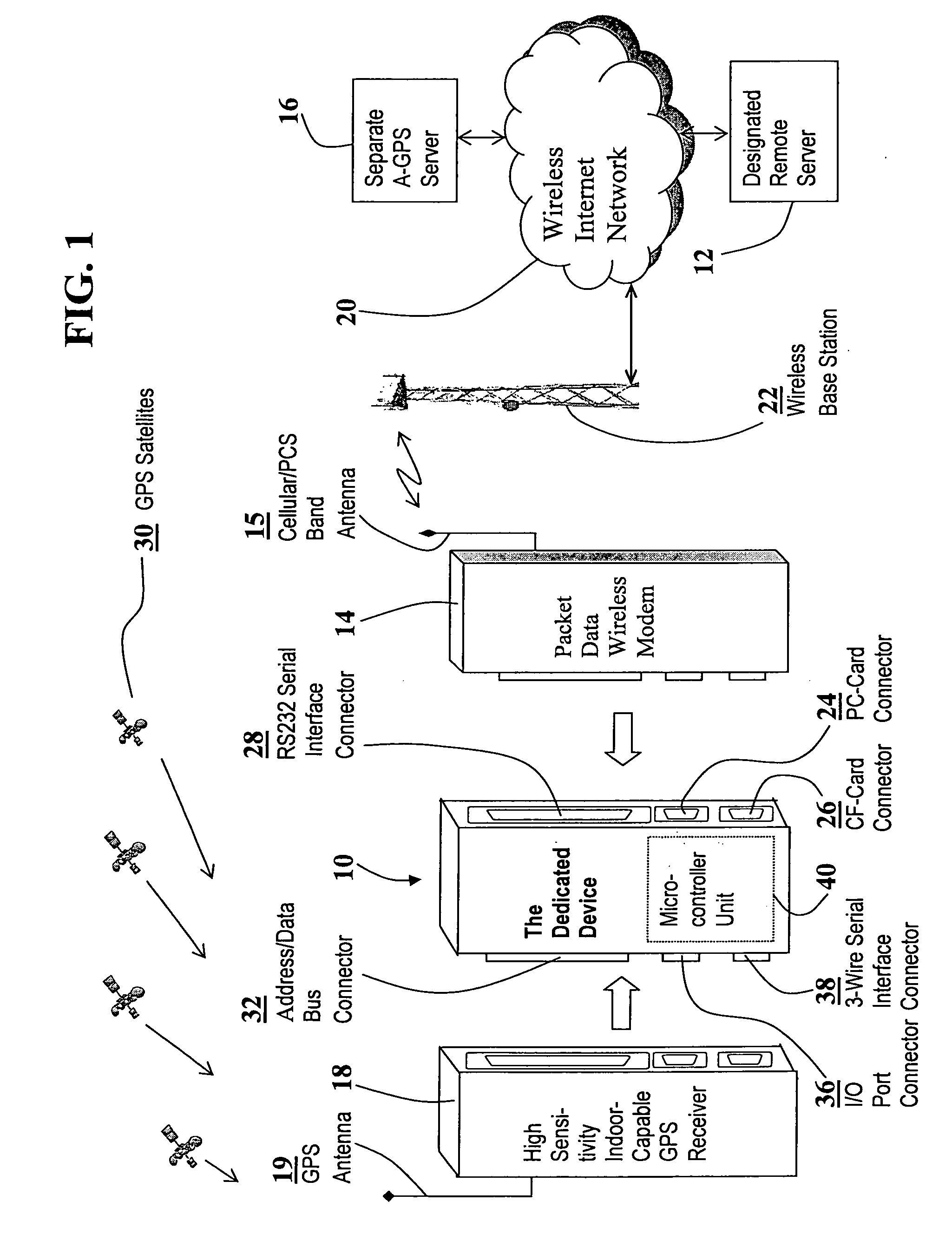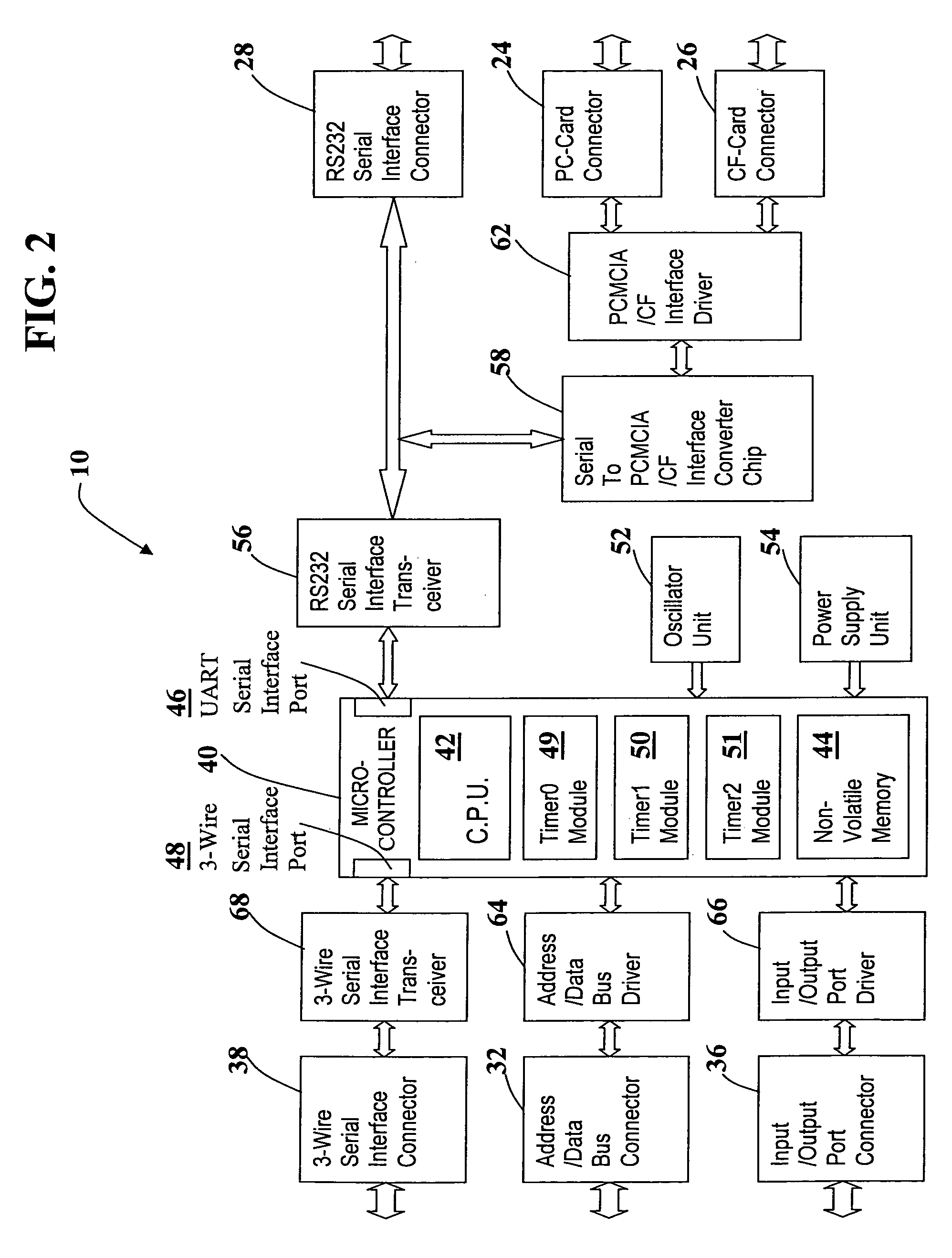Patents
Literature
60 results about "Wireless intelligent network" patented technology
Efficacy Topic
Property
Owner
Technical Advancement
Application Domain
Technology Topic
Technology Field Word
Patent Country/Region
Patent Type
Patent Status
Application Year
Inventor
Wireless Intelligent Network. Wireless Intelligent Network (also referred to as a WIN) is a concept developed by the TR-45 Mobile and Personal Communications Systems Standards engineering committee of the Telecommunications Industry Association (TIA).
Personal tracking device
InactiveUS7015817B2Improve transfer rateTelephonic communicationElectric signalling detailsMonitoring systemTelephone network
A system for monitoring the location of individuals, such as parolees, includes a wearable device worn by the individual and a portable device operatively coupled to the wearable device. The portable device is operatively coupled to a monitoring system through a wireless telephone network. The portable device transmits periodically encrypted location information as well as status information across the wireless network to the monitoring system. The monitoring system tracks the location of the individual and alerts the appropriate authorities when the individual violates a rule, such as a condition for parole. The portable device increases the time between transmissions when the individual is within a specified home location and reduces the time between transmissions when outside the specified location.
Owner:BI
Intelligent network providing network access services (INP-NAS)
InactiveUS7496652B2Efficient use ofConsiderable timeBroadband local area networksMultiple digital computer combinationsIntelligent NetworkSmart network
An open Information Services network architecture is disclosed which enables multiple business entities to assume specialized roles of access provider, service provider, and service retailer. The disclosed technology provides instant plug-and-play service, decouples access and service networks and provides seamless (single step) access enabling customers to maintain a service account regardless of location. The benefits of the disclosed technology, among others, include: Multi-level and multi-service registration; Broker Services providing customers with a choice of provider; Security Services relating to distribution; Revenue Assurance services, Gentle Reminder / Gentle Touch; Revenue Assurance services pertaining to usage integrity verification upon registration; mobile services derived from G-ISN; and claim benefits pertaining to LNP services derived from G-ISN.
Owner:AI-CORE TECH LLC +1
Intelligent network
InactiveUS7209964B2Easy to handleEliminate dependenciesInterconnection arrangementsSpecial service for subscribersExchange networkBusiness object
In a telecommunications switching network having a resource complex including network switches, an intelligent service platform for providing intelligent call processing and service execution for call events received at the switches and requiring call processing services. A centralized administration system is provided that comprises a system for storing one or more reusable business objects that each encapsulate a distinct call-processing function, and any associated data required by the business object; a system for distributing selected business objects and associated data to selected nodes in the switching network based on pre-determined node configuration criteria; and, a system for activating the business objects in preparation for real-time use. A computing platform is provided within each node for executing those business objects required to perform a service in accordance with an event received at the network switch. Also within a node is a storage and retrieval system for sorting and retrieving selected objects and any associated data distributed by the administration system, and making them locally available to the computing platform when required to perform a service. An underlying location-independent communication system is provided to coordinate interaction of one or more business objects to perform the service in response to needs of the received event.
Owner:VERIZON PATENT & LICENSING INC
Service control for intelligent networks for packet network connections
InactiveUS7248576B2Low costAvoid problemsMultiplex system selection arrangementsTime-division multiplexNetwork connectionService control
The invention relates to a system and method for changing protocol parameters of a signaling protocol for the implementation of services in an Intelligent Network concept with user data transfer via a packet network. Resources are provided in a service control point for parameter changes to be made in the context of the services to the signaling protocol used. Implementation of a service, which requires a change to a protocol parameter in the signaling protocol, correspondingly adapted intelligent network application part procedures are used by a service switching point to trigger the parameter changes to be made in an service control point and the change to the protocol parameter is effected by the service control point in the service switching point. The invention has the advantage that it allows parameter changes, which are not provided in the ISDN user part because of their relationship with the packet network.
Owner:NOKIA SIEMENS NETWORKS GMBH & CO KG
Prepaid/postpaid automatic change of payment option
A prepaid / postpaid reconfiguration logic module in a service control point (SCP) of a wireless network allows a subscriber to a prepaid wireless service to change payment options between prepaid and postpaid without requiring assistance from a customer care representative. Standard wireless intelligent network (WIN) messaging is used to change from a previously selected prepaid or postpaid payment option, allowing the new option to be applied to their wireless phone account before or after any or all usages (i.e., as frequently as on a call-by-call basis). Preferably, a subscriber is given the opportunity to change the prepaid / postpaid payment option not only before but also after each usage of the relevant mobile device. Changes between prepaid and postpaid payment options substantially immediately affect a real time change in the payment mode of the subscriber.
Owner:UNWIRED BROADBAND INC
Wireless intelligent network protocol with ultra-low power consumption
ActiveCN102761941ALow costReduce power consumptionPower managementNetwork topologiesFault toleranceLine sensor
The invention discloses a wireless intelligent sensor network protocol (ATZGB-SleepTree) with ultra-low power consumption. The protocol includes a physical layer, an MAC (media access control) layer, a link layer, a network layer and an application layer according to an OSI (open system interconnection) reference model. A traditional wireless sensor protocol and even an existing ZigBee protocol are quite difficult to meet the requirements of low power consumption, low cost, high fault tolerance and the like of a wireless sensor, and under the circumstance, the ATZGB-SleepTree protocol arises at the historic moment. The ATZGB-SleepTree constructs a wireless network which is low in cost and power consumption, high in sensitivity, reliability and real-time control and transmission, highly flexible in work pattern and configuration, automated in link management, capable of achieving AES (advanced encryption standard) data encryption, supportive to multiple bands and multiple wireless rates and capable of achieving synchronous sleep and synchronous wake-up of all nodes of the whole network, routing fault-tolerance and automatic recovery and is used for substituting for traditional wireless and cable network transmission modes.
Owner:北京云天创科技有限公司
Prepaid/postpaid automatic change of payment option
A prepaid / postpaid reconfiguration logic module in a service control point (SCP) of a wireless network allows a subscriber to a prepaid wireless service to change payment options between prepaid and postpaid without requiring assistance from a customer care representative. Standard wireless intelligent network (WIN) messaging is used to change from a previously selected prepaid or postpaid payment option, allowing the new option to be applied to their wireless phone account before or after any or all usages (i.e., as frequently as on a call-by-call basis). Preferably, a subscriber is given the opportunity to change the prepaid / postpaid payment option not only before but also after each usage of the relevant mobile device. Changes between prepaid and postpaid payment options substantially immediately affect a real time change in the payment mode of the subscriber.
Owner:UNWIRED BROADBAND INC
Wireless hot-lining with automatically assigned variable hot-line number
InactiveUS6782258B2Radio/inductive link selection arrangementsWireless commuication servicesLeast costService control
A technique and architecture that enables a Service Provider (SP) to hot-line a roaming WIN subscriber (e.g., a prepaid subscriber) to a closest WIN platform via a Least Cost Network (LCN), depending on the location, and optionally, on the time of a call from a roaming subscriber. Importantly, the present invention allows a service provider to significantly reduce the cost of routing a long distance call when the subscriber roams outside the service provider's network. A service provider may automatically provide one of a plurality of hot-line numbers to a roaming subscriber (e.g., a prepaid subscriber) of a wireless network (e.g., a Wireless Intelligent Network (WIN)) associated with a desired wireless network platform (e.g., a closest WIN platform, e.g., service node (SN), service control point (SCP), etc.) via a LCN. The LCN can be, e.g., an SS7 network, a PSTN, a TCP / IP (Internet), or dedicated trunks.
Owner:TELECOMM SYST INC
Internet of things household appliance, system, wireless intelligent terminal and data transmission and configuration method
InactiveCN103916297AData switching by path configurationWireless communicationWireless routerControl signal
The invention relates to an Internet of things household appliance, a system, a wireless intelligent terminal and a data transmission and configuration method. The internet of things household appliance comprises a wireless network communication module and a first NFC module. The wireless network communication module receives a first control signal, and searches for a connectable wireless router list around the Internet of things household appliance. The first NFC module receives a second control signal sent by first equipment beyond the Internet of things household appliance, and the surrounding connectable wireless router list is acquired from the wireless network communication module. The first NFC module further acquires the corresponding identify information of one router in the surrounding connectable wireless router list from the first equipment, and the identify information is sent to the wireless network communication module. The wireless network communication module is further in network connection with the router corresponding to the identify information. According to the Internet of things household appliance, the system, the wireless intelligent terminal and the data transmission and configuration method, network configuration can be conducted on the household appliance without a display, and the household appliance is made to be access to a home network.
Owner:HAIER GRP CORP +1
Establishment method and system for home intelligent network
ActiveCN107302786ASave time required for networkingShorten the timeAssess restrictionConnection managementIntelligent NetworkBroadcast domain
The invention discloses an establishment method and system for a home intelligent network. The method comprises the steps that a controller monitors broadcast information of all node devices in a signal coverage range through a controller, randomly selects one to-be-connected node device to establish connection and sends a networking instruction to the node device for networking; and the networked node device monitors the broadcast information of other adjacent node devices in each connection interval, randomly selects one to-be-connected adjacent node device to establish connection, sends the networking instruction to the adjacent node device for networking and then goes on monitoring the broadcast information of the other adjacent node devices until all the node devices are networked. The other node devices are monitored by taking the nodes devices networked with the controller as network root nodes and the connection with the other node devices is established for networking. The node devices in the home network can be networked rapidly, the time required for networking the home intelligent network is greatly reduced, and the networking efficiency is improved.
Owner:SHENZHEN SHENDIE SEMICON
Call processing method during termination busy state of terminal in radio intelligent network system
InactiveUS7043245B2Reduce generationIntelligent networksSpecial service for subscribersIntelligent NetworkComputer science
A call processing method during terminating BUSY states (busy, power down, and paging failure) of a terminal in a radio intelligent network system. The method includes detecting the terminating BUSY state of the terminal from an HLR (Home Location Register); performing an OBUSY operation between a SCP and a T_Busy DP in a T_SSP when the terminating BUSY state is detected; generating an O_BCSM as a result of the operation; and re-attempting a call connect to a termination switch number transmitted to the generated O_BCSM.
Owner:LG ERICSSON
AODV protocol wireless intelligent network-based satellite attitude control simulation system
InactiveCN105259793AQuick addition and subtractionSimplify the installation processSimulator controlAttitude controlAir bearingGyroscope
The invention relates to an AODV protocol wireless intelligent network-based satellite attitude control simulation system. The satellite attitude control simulation system includes a physical simulation system and a mathematical simulation system; the mathematical simulation system is provided with an optical fiber gyroscope mathematical mode and a reaction flywheel mathematical model; the physical simulation system performs physical simulation of satellite pitching channel attitude control; the mathematical simulation system performs mathematical simulation of satellite rolling and yaw channel satellite control; the physical simulation system includes a single-axis air bearing table, wireless intelligent network nodes, a spaceborne computer, an optical fiber gyroscope, a reaction flywheel and a power source; and the optical fiber gyroscope, the spaceborne computer, the reaction flywheel and a simulation computer are respectively with one or a plurality of wireless intelligent network nodes and can communicate with each other through the wireless intelligent network nodes. The AODV protocol wireless intelligent network-based satellite attitude control simulation system of the invention has the advantages of high simulation flexibility, low cost and high implementation performance, and can improve the flexibility and the feasibility of a small satellite attitude control simulation test.
Owner:NAT UNIV OF DEFENSE TECH
Detection method for partial discharge through intelligent sensor
InactiveCN107656180AReduce the impactAdaptation to influenceTesting dielectric strengthPosition fixationWireless mesh networkHigh pressure
The invention discloses a detection method for partial discharge through an intelligent sensor, so as to iron out the defect of partial discharge happening in an operation process of high-voltage power equipment. A wireless sensing network based on a signal amplitude and intensity distribution positioning algorithm is constructed, and can be used for a power equipment partial discharge online detection system in various occasions. The system mainly comprises a UHF (ultrahigh frequency) intelligent sensor, the wireless sensing network and a portable data analysis unit. The whole power equipmentsystem can employ a plurality of intelligent sensors which are used for detecting electromagnetic signals generated by partial discharge. The plurality of intelligent sensors form an intelligent network through the wireless technology, and the data transmission and sharing is achieved through a wireless network. The fusion processing and analysis of the UHF electromagnetic signals obtained by theplurality of intelligent sensors is carried out through combining with a novel amplitude and intensity positioning method and employing a data analysis unit, and a defect positioning and diagnosis result is given. The method is suitable for the fault diagnosis of high-voltage equipment.
Owner:STATE GRID HEILONGJIANG ELECTRIC POWER CO LTD ELECTRIC POWER RES INST +1
Apparatus and method for multiplexing special resource of intelligent network-intelligent peripheral
InactiveUS7139238B2Not be restored correctlySpecial service provision for substationInterconnection arrangementsIntelligent NetworkResource management
An apparatus and method for multiplexing a special resource of an intelligent network-intelligent peripheral (IN-IP) are disclosed, including a plurality of specialized resources that provide services to subscriber calls, contacting an intelligent network, and a plurality of modules that manage groups of the specialized resources. A main processor manages the plurality of modules and collects state information from each of the modules. A resource management block restores a service to a subscriber call, disrupted by a faulty one of the specialized resources, in accordance with the state information collected by the main processor.
Owner:LG ERICSSON
Wireless hot-lining with automatically assigned variable hot-line number
InactiveUS20020025809A1Radio/inductive link selection arrangementsWireless commuication servicesService controlLeast cost
A technique and architecture that enables a Service Provider (SP) to hot-line a roaming WIN subscriber (e.g., a prepaid subscriber) to a closest WIN platform via a Least Cost Network (LCN), depending on the location, and optionally, on the time of a call from a roaming subscriber. Importantly, the present invention allows a service provider to significantly reduce the cost of routing a long distance call when the subscriber roams outside the service provider's network. A service provider may automatically provide one of a plurality of hot-line numbers to a roaming subscriber (e.g., a prepaid subscriber) of a wireless network (e.g., a Wireless Intelligent Network (WIN)) associated with a desired wireless network platform (e.g., a closest WIN platform, e.g., service node (SN), service control point (SCP), etc.) via a LCN. The LCN can be, e.g., an SS7 network, a PSTN, a TCP / IP (Internet), or dedicated trunks.
Owner:TELECOMM SYST INC
Method and apparatus to enable enhanced services of an intelligent telephone network in a wireless environment
InactiveUS6922413B1Low costSpecial service for subscribersTime-division multiplexTelephone networkSignaling system
The subject invention enables enhanced service nodes to interface to wireless intelligent network enabled switch networks in a way the minimizes the cost of network resources while also allowing the wireless intelligent network enabled enhanced services applications to be distributed across multiple geographically dispersed enhanced services nodes. Each of these nodes can have one or more enhanced services applications which can be either or both wireless and wireline enabled. The invention provides a method and apparatus for creating and managing signals in an advanced intelligent telephone network, such as Signaling System 7, resulting from a wireless subscribed in order for the subscriber to access enhanced services.
Owner:IBM CORP
Intelligent wireless network with controllable topological structure
ActiveCN103338528AStrict requirementsAchieve positive matchingAssess restrictionNetwork topologiesWireless routerIntelligent Network
The invention discloses an intelligent wireless network with a controllable topological structure. The intelligent wireless network comprises a wireless coordinator gateway 110, at least a wireless router 120, at least a wireless terminal 130 and an upper control system 140, wherein the wireless coordinator gateway and the wireless routers form a backbone network and communicate in a Beacon way; the wireless terminals communicate with all nodes of the backbone network in a Non-beacon way. A network node is electrified and enters a self-organizing network mode at first, then a wireless network coordinator is used for broadcasting the topological structure to the wireless routers, and the wireless routers are connected with a new farther node in sequence from bottom up according to the topological structure. After the backbone network is used for adjusting the topological structure, the wireless terminals are connected with an appointed farther node of the backbone network for communication in the Non-Beacon way to finish building of the topological structure of the whole intelligent network. In the process of building the topological structure of the wireless network, wireless nodes are forwardly matched in position and signal intensity for the convenience of better achieving the network signal and transmission stability.
Owner:HUAQING KESHENG BEIJING INFORMATION TECH CO LTD
Production resource pushing system based on wireless intelligent network
InactiveCN103376781ASolve the communication stability problemRealize ad hoc networkEnergy efficient ICTTotal factory controlElectric cablesLow power dissipation
The invention discloses a production resource pushing system based on a wireless intelligent network. The wireless network is built by a coordinator gateway, and resources like materials, tools and personnel are pushed through keys by a calling terminal in the network and a key expansion box. Node routing is achieved by a router in the network, the capacity of nodes in the network is enlarged, and a pushing request of production resources is received and processed by an upper computer. According to the production resource pushing system based on the wireless intelligent network, on the basis of a wireless pushing system, the problem of communication stability brought by increasing of the number of nodes in the wireless network and the problem that external cables are connected to the wireless calling terminal are emphatically solved. Therefore, the production resource pushing system is more suitable for occasions of the application of large-scale nodes, electricity is supplied to the low-power-consumption terminal nodes through batteries, the installment and arrangement of the system are facilitated, and communication stability of multiple-node concurrent services is guaranteed.
Owner:HUAQING KESHENG BEIJING INFORMATION TECH CO LTD
Adapting device and method of PARLAY gateway to wireless intelligent network protocol
InactiveCN101163147ARadio/inductive link selection arrangementsNetworks interconnectionComputer networkCode division multiple access
The invention discloses an adaptation device of leading PARLAY gateway to wireless intelligent network protocol. The device comprises a PARLAY status machine unit, a protocol adapter (PS ADAPTER) and a code division multiple access (CDMA) status machine unit. The PARLAY status machine unit is used for maintaining and logically controlling to the status of broadband service through calling PARLAY application programming interface. The PS ADAPTER is used for converting interactive information between the PARLAY application programming interface and the wireless intelligent network (WIN) protocol. The CDMA status machine unit is used for realizing the WIN information transmitted through WIN protocol, and logically controlling CDMA service status. The invention also discloses an adaptation method of leading PARLAY gateway to wireless intelligent network protocol. The adaptation from PARLAY gateway to WIN protocol can be realized by taking advantage of the device and the method of the invention.
Owner:ZTE CORP
Method and apparatus for supporting voice message services with automatic rebound in a wireless intelligent network
InactiveUS6839555B2Low costConfiguring facilityMultiplex system selection arrangementsSpecial service for subscribersCommunications systemService control
The present invention supports a voice messaging service in a wireless communications system. A subscriber accesses a voice messaging system (VMS) through a wireless device in order to retrieve voice messages that are deposited into the subscriber's voice mailbox. The subscriber may wish to return a call to a call sender. The call is established to the call sender's directory number through a serving mobile switching center (MSC) in concert with a service control point (SCP) and an intelligent peripheral (IP). The subscriber may return to the VMS so that the subscriber can resume the voice mail session. The subscriber ends the call or optionally enters a feature rebound code. The IP detects an associated call event and initiates a connection between the subscriber and the VMS. The IP notifies the SCP, causing the SCP to instruct the serving MSC to re-establish the connection between the subscriber and the VMS.
Owner:LUCENT TECH INC +1
Bandwidth allocation method and device for multi-node video transmission and electronic equipment
ActiveCN112584527AGood overall utilityReasonable bandwidth allocation schemeInference methodsWireless communicationVideo rateVideo transmission
The invention provides a bandwidth allocation method and device for multi-node video transmission and electronic equipment, and belongs to the field of wireless intelligent network communication. Themethod comprises the steps: determining a utility function for video experience quality according to the video rate range transmitted by each node; constructing a potential game model based on the utility function, wherein each node is a game participant of the potential game model; and solving Nash equilibrium of the potential game model through a distributed regret matching algorithm to obtain abandwidth allocation scheme of each node. According to the method, the potential function of the game is determined by constructing the potential game model, the Nash equilibrium of the potential function is solved through the distributed regret matching algorithm, the solution of the Nash equilibrium is the optimal channel bandwidth allocation scheme, so that convergence can be realized in a very short time, and meanwhile, the total utility value of the video is converged to a certain stable value; therefore, a more reasonable bandwidth allocation scheme and better overall utility can be obtained.
Owner:NAT INNOVATION INST OF DEFENSE TECH PLA ACAD OF MILITARY SCI
Special-purpose 4G wireless intelligent network bridge for industrial metering pump remote monitoring
ActiveCN107171916ARealize communicationReduce processingNetwork traffic/resource managementNetworks interconnectionComputer moduleMetering pump
The invention discloses a 4G wireless intelligent network bridge, for the purpose of satisfying the industrial demand for remote cluster control over an industrial metering pump. The 4G wireless intelligent network bridge comprises a micro controller, a peripheral circuit, a CAN module and a 4G module, wherein the micro controller is connected with the peripheral circuit, the CAN module and the 4G module. The designed 4G wireless intelligent network bridge can realize conversion from CAN protocol data to wireless frame data, and at the same time, can realize conversion from the wireless frame data to the CAN protocol data. According to the invention, the problem of mutual conversion between data in two formats, i.e., the CAN protocol data and the wireless frame data is solved. For the purpose of solving the problems of poor real-time performance, incapability of guaranteeing data security, not high pump group onsite efficiency and the like, a priority algorithm is formulated, high, medium and low-priority data in metering pump control is effectively processed, and the real-time performance can be improved. At the same time, an encryption algorithm and a pump group coordinated control algorithm are formulated based on DES.
Owner:ZHEJIANG UNIV OF TECH
Wireless intelligent network communication device based on photovoltaic power generation
PendingCN110072208ARealize monitoringAchieve accessPower managementParticular environment based servicesWireless mesh networkWired communication
The invention discloses a wireless intelligent network communication device based on photovoltaic power generation. The device is divided into three parts. An underlying layer comprises wireless acquisition nodes, and is used for collecting technical parameters on photovoltaic area equipment. Each power generation unit in the middle is provided with a wireless relay node. The wireless relay node and the wireless acquisition node realize wireless communication. The wireless gateway node on the upper layer is used for receiving the data of the wireless acquisition node under the unit, the wireless gateway node on the upper layer is in wireless communication with the wireless relay nodes, receives the data collected by each unit relay node, integrally processes and packages the data and thensends the data to the server, the server is then connected and communicated with the database, and the database is connected with the display screen. The WSN technology is used for replacing a traditional wired communication mode, and compared with a wireless network of a renting operator, the method is safer and lower in cost.
Owner:THE IT ELECTRONICS ELEVENTH DESIGN & RES INST SCI & TECHNOLOGICAL ENG
Calling number transformation method, system and service control point
ActiveCN102487497ARealize transformationMeet the need to display the new calling numberCommmunication supplementary servicesSelection arrangementsComputer networkOperations research
The invention discloses a calling number transformation method, a system and a service control point. The method comprises the following steps of: after the service control point receives a call from a service switch point, judging whether a calling subscriber of the call signs calling number transformation service or not; and if so, searching a new number corresponding to the calling number of the call in the service control point, sending the new number to the service switch point, and using the new number in the following calling procedure by the service switch point. Through the calling number transformation method, the system and the service control point, provided by the invention, the current WIN (Wireless Intelligent Network) protocol is expanded; and the SCP (Service Control Point) judges whether to transform the calling number or not, if so, the new number is fed back to the SSP (Service Switch Point) through an orreq and / or anlyzd message, so that the calling number is transformed.
Owner:CHINA TELECOM CORP LTD
Method for carrying out service charging on prepaid called user in roaming state
InactiveCN103781042ARealize billing controlRealize billingAccounting/billing servicesStart timeProcessor register
The invention discloses a method for carrying out service charging on a prepaid called user in a roaming state. According to the technical scheme provided by the invention, when the prepaid called user roams to a network where a wireless intelligent network (WIN) protocol is not supported, after the home location register (HLR) of a called user identifies that a user current registration location is not a wireless intelligent network (WIN) protocol gateway, a T-answer and a T-disconnect are carried in a location application response message, and the message is issued to an initial mobile switching center (MSC). After the initial MSC receives a related message that the user carries out answering or disconnecting, the initial MSC can trigger to send the corresponding messages of the T-answer and the T-disconnect to a service control point (SCP) based on the T-answer and the T-disconnect, thus the SCP can obtain the starting and end time of calling, and the charging control and normal charging of service through the WIN protocol network on the prepaid called user who roams to the network where the WIN protocol is not supported is realized.
Owner:CHINA TELECOM CORP LTD
Method for processing multi-service nesting of intelligent network
InactiveCN101998373ANetwork traffic/resource managementSelection arrangementsIntelligent sensorIntelligent computer network
The invention provides a method for processing the multi-service nesting of an intelligent network, comprising the following steps that: an SSP (Service Switching Point) triggers an IDP (Initial Detect Point) message to a newly-increased SCP (Service Control Point) according to the subscription information of an intelligent network subscriber, which is stored by an HLR (Home Location Register); the newly-increased SCP judges a service priority level according to newly-increased service subscription information stored by the newly-increased SCP and the original service subscription informationof the intelligent network subscriber; and the newly-increased SCP delivers original services to a corresponding original SCP for processing according to the service priority level and sequentially processes newly-increased services. Thus the invention realizes the newly-increased services without influencing the original services, does not need to change the traditional network equipment and solves the problem that the HLR does not support to set more than one OCSI (Originating CAMEL Subscription Information) or more than one TCSI (Terminating CAMEL Subscription Information) for a same subscriber.
Owner:盛世凯旋通信技术(北京)有限公司
Wireless intelligent network (WIN) support for centralized service control in an IP multimedia subsystem (IMS) network
InactiveUS7606571B2Avoid the needPromote migrationMultiplex system selection arrangementsIntelligent networksIntelligent NetworkService control
Feature control signaling can be transported from a handset to a network-based service platform when the handset is active on an existing call, using three-way calling and Intelligent Network (IN) capabilities to pass feature control information from the user device to a network-based service platform. Although Wireless Intelligent Network (WIN) standards do not support mid-call triggers, handset emulation of three-way-calling (3WC) behavior allows a handset to send a digit string (representing a particular feature-related event) to a network-based service platform (in the context of a pseudo-3WC). Mid-call communications can be accomplished in this manner, allowing a network-based service platform to interpret and take action based on the received digit string, prior to releasing the additional call leg associated with the pseudo-3WC attempt. WIN mechanisms can also be used to send feature control signals from a network-based service platform to a handset. These mechanisms can be used to promote consistent service offerings for users who are served by networks that are comprised of different technologies. These mechanisms can also be used to help operators transition their networks to support emerging network technologies.
Owner:TELCORDIA TECHNOLOGIES INC
4G wireless intelligent network bridge for remote monitoring of industrial metering pumps
ActiveCN107171916BRealize communicationReduce processingNetwork traffic/resource managementNetworks interconnectionMetering pumpEncryption
The invention discloses a 4G wireless intelligent network bridge, for the purpose of satisfying the industrial demand for remote cluster control over an industrial metering pump. The 4G wireless intelligent network bridge comprises a micro controller, a peripheral circuit, a CAN module and a 4G module, wherein the micro controller is connected with the peripheral circuit, the CAN module and the 4G module. The designed 4G wireless intelligent network bridge can realize conversion from CAN protocol data to wireless frame data, and at the same time, can realize conversion from the wireless frame data to the CAN protocol data. According to the invention, the problem of mutual conversion between data in two formats, i.e., the CAN protocol data and the wireless frame data is solved. For the purpose of solving the problems of poor real-time performance, incapability of guaranteeing data security, not high pump group onsite efficiency and the like, a priority algorithm is formulated, high, medium and low-priority data in metering pump control is effectively processed, and the real-time performance can be improved. At the same time, an encryption algorithm and a pump group coordinated control algorithm are formulated based on DES.
Owner:ZHEJIANG UNIV OF TECH
Intelligent network monitoring system for special power supplies and communication method of intelligent network monitoring system
ActiveCN103389697BAbundant software and hardware resourcesGuaranteed uptimeTotal factory controlProgramme total factory controlPower qualityArea network
The invention discloses an intelligent network monitoring system for special power supplies and a communication method of the intelligent network monitoring system. The intelligent network monitoring system comprises field-level industrial personal computers (IPCs), a double-RS485 communication network, a controller area network (CAN) bus, central-control-level computers, an industrial Ethernet and a remote server, wherein the field-level IPCs can monitor and dispatch a plurality of front-stage and back-stage devices of the executive-level special power supplies in workshops and perform monitoring, alarm and wave recording retrieval on electric energy quality of bus grids, and the communication between the executive-level power supplies and the field-level IPCs is achieved through the double-redundancy RS485 communication network to improve the reliability of communication. The central-control-level computers monitor a plurality of workshops through communication with the field-level IPCs in the plurality of workshops. A management level can communicate with the central-control-level computers in a plurality of plants through the Ethernet and perform centralized and unified management on the plurality of plants. According to the intelligent network monitoring system and the communication method, centralized and unified management can be performed on high-power special power supplies in the plurality of plants through computer and network technologies, and the production safety and the production efficiency are improved.
Owner:HUNAN UNIV
Dedicated device for automatically accessing wireless internet network and supplying wireless packet data-based indoor-capable GPS locations
InactiveUS20090147711A1Save budgetReduce network trafficTelephonic communicationBroadcast transmission systemsModem deviceData format
A dedicated device and method for connecting between a packet-data-capable wireless modem and a high sensitivity indoor-capable Global Positioning System (GPS) receiver, and is able to access a commercially available cellular or PCS band wireless Internet network for supplying indoor and outdoor GPS locations to a designated remote Internet server, in an independent, periodic, and automatic manner. Implemented with TCP / IP UDP PPP protocol stacks, the device automatically accesses and retries for always connecting to the wireless Internet network in packet data mode. The device also automatically retrieves the aiding / assisted-GPS (A-GPS) information from either a wireless base station or a specified separate A-GPS server. The device periodically supplies the A-GPS information and receives the indoor-capable GPS locations, to and from the GPS receiver. The indoor-capable GPS locations are packed into Internet User Datagram Protocol (UDP) packet data format and periodically sent to a designated remote server through the wireless Internet network.
Owner:MEDIATEK INC
Features
- R&D
- Intellectual Property
- Life Sciences
- Materials
- Tech Scout
Why Patsnap Eureka
- Unparalleled Data Quality
- Higher Quality Content
- 60% Fewer Hallucinations
Social media
Patsnap Eureka Blog
Learn More Browse by: Latest US Patents, China's latest patents, Technical Efficacy Thesaurus, Application Domain, Technology Topic, Popular Technical Reports.
© 2025 PatSnap. All rights reserved.Legal|Privacy policy|Modern Slavery Act Transparency Statement|Sitemap|About US| Contact US: help@patsnap.com
